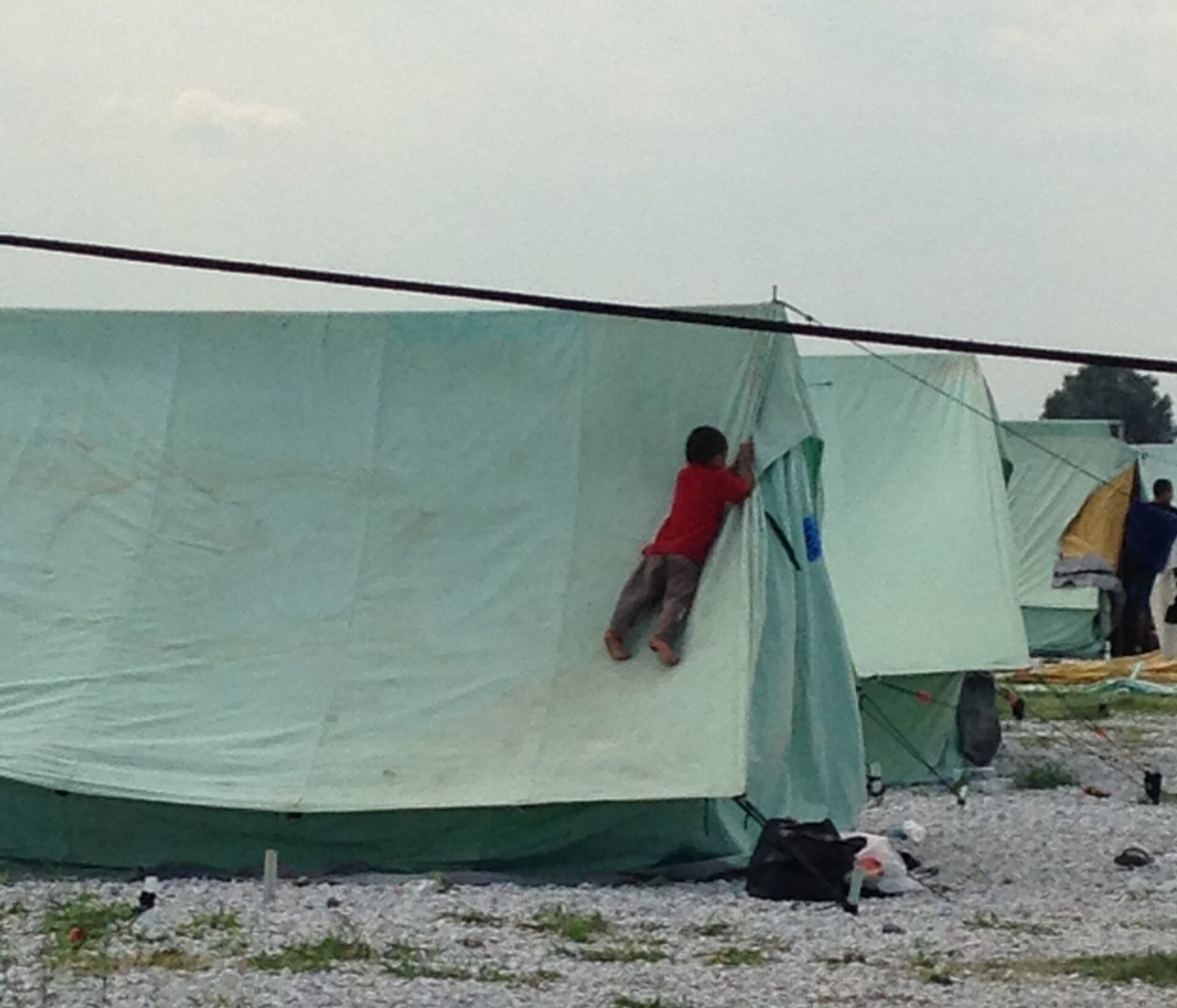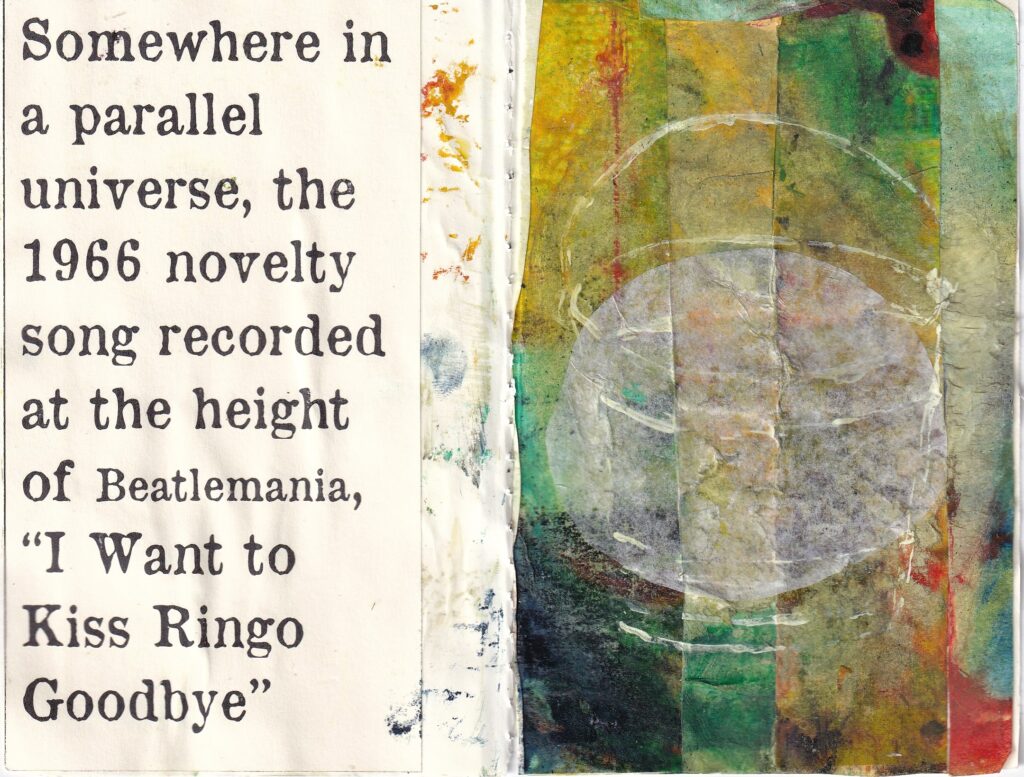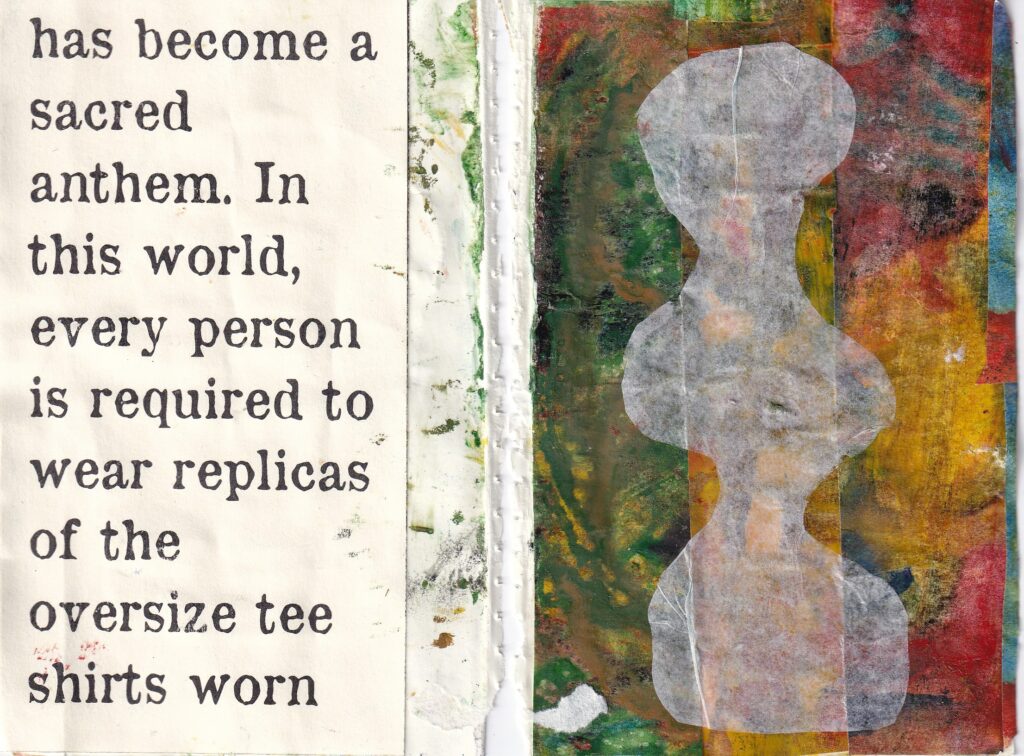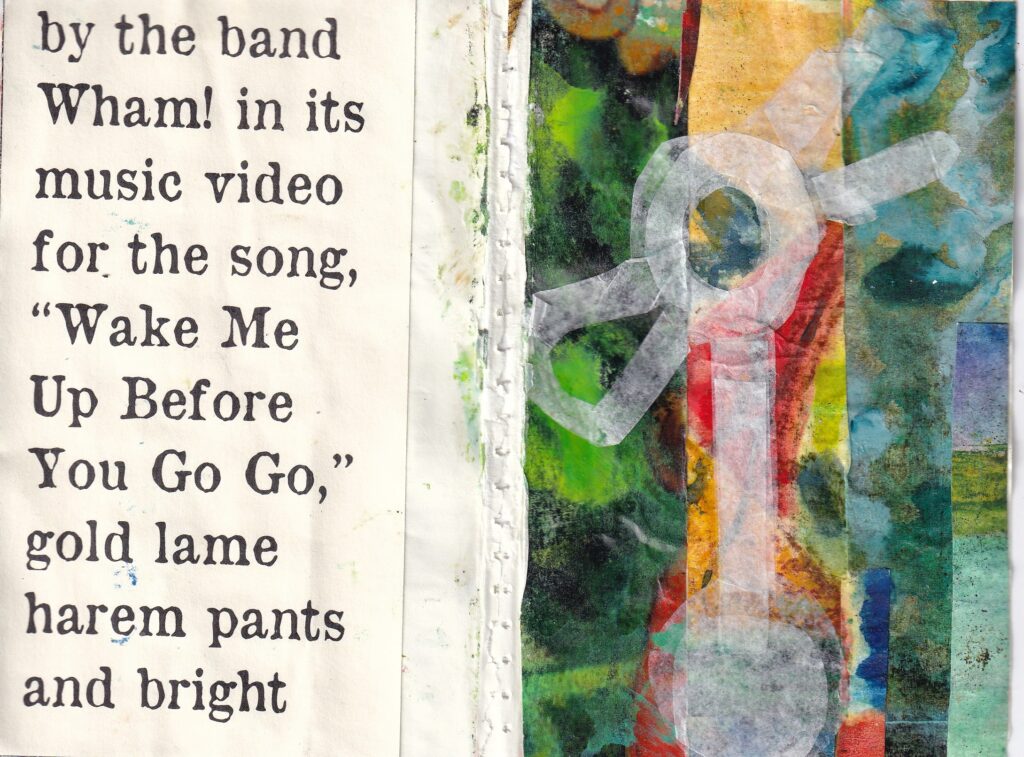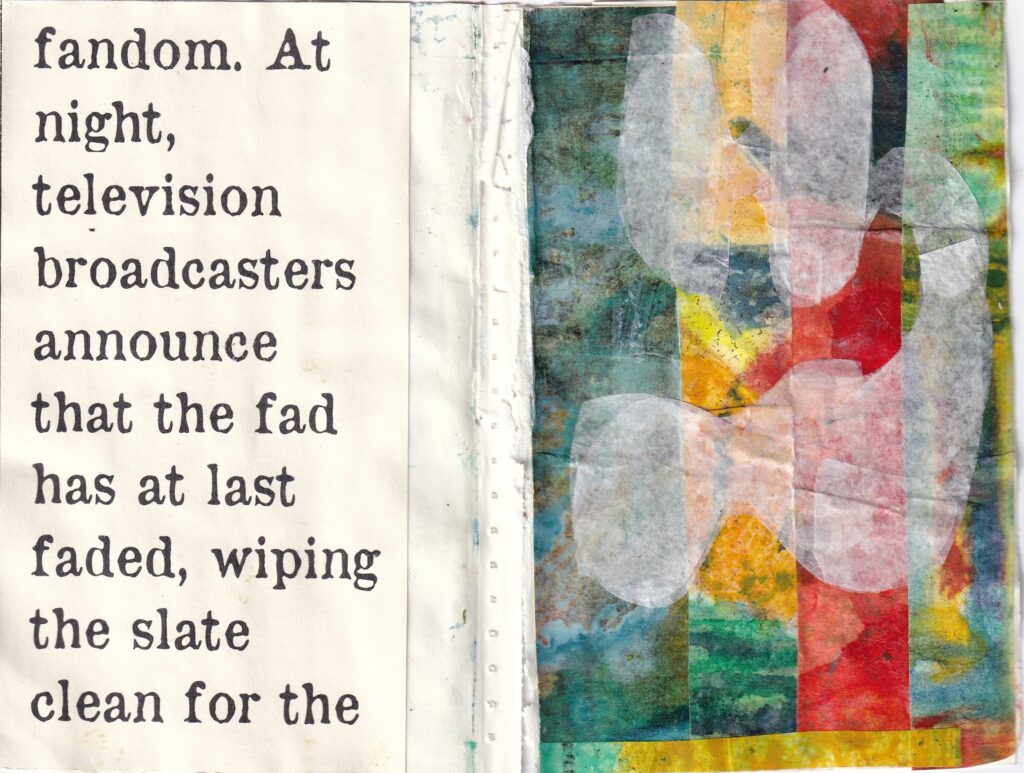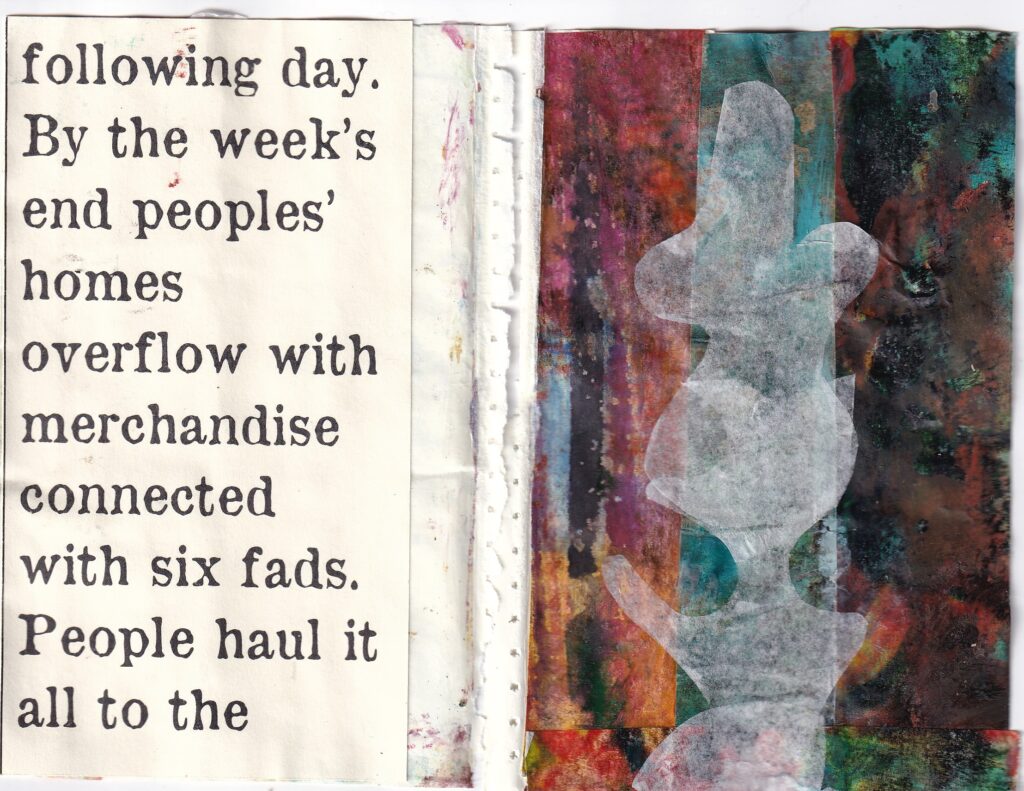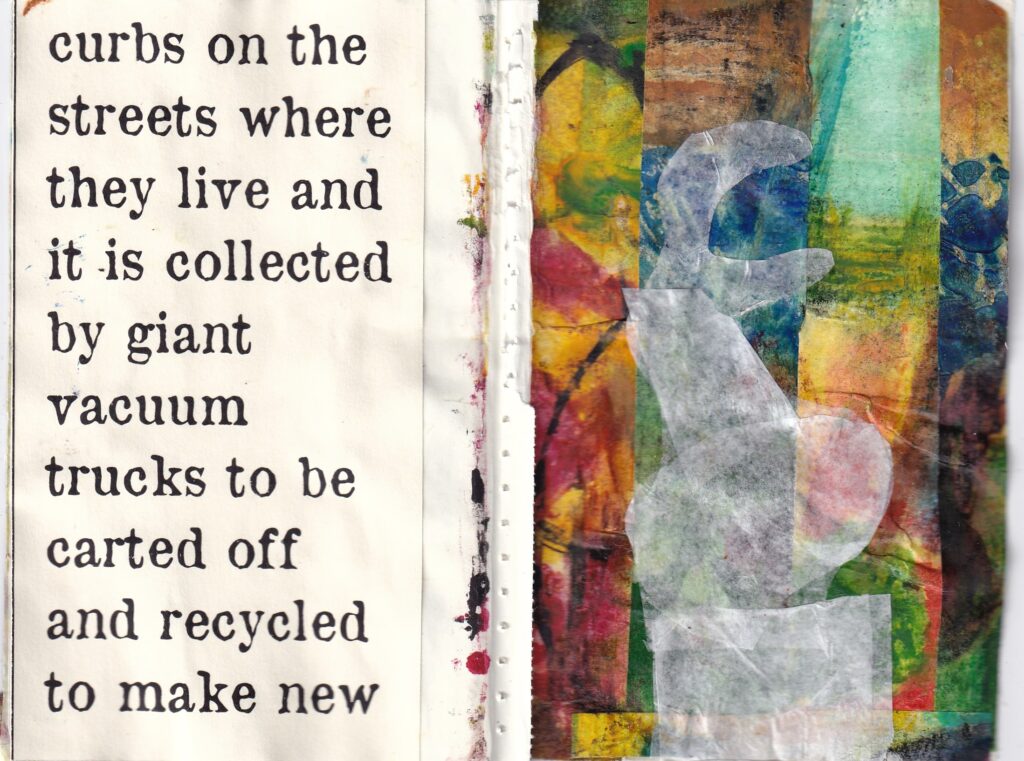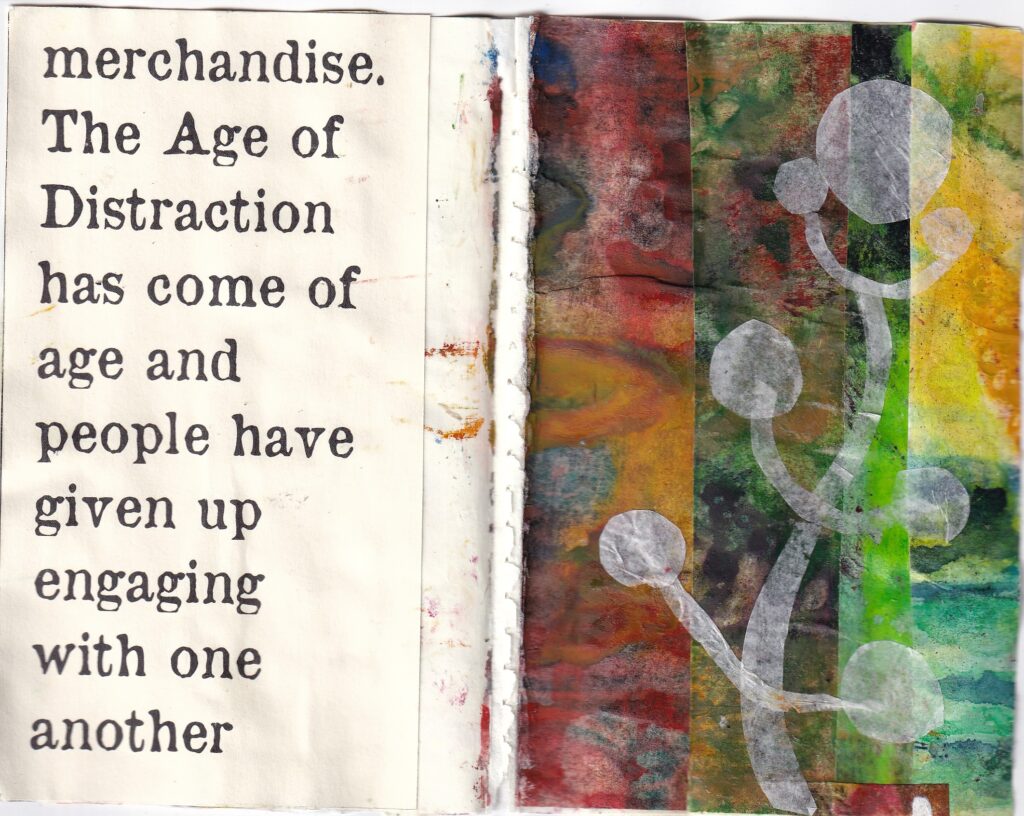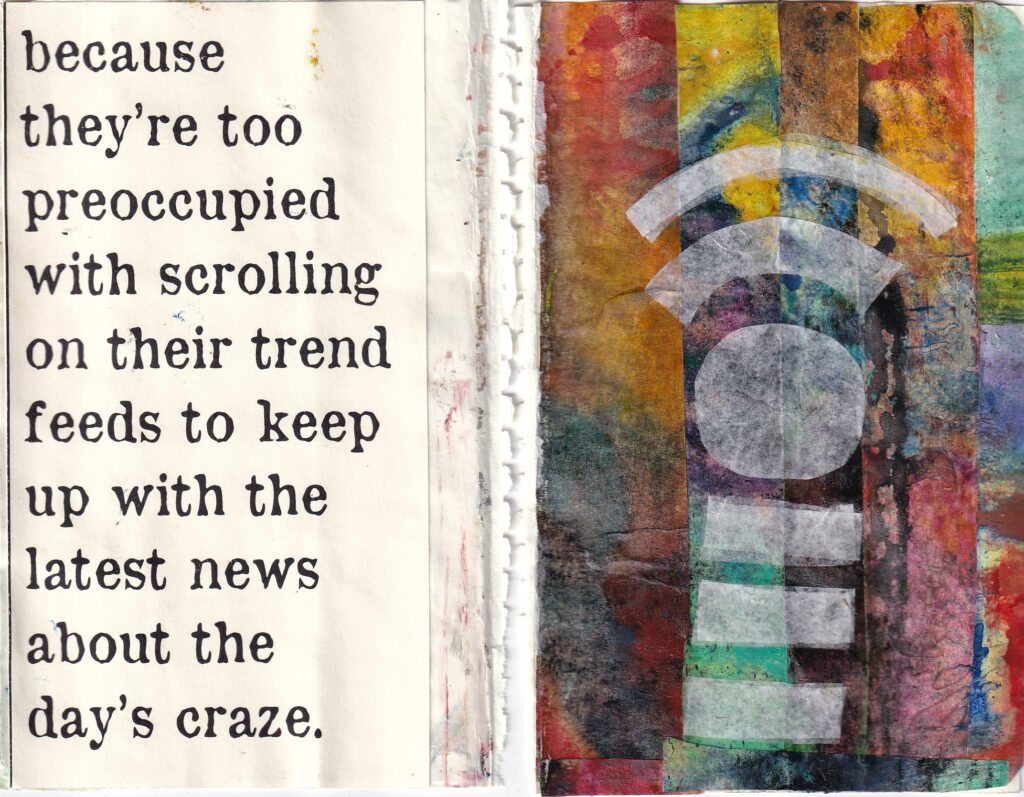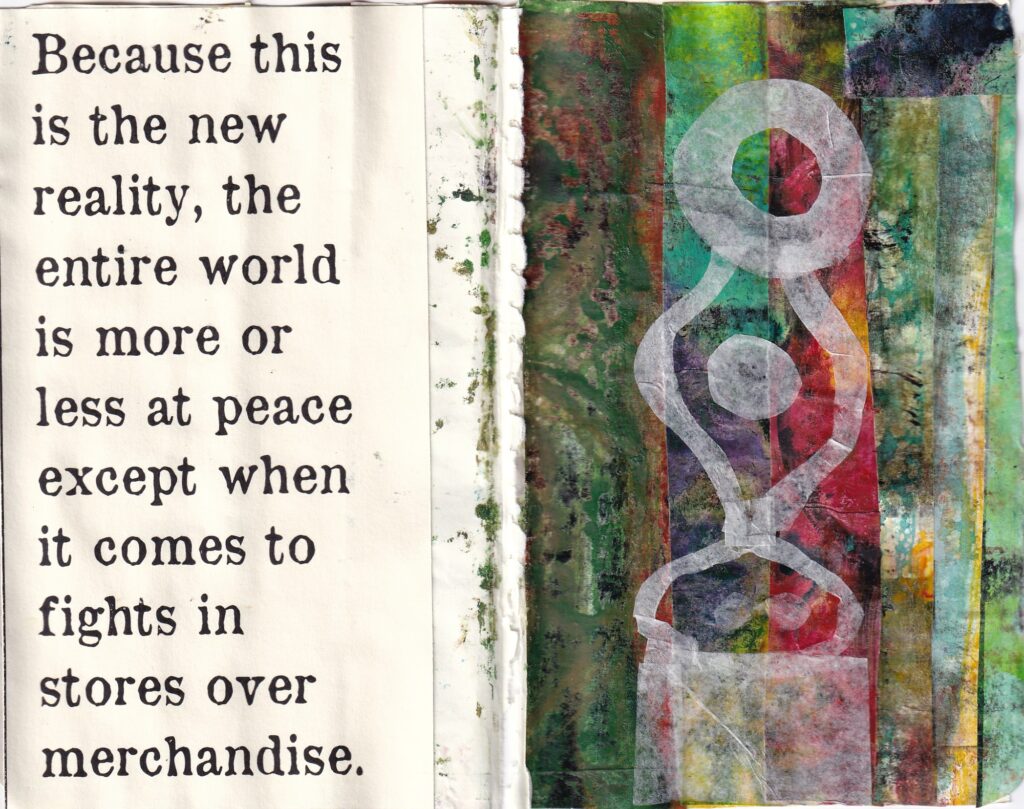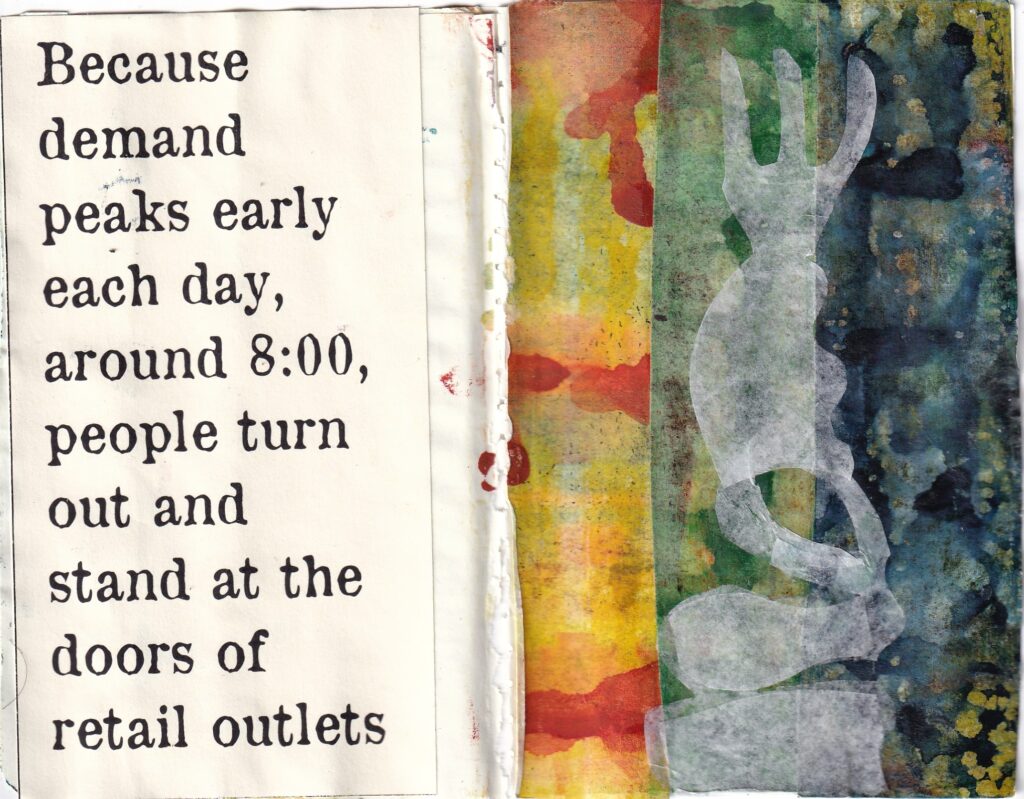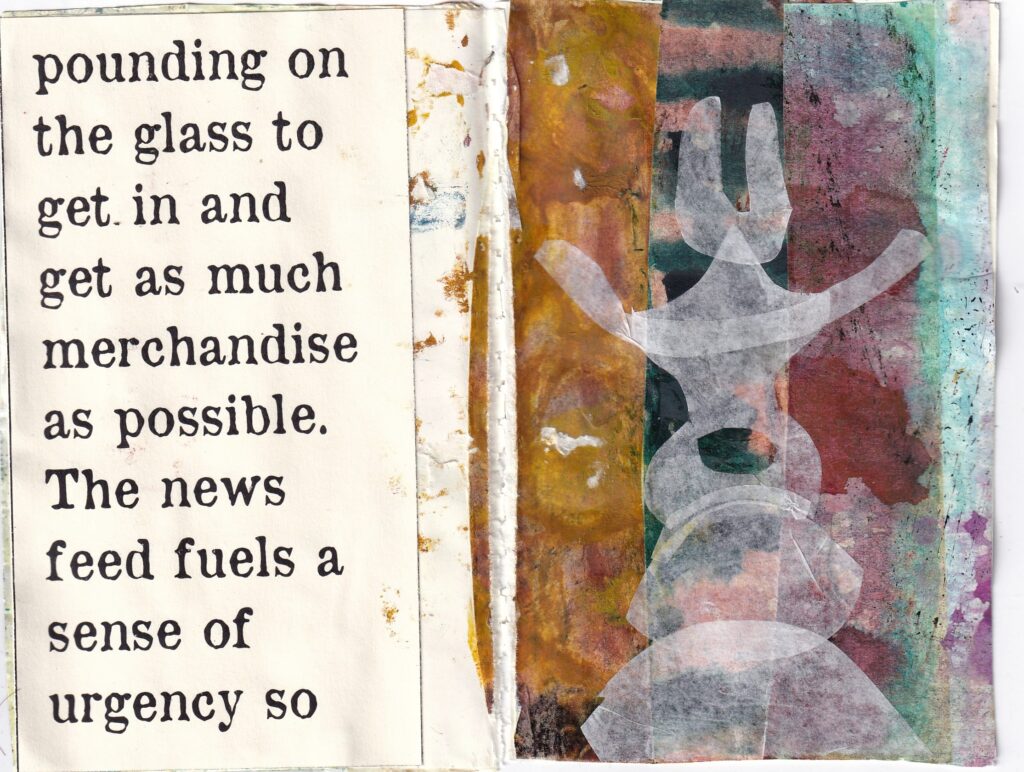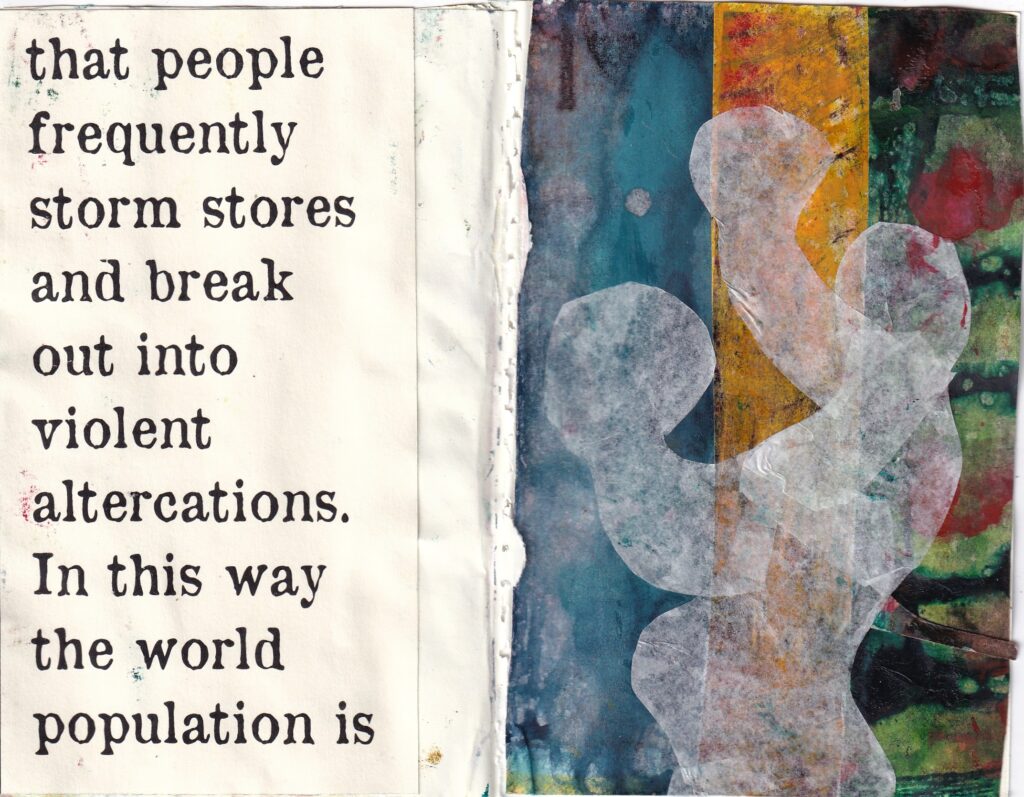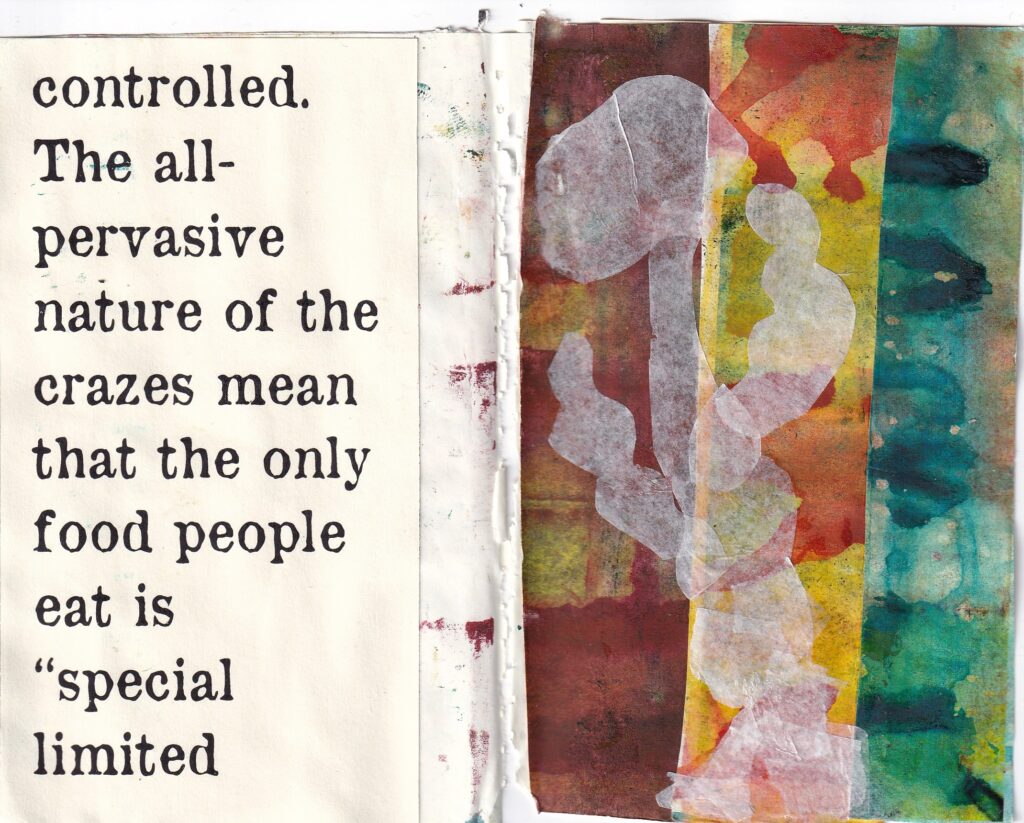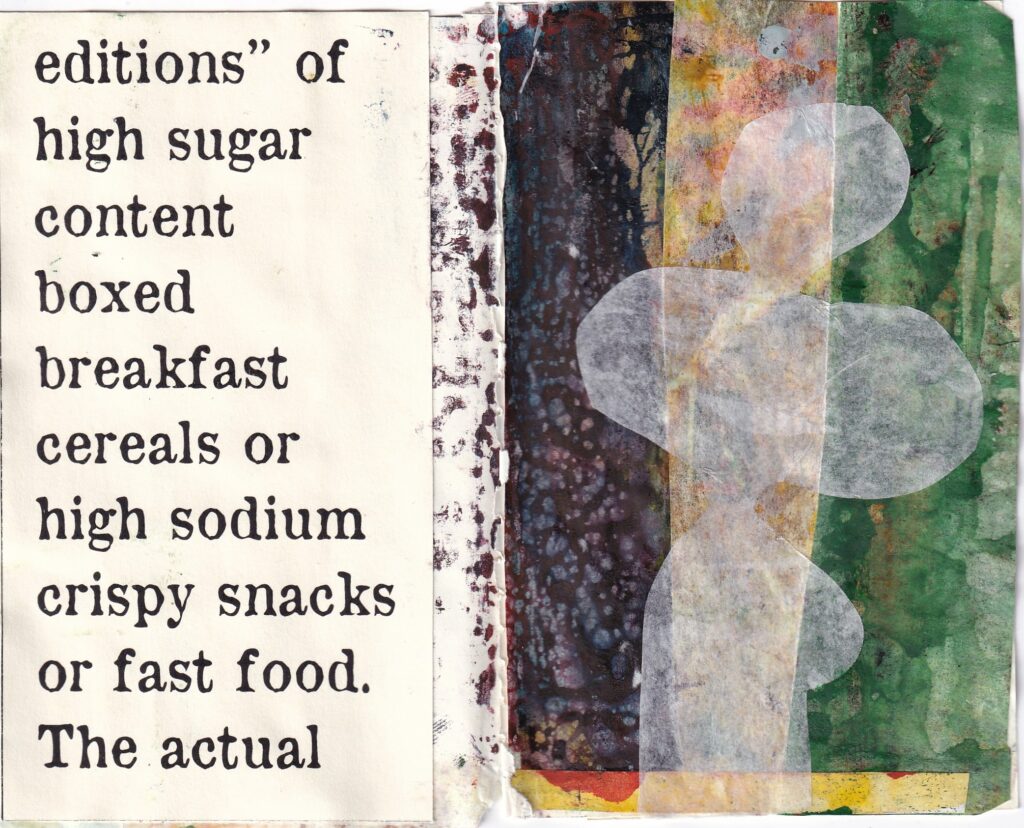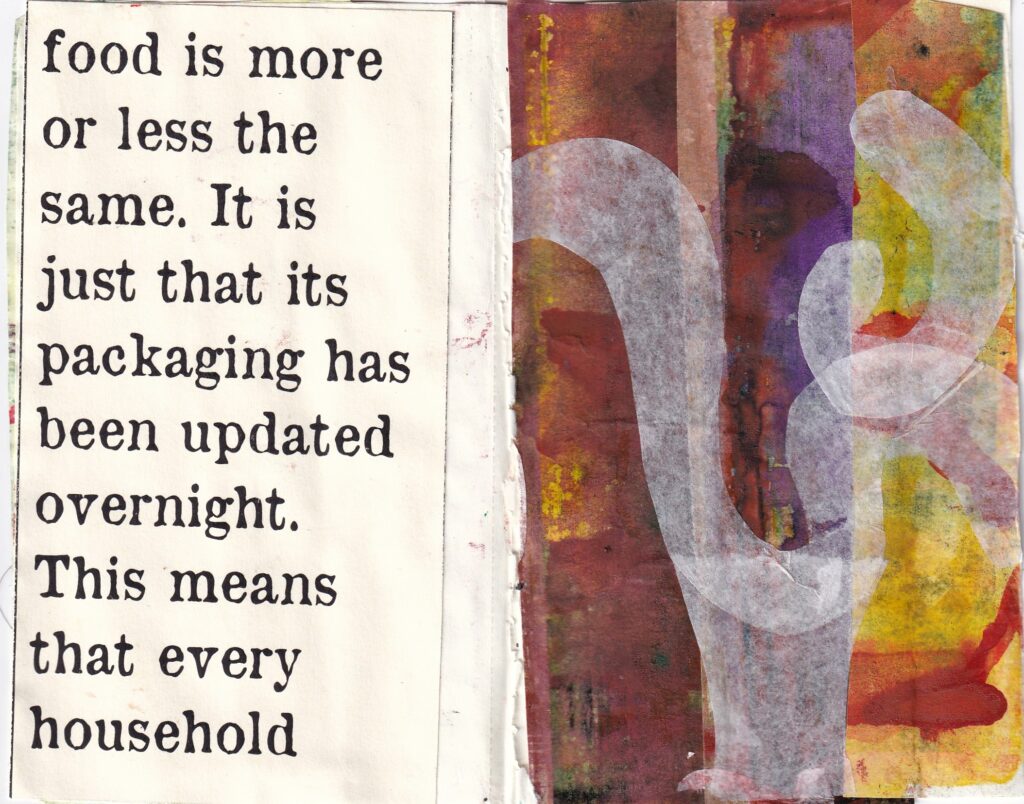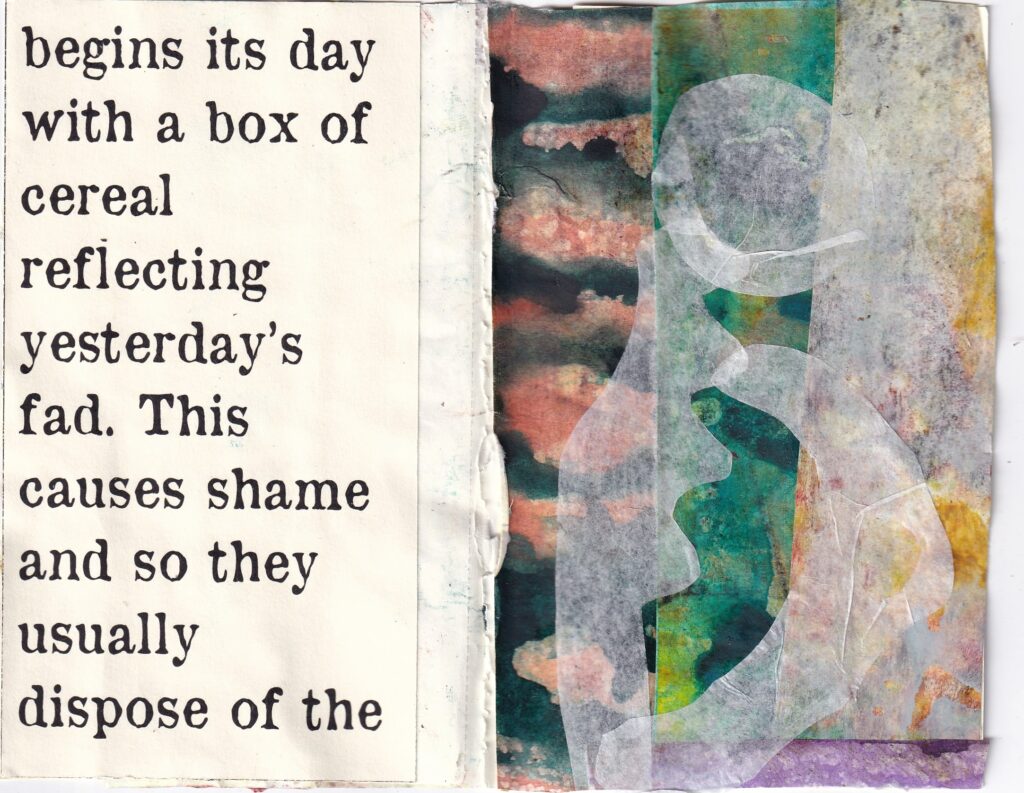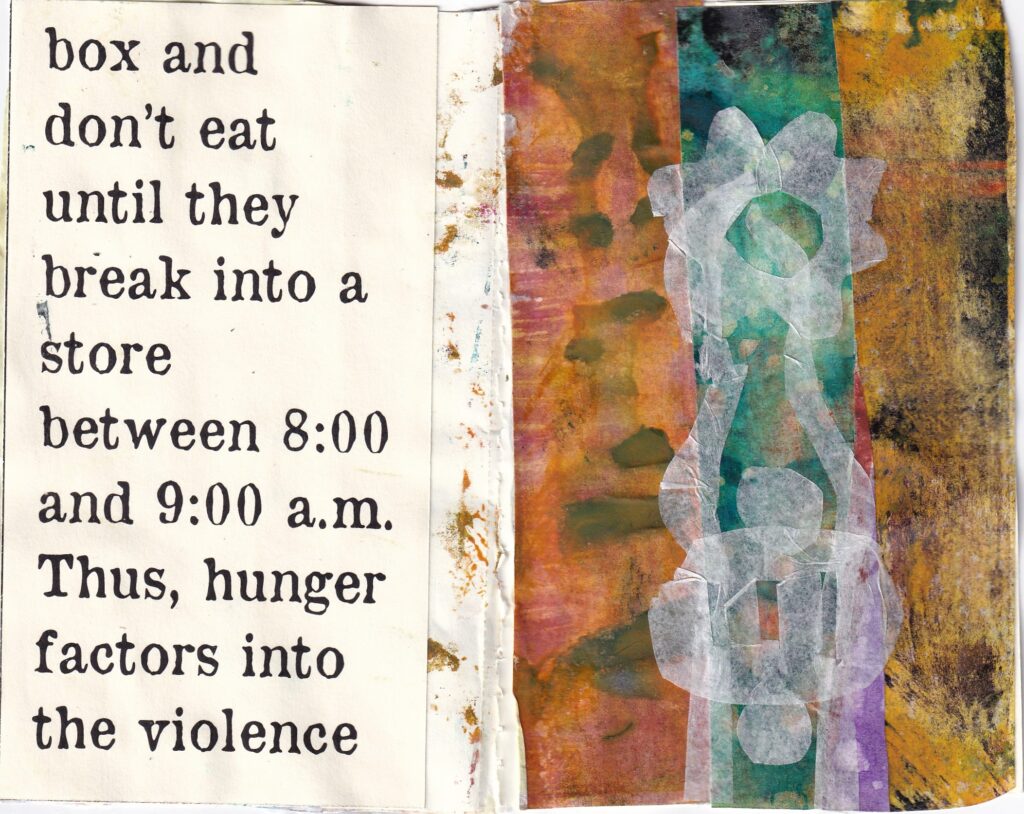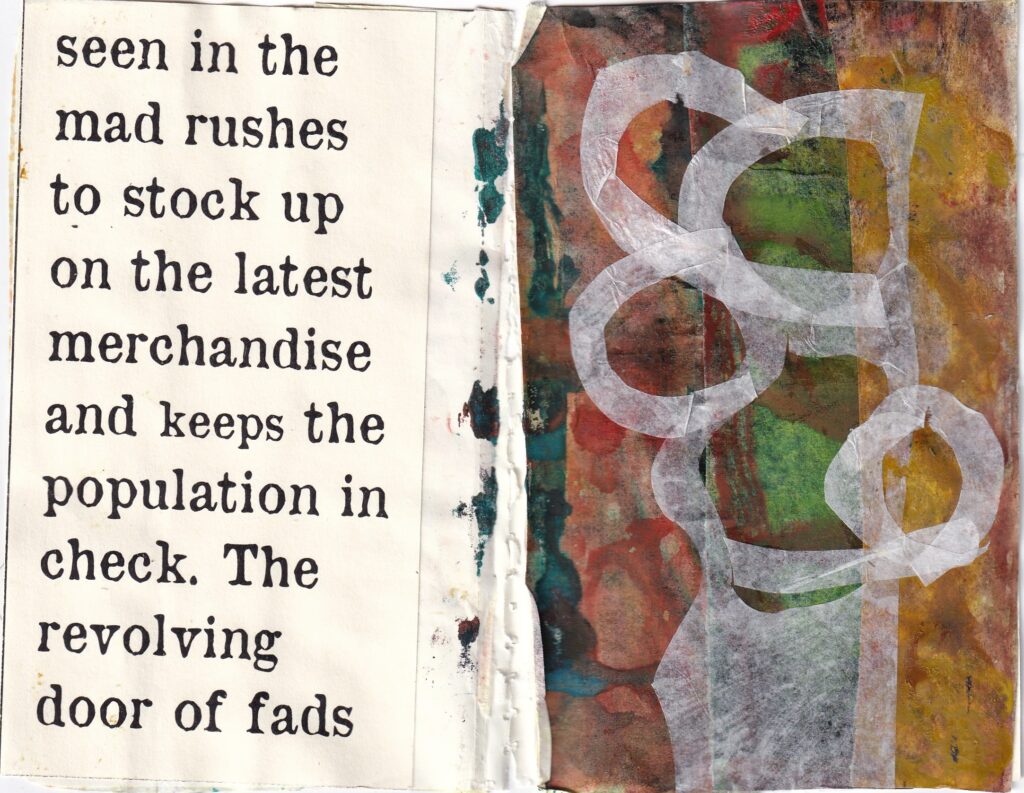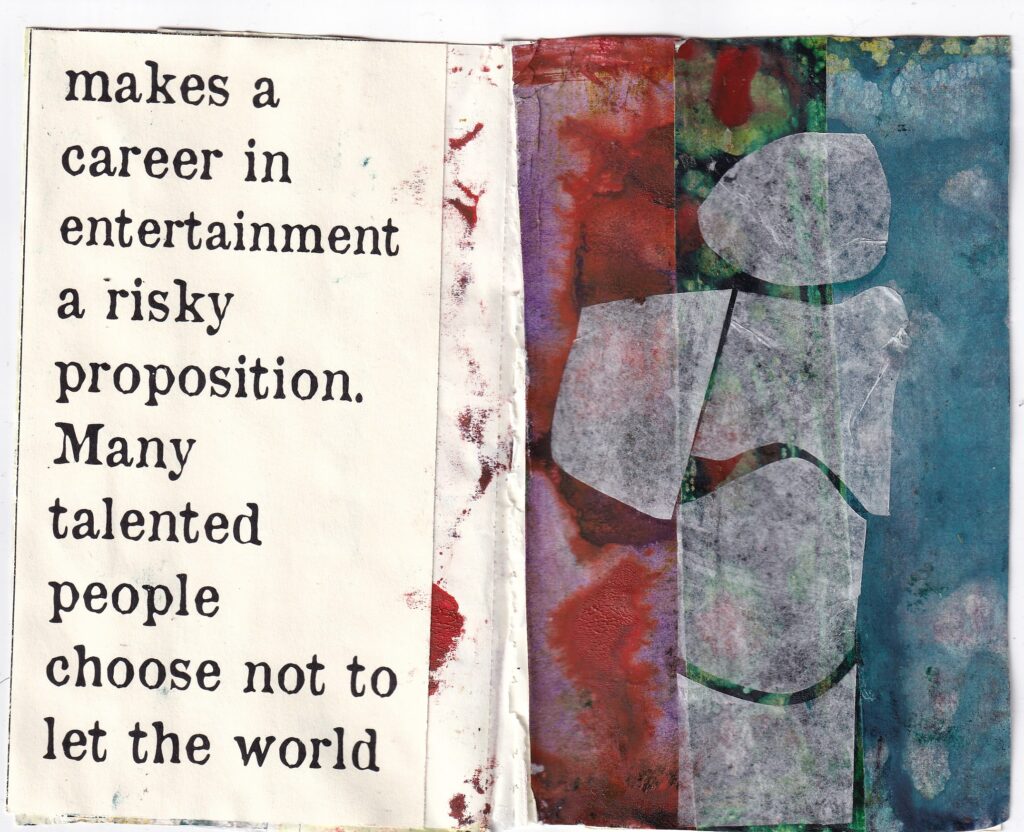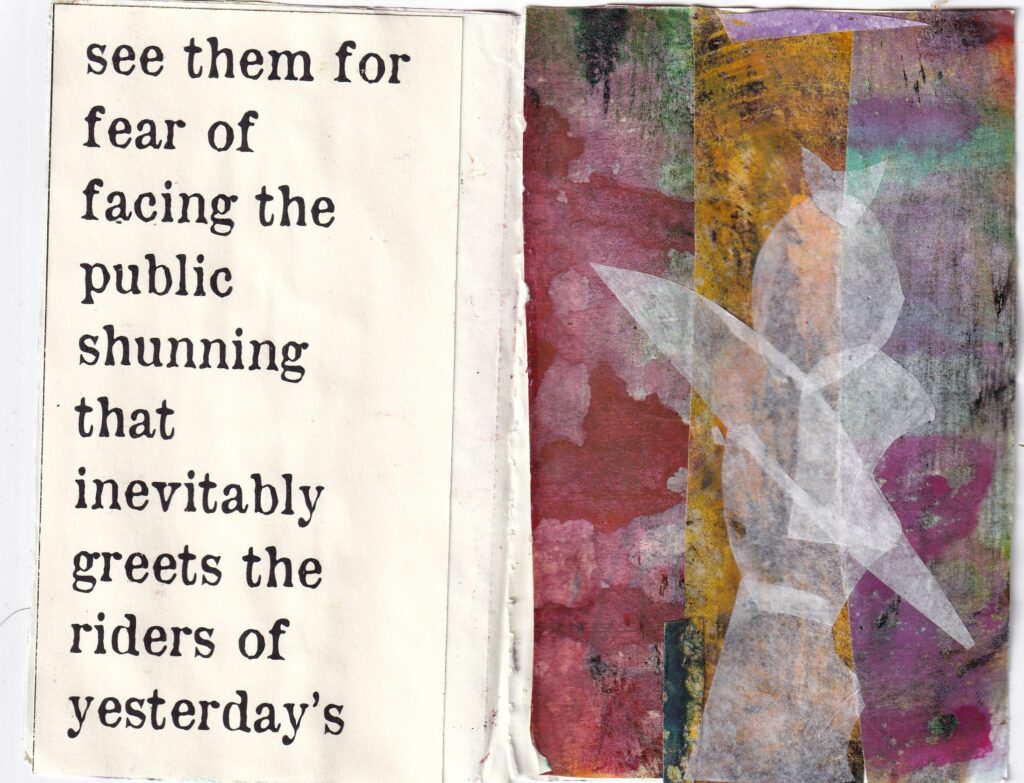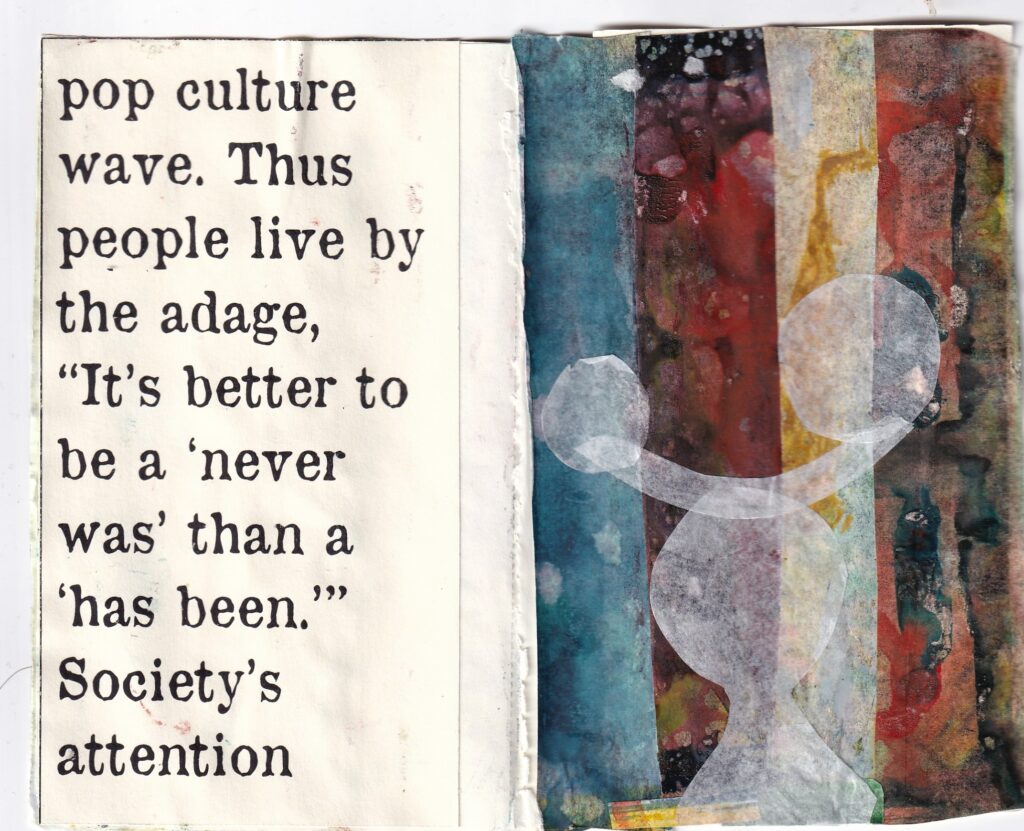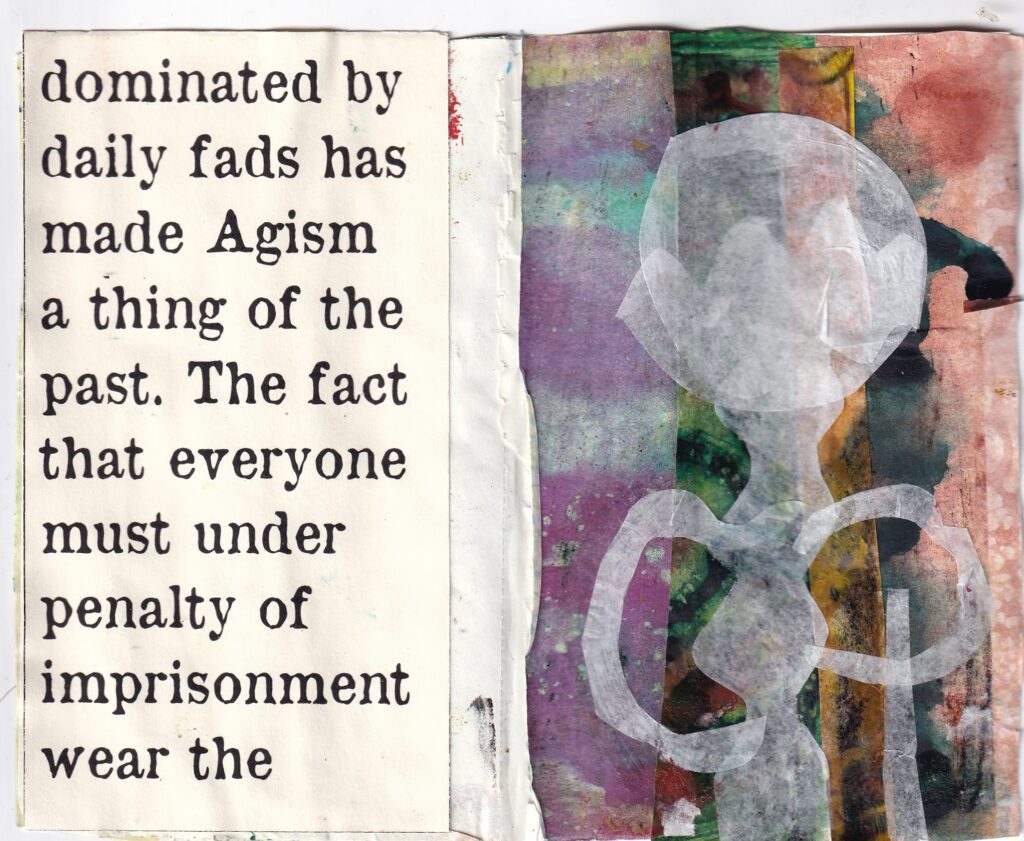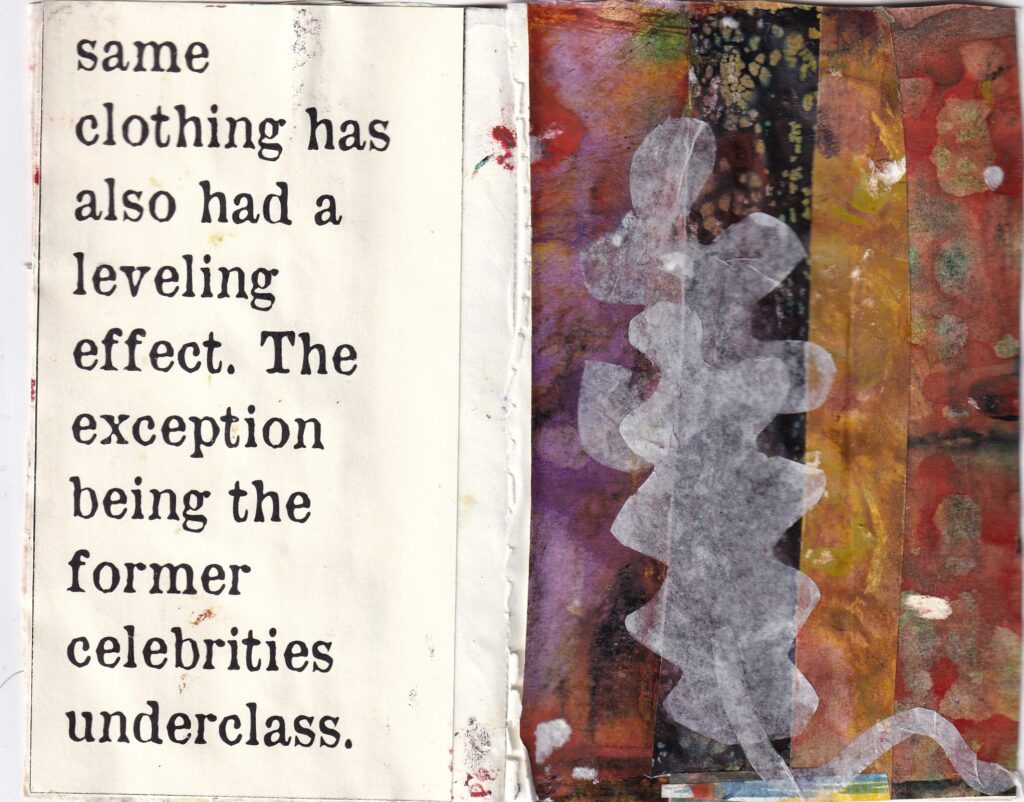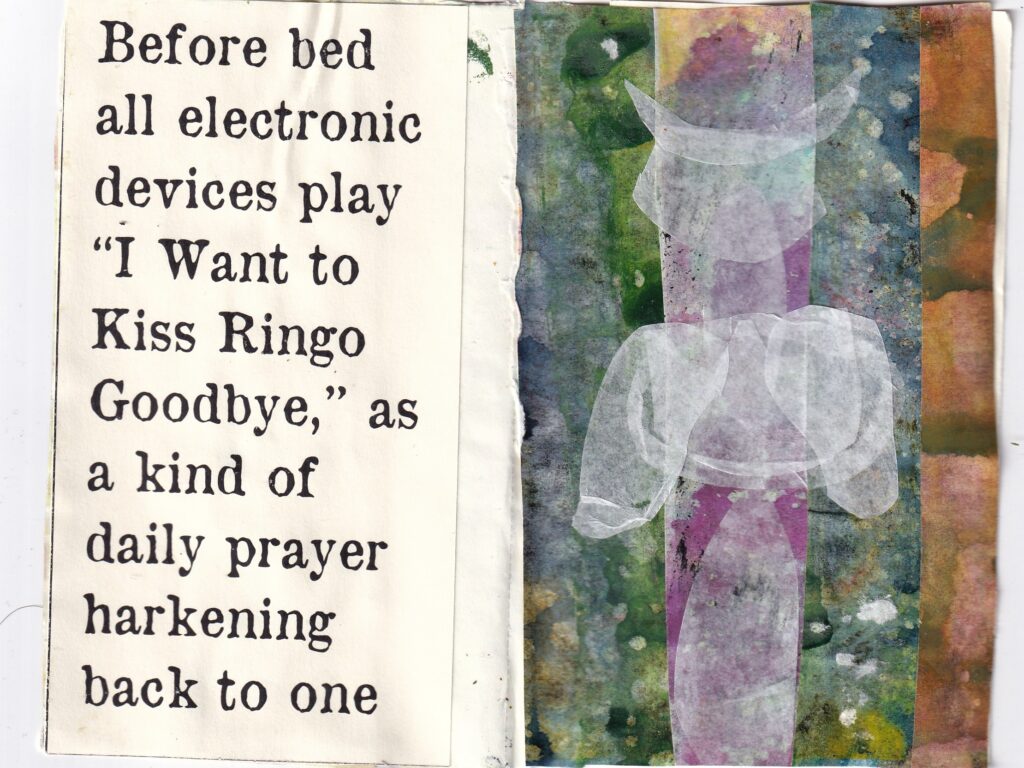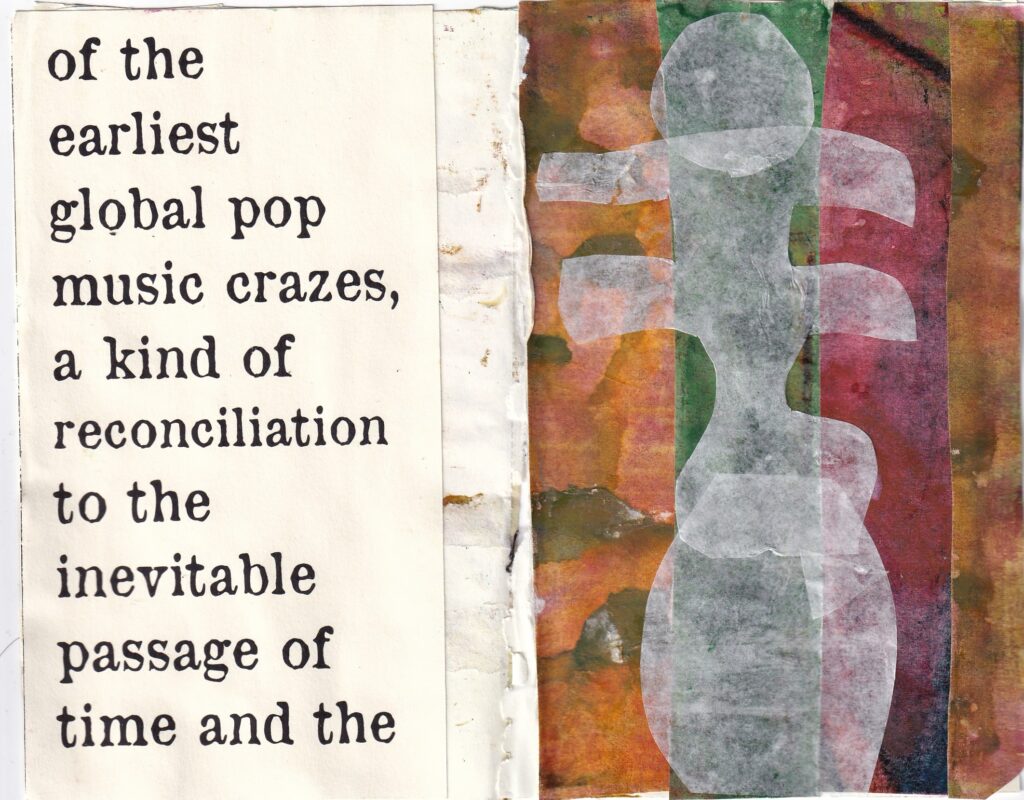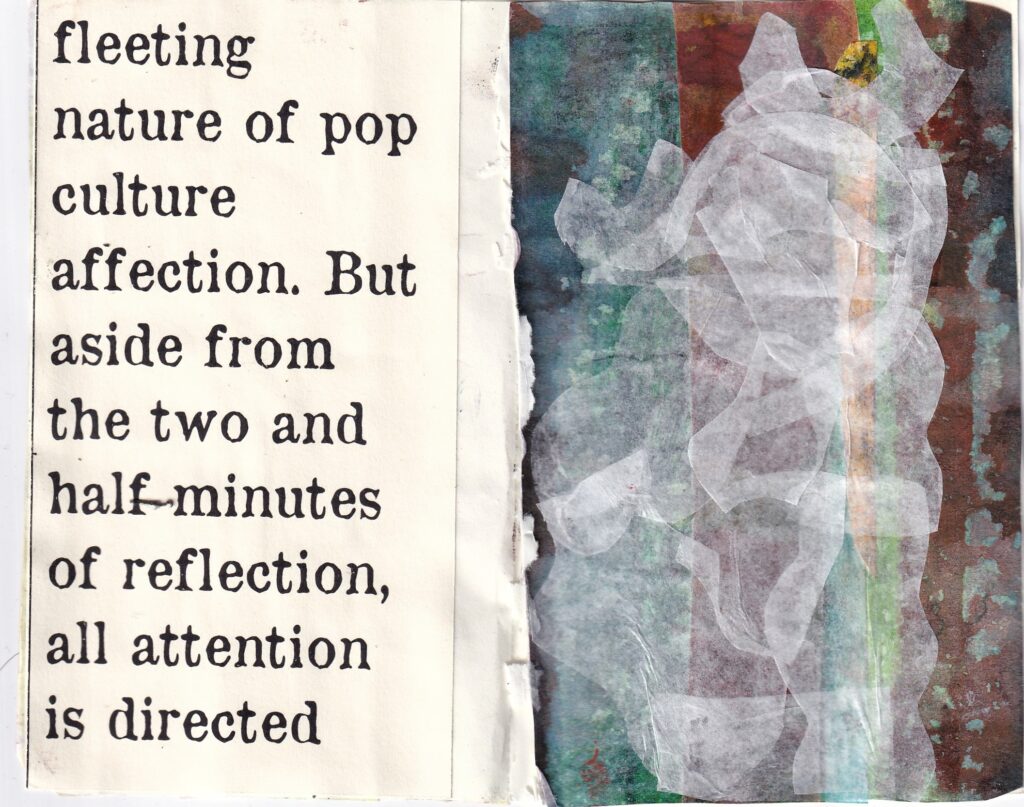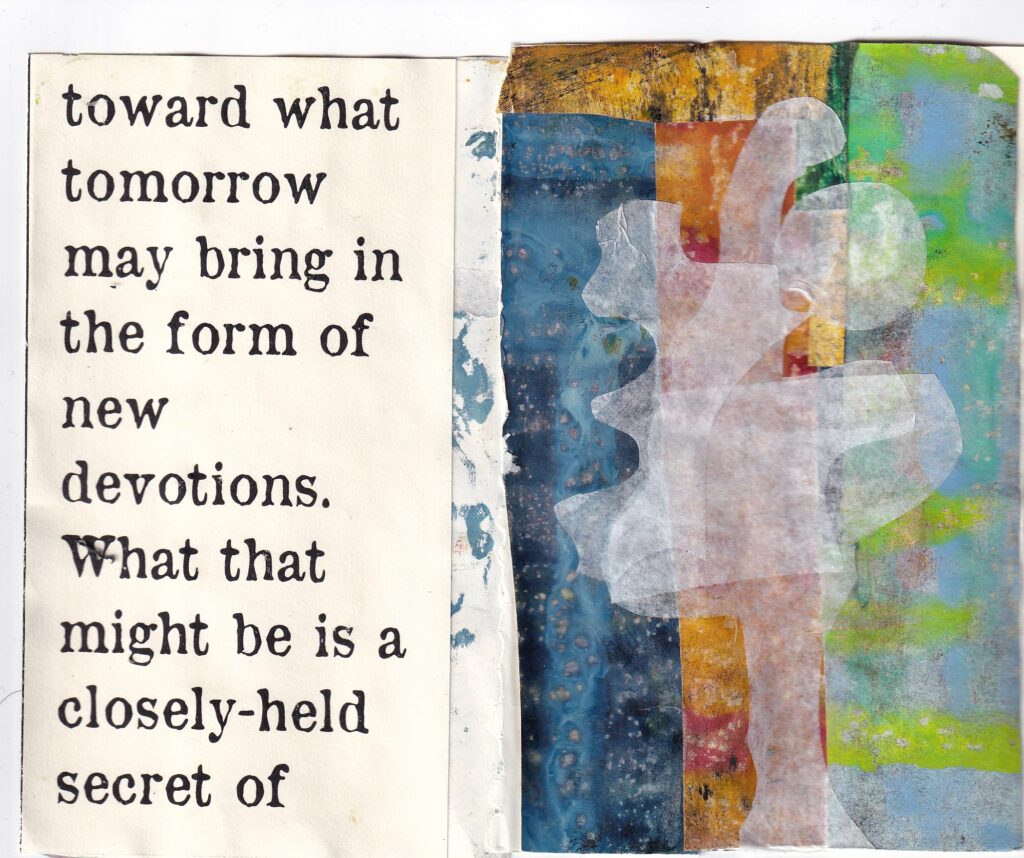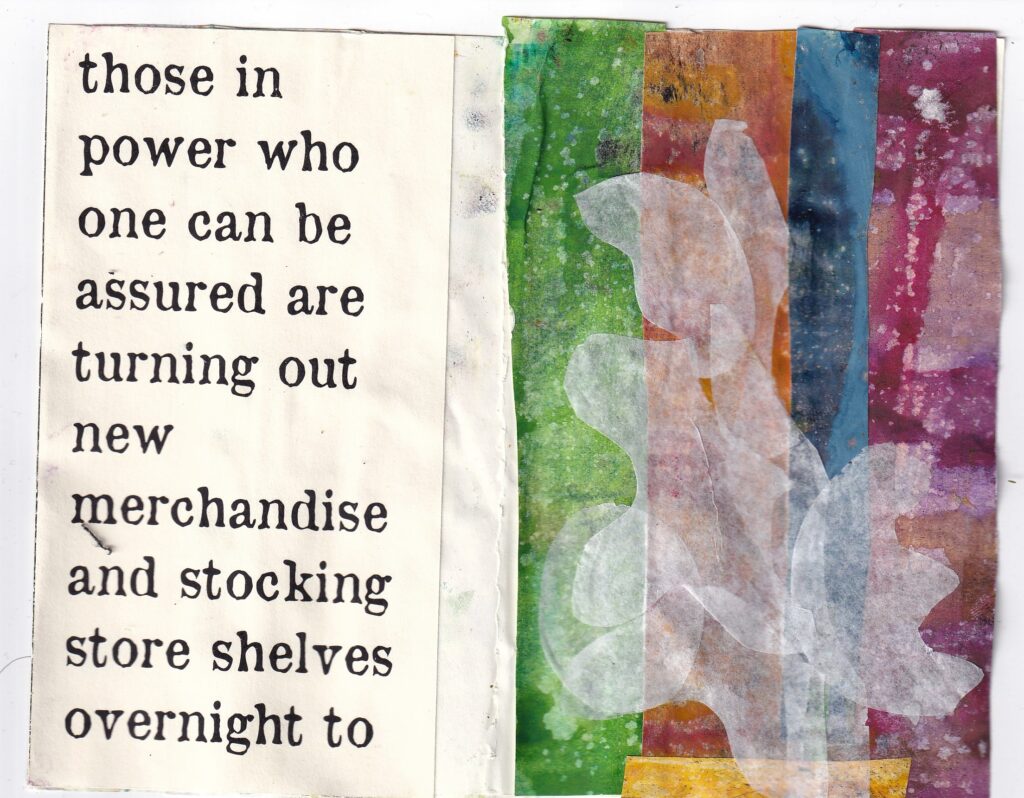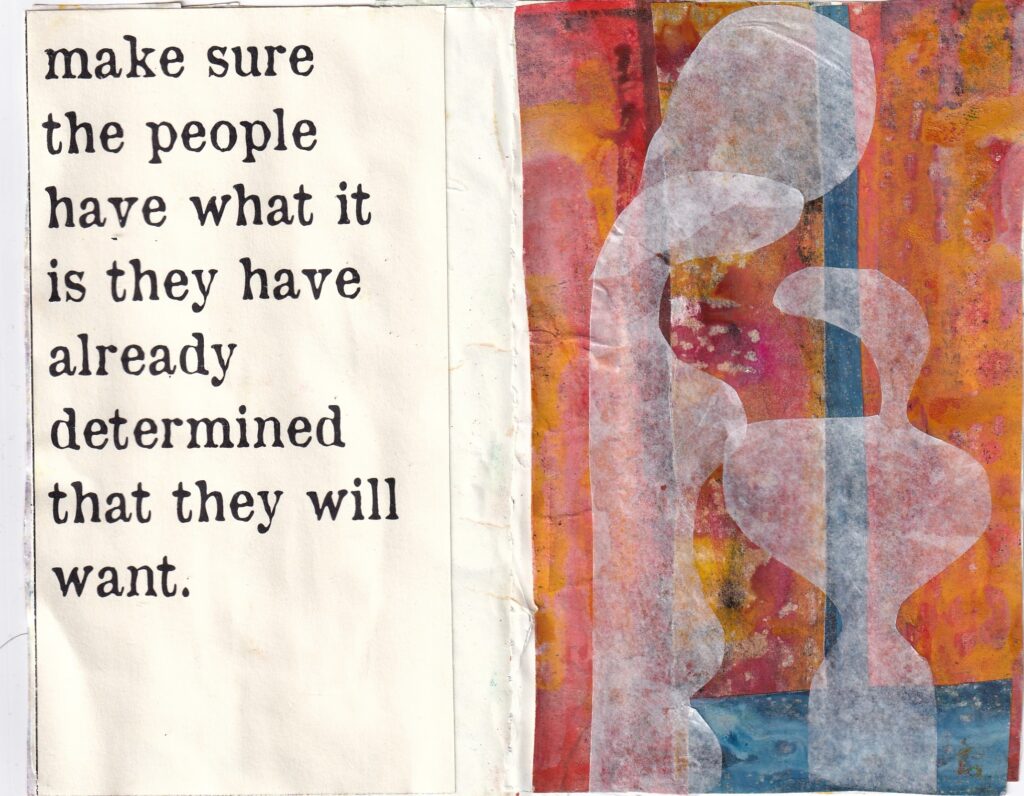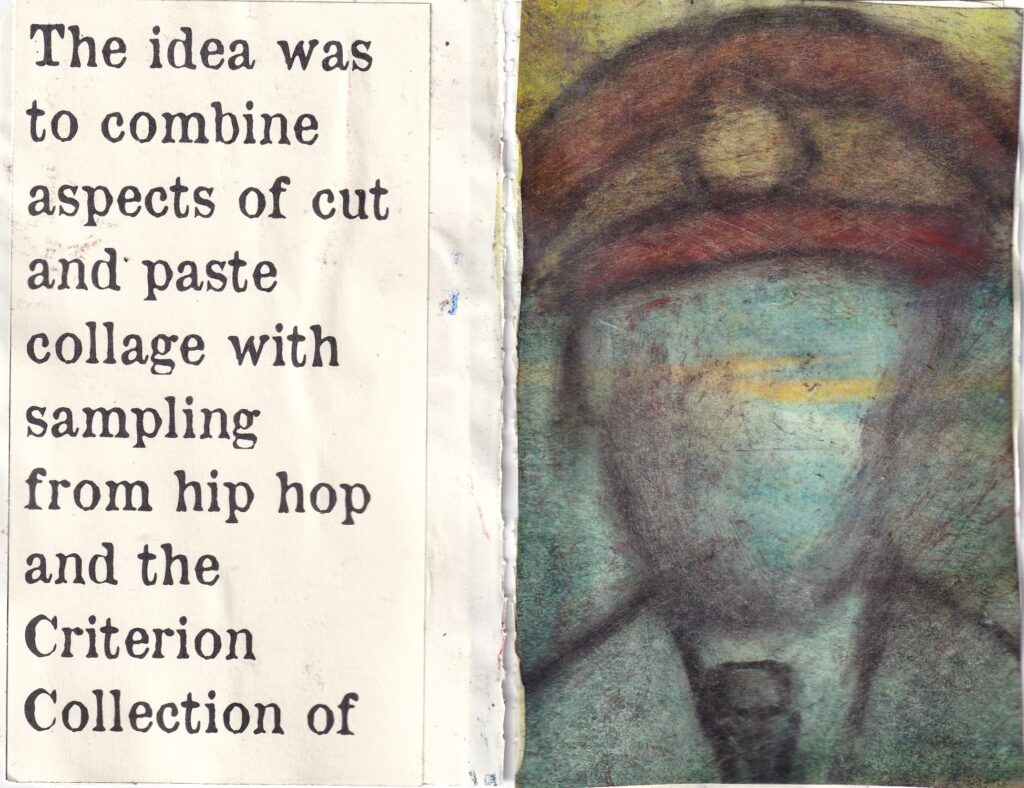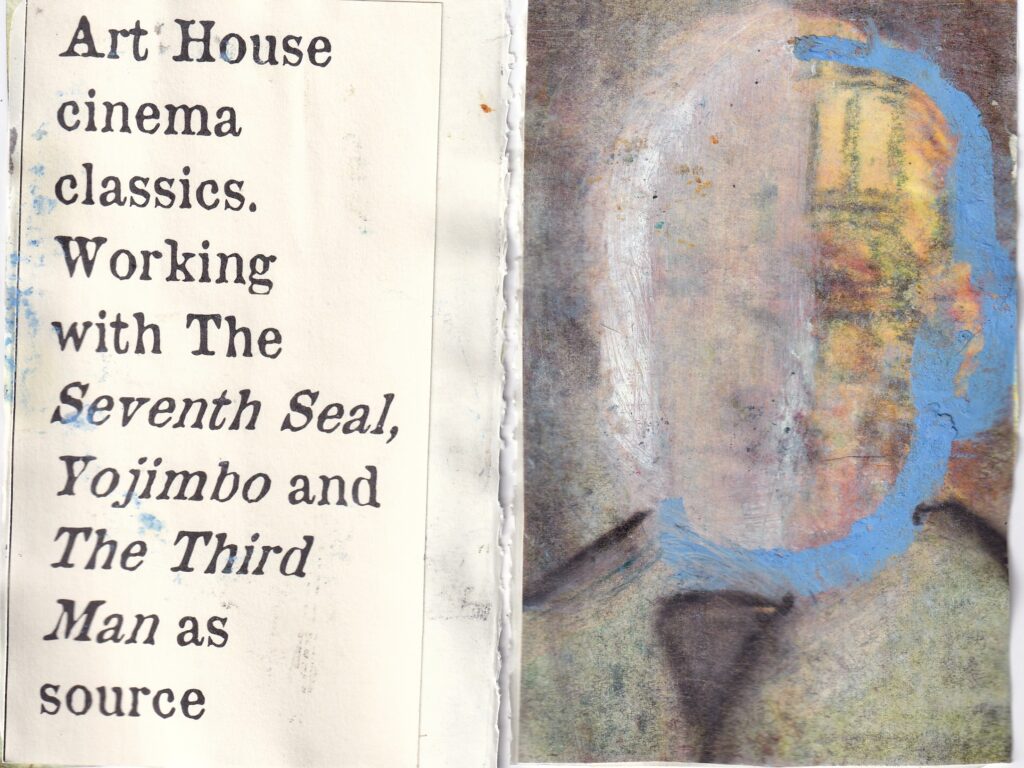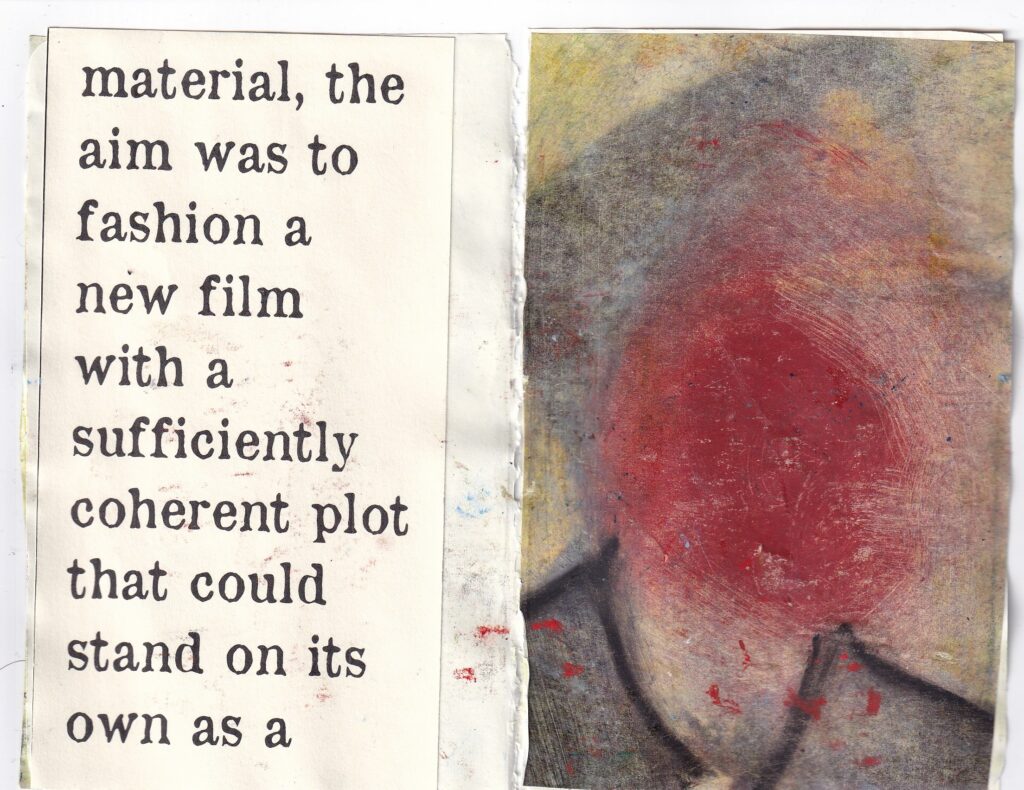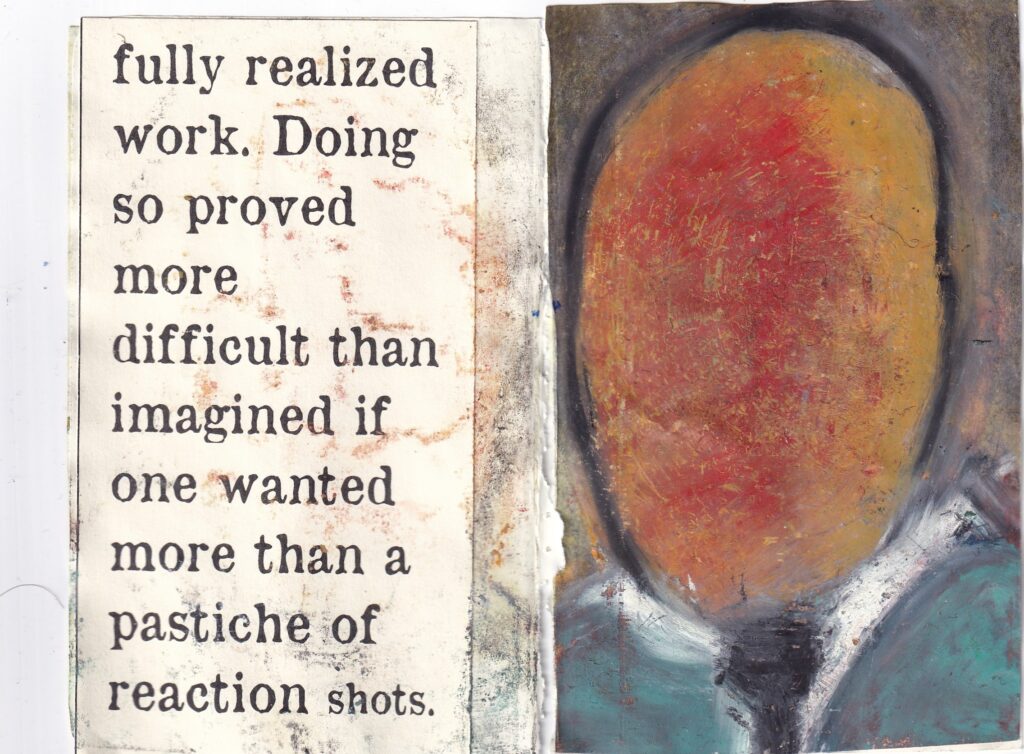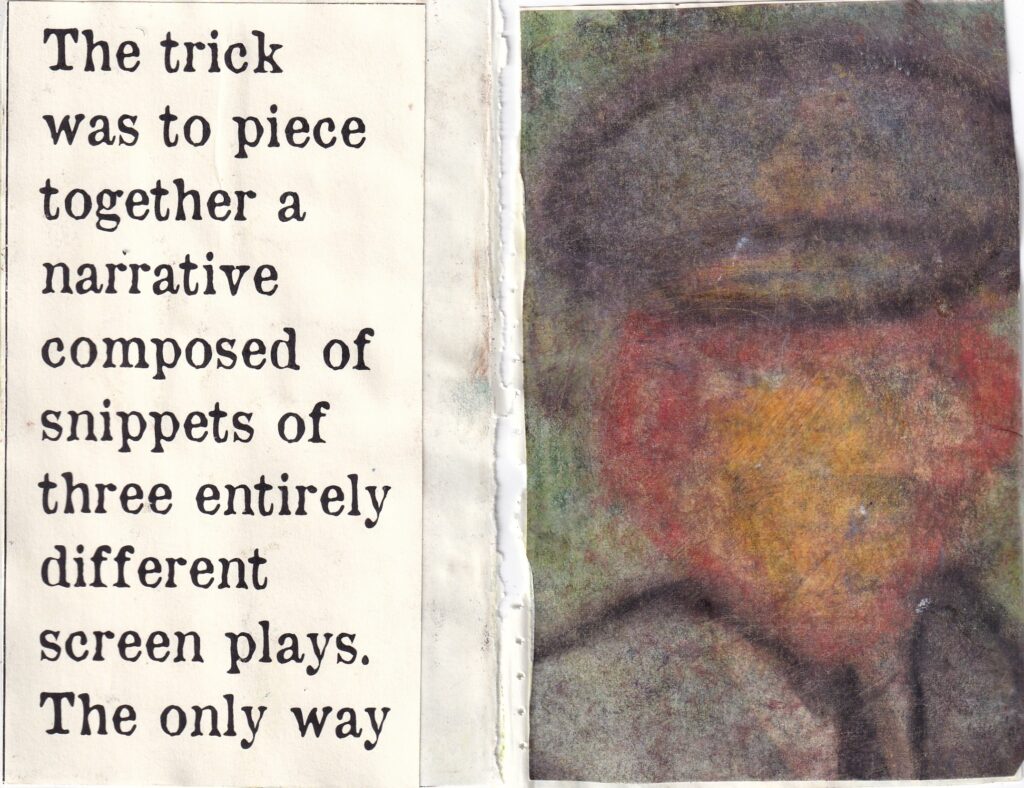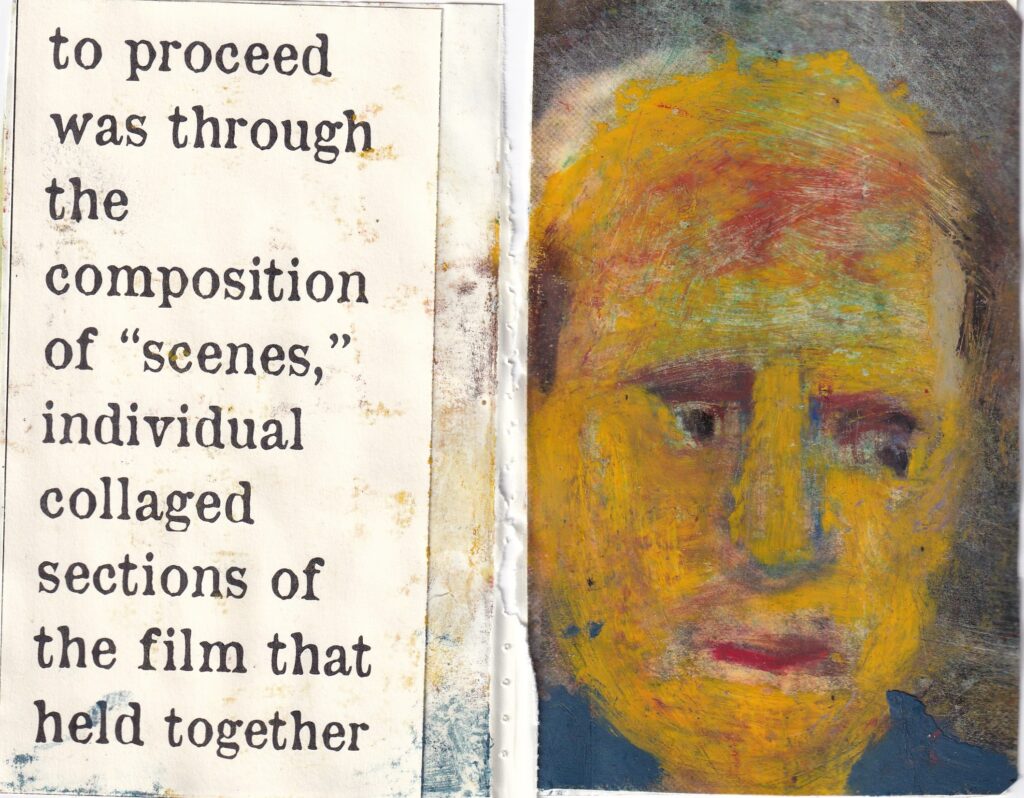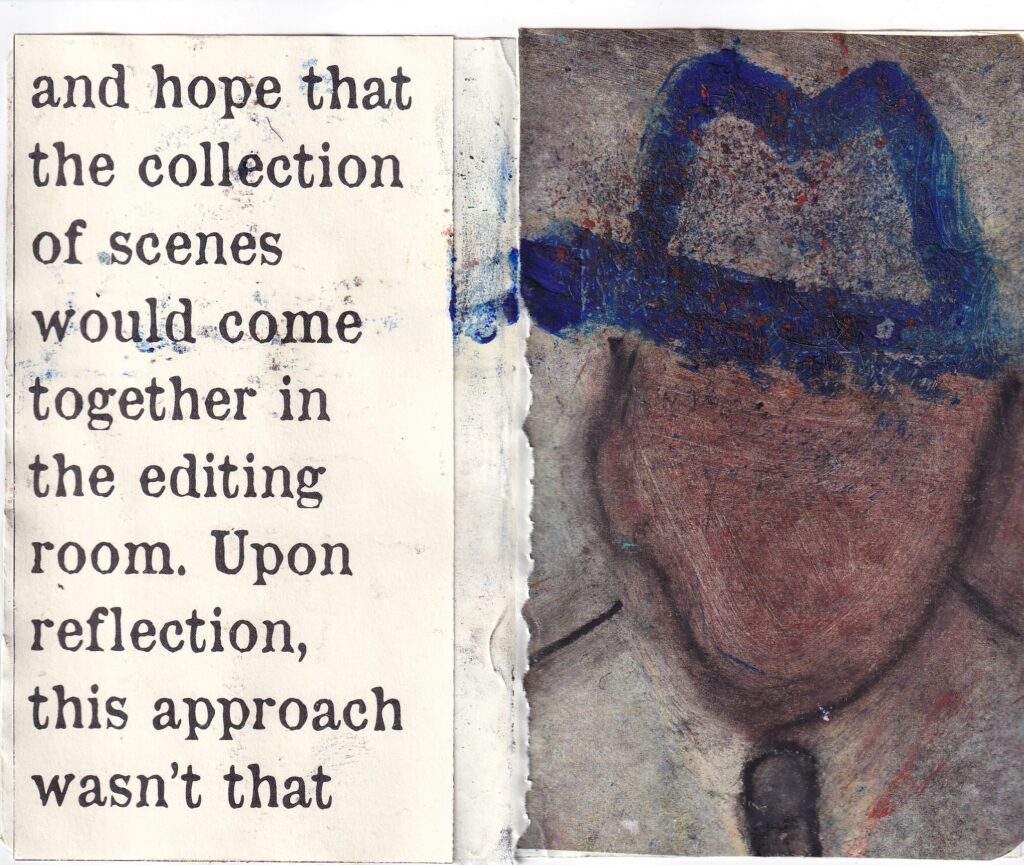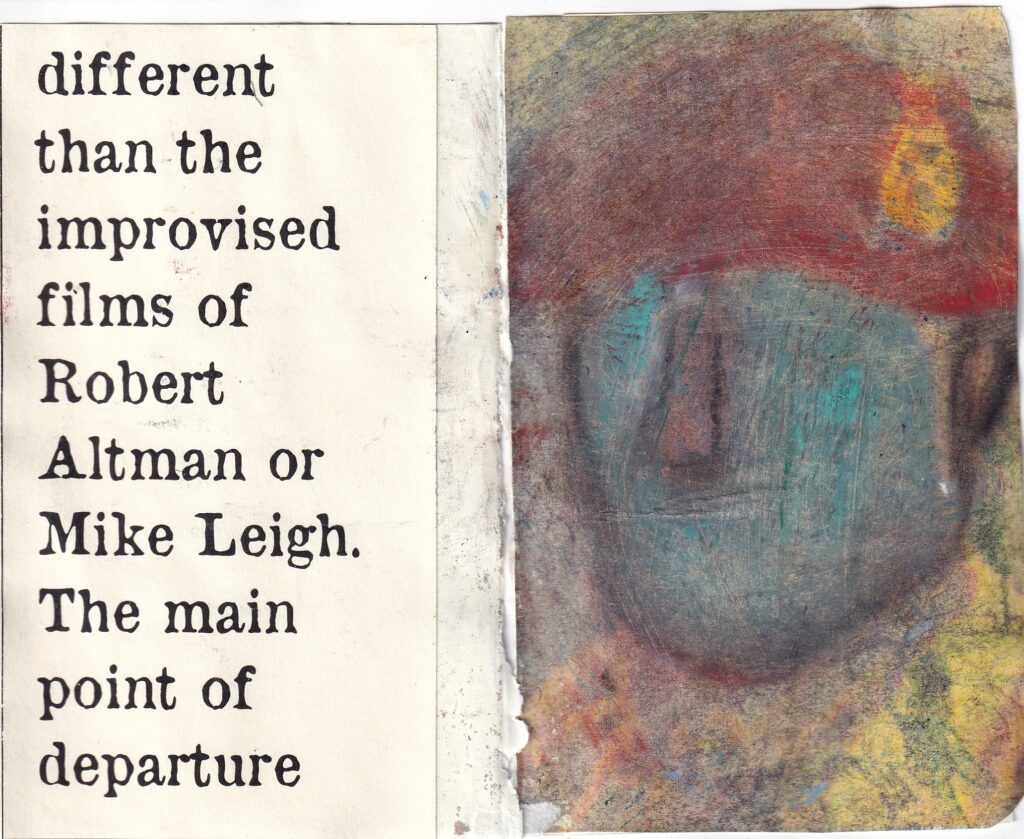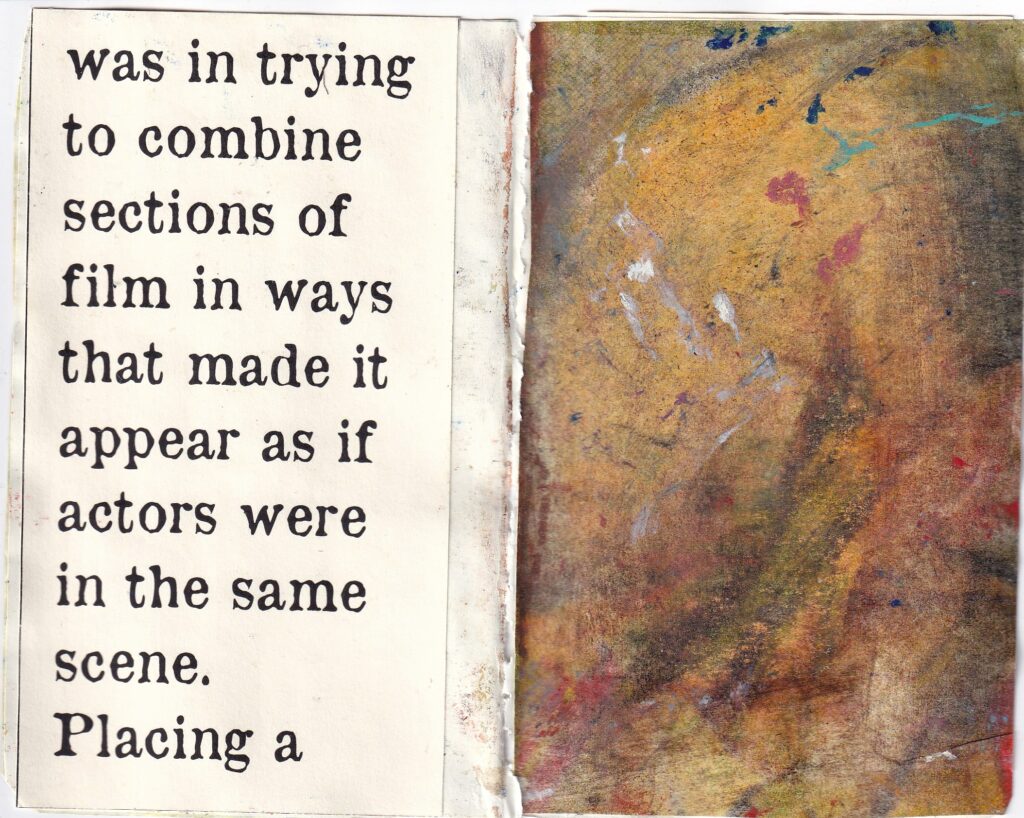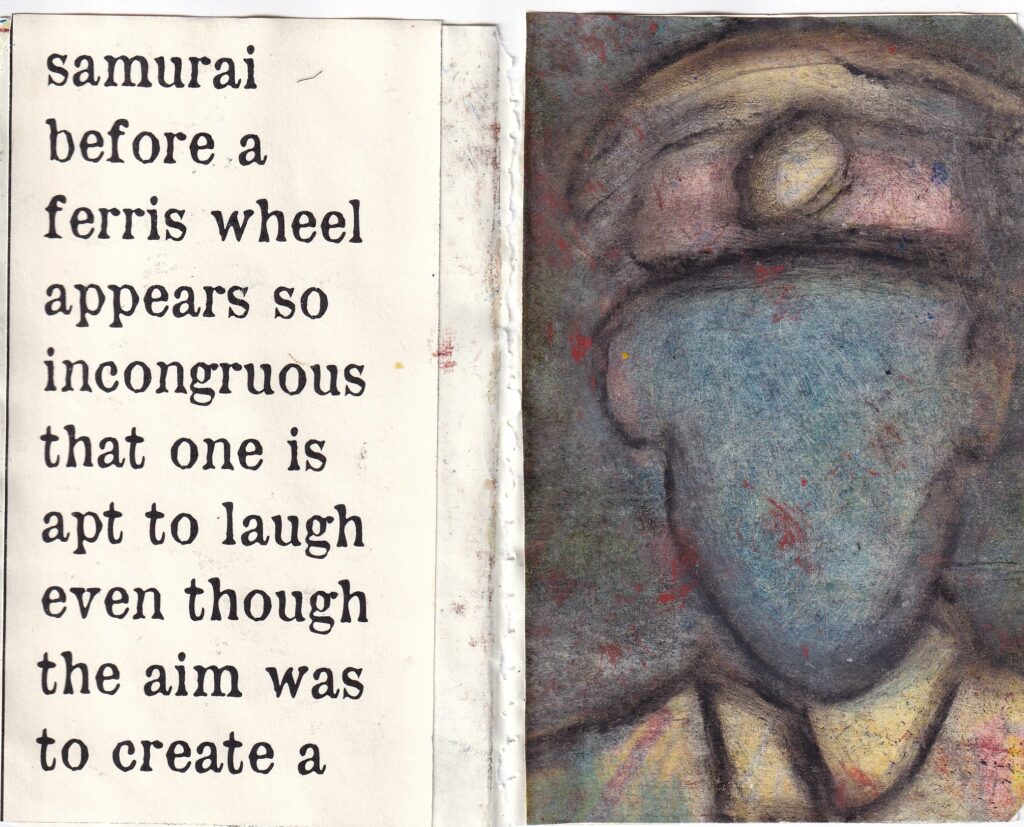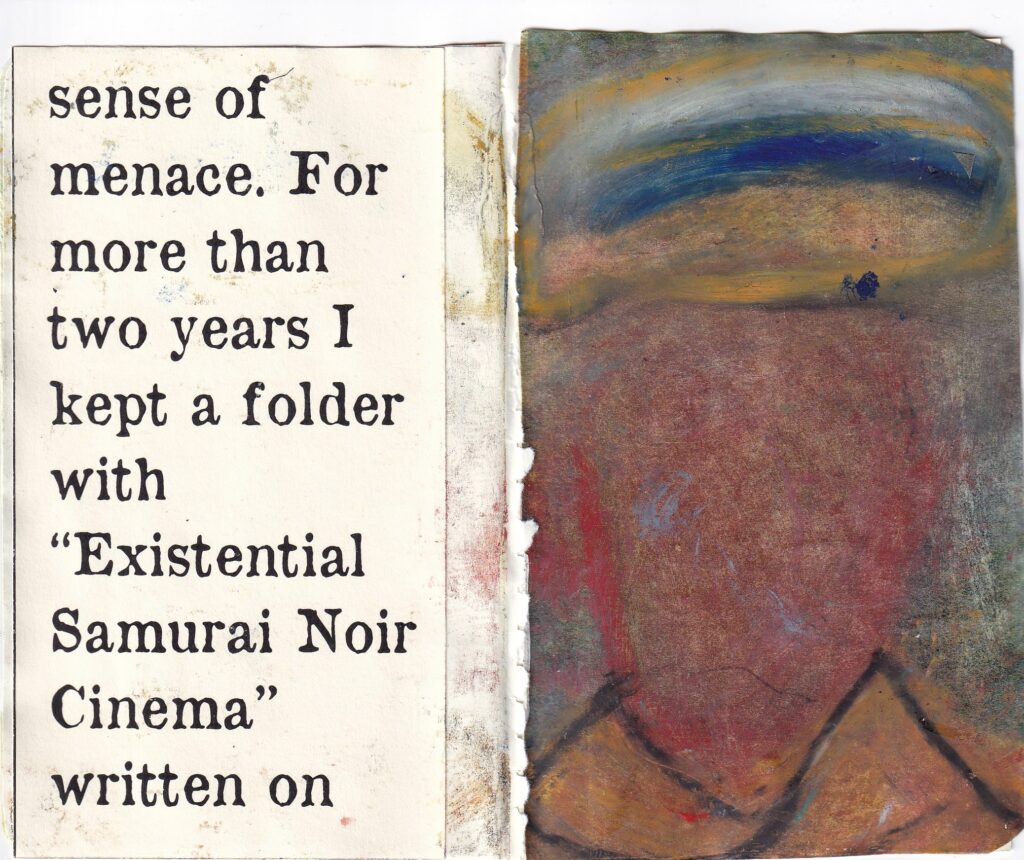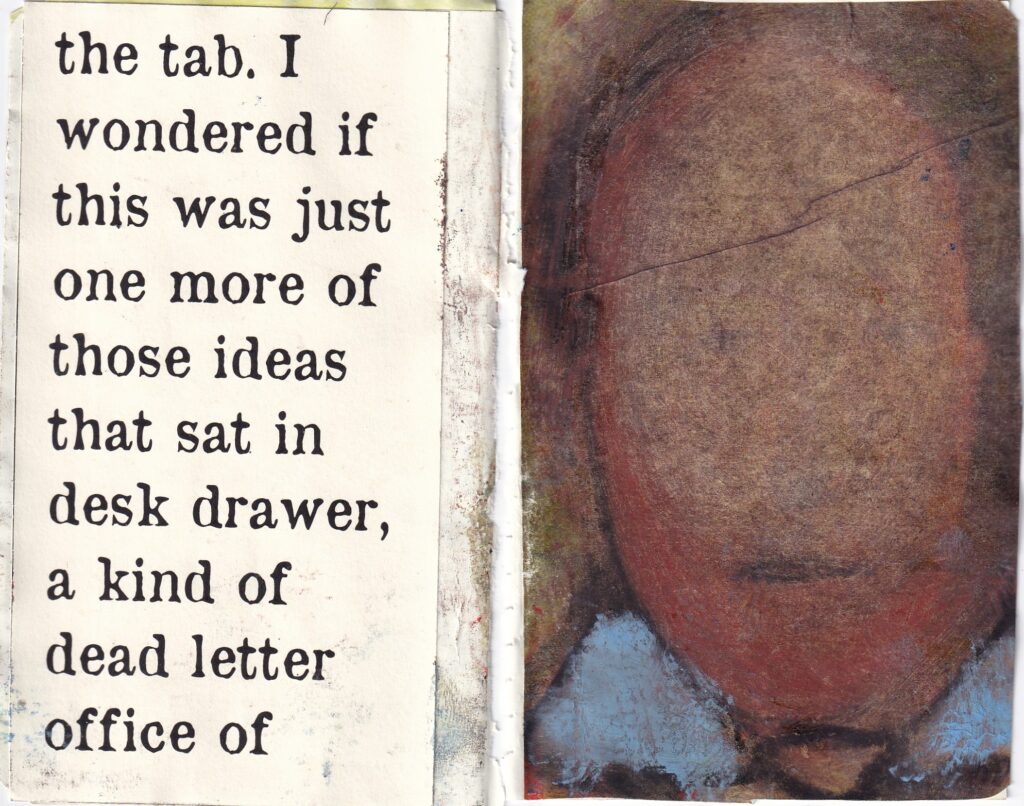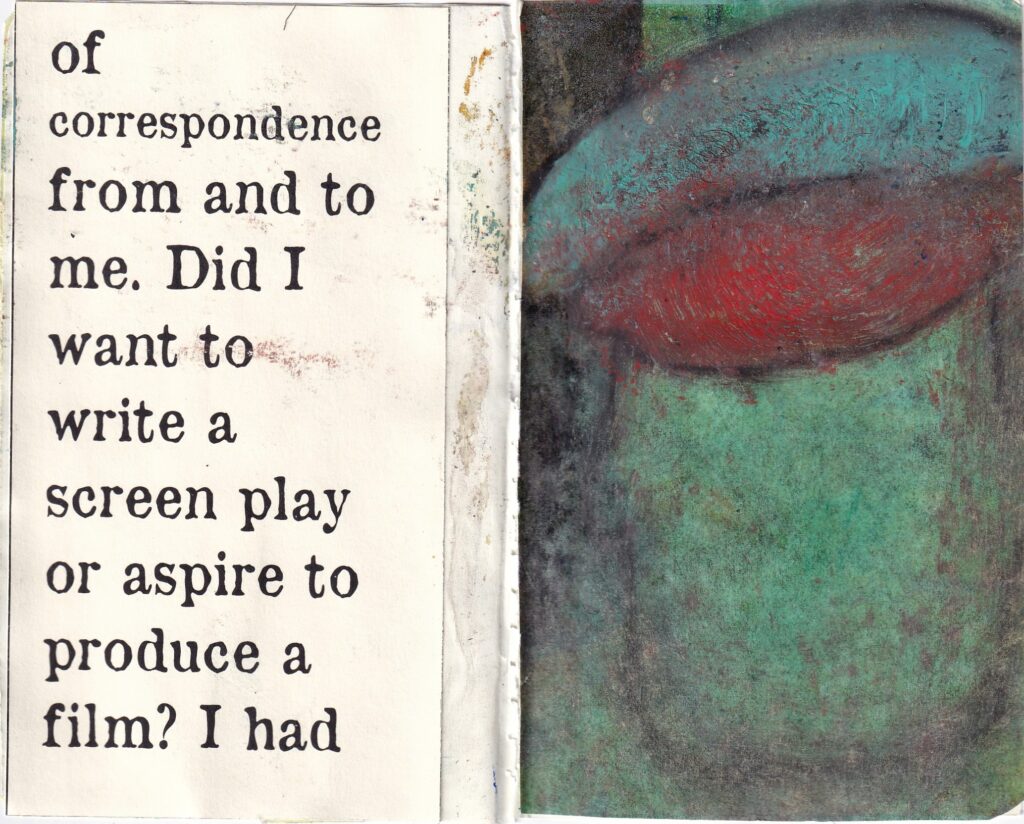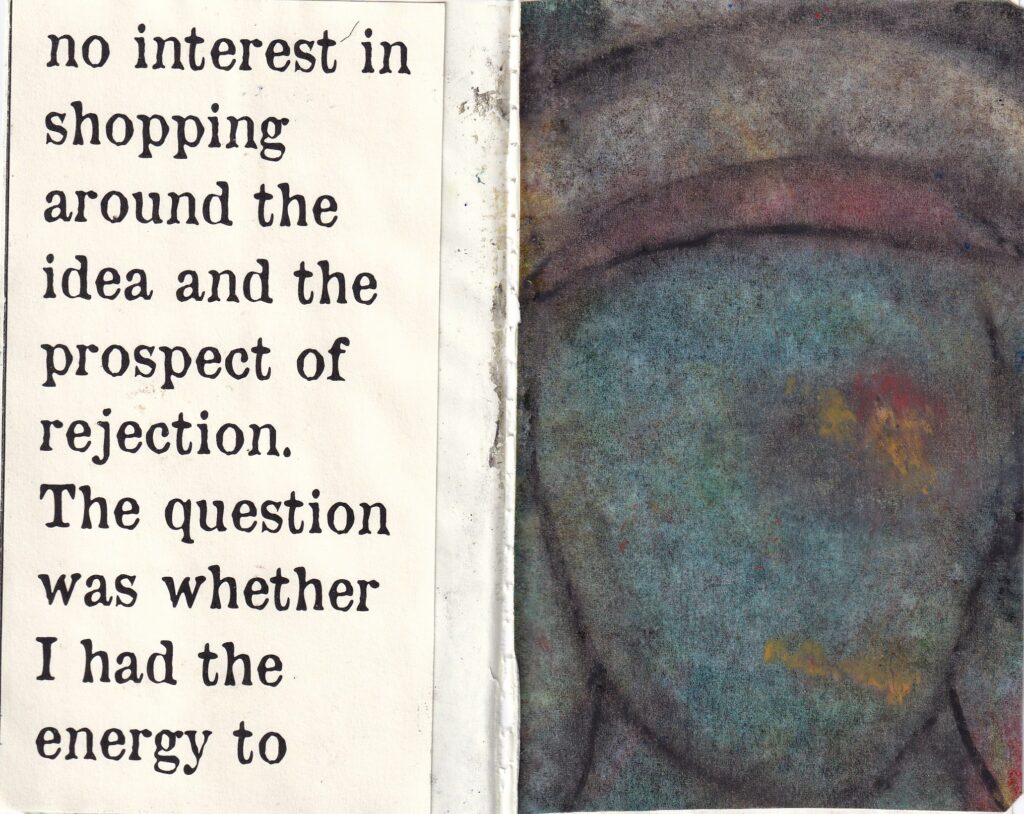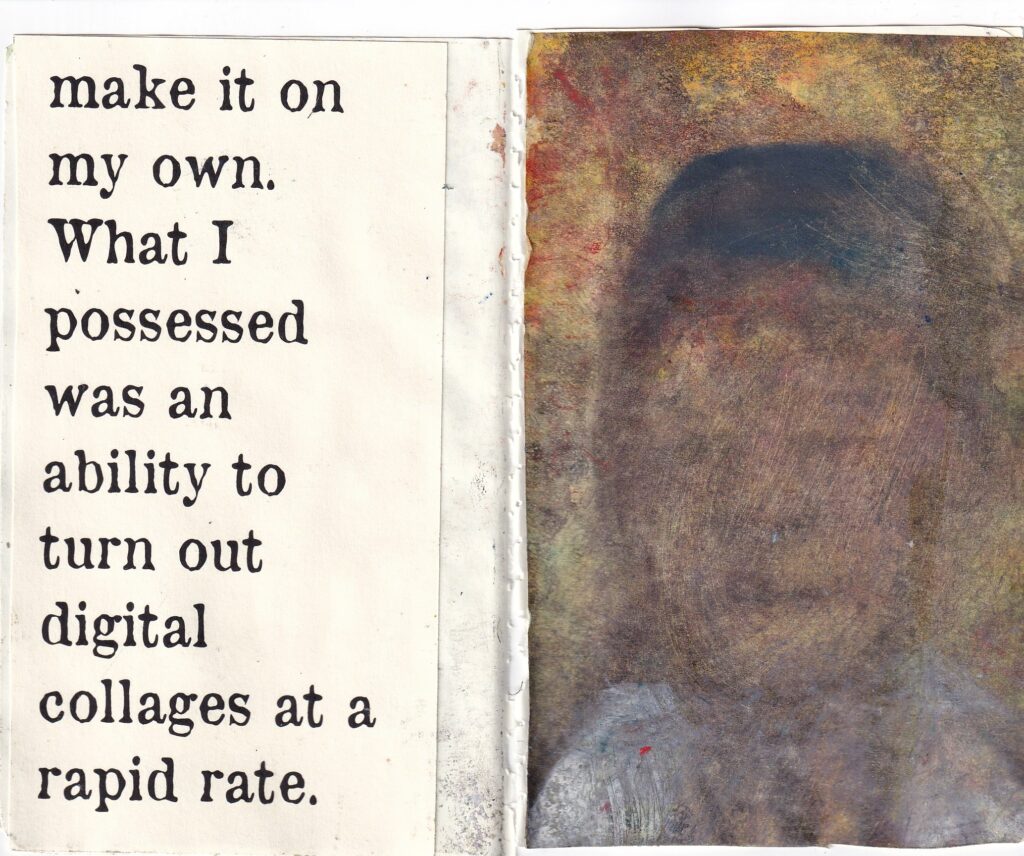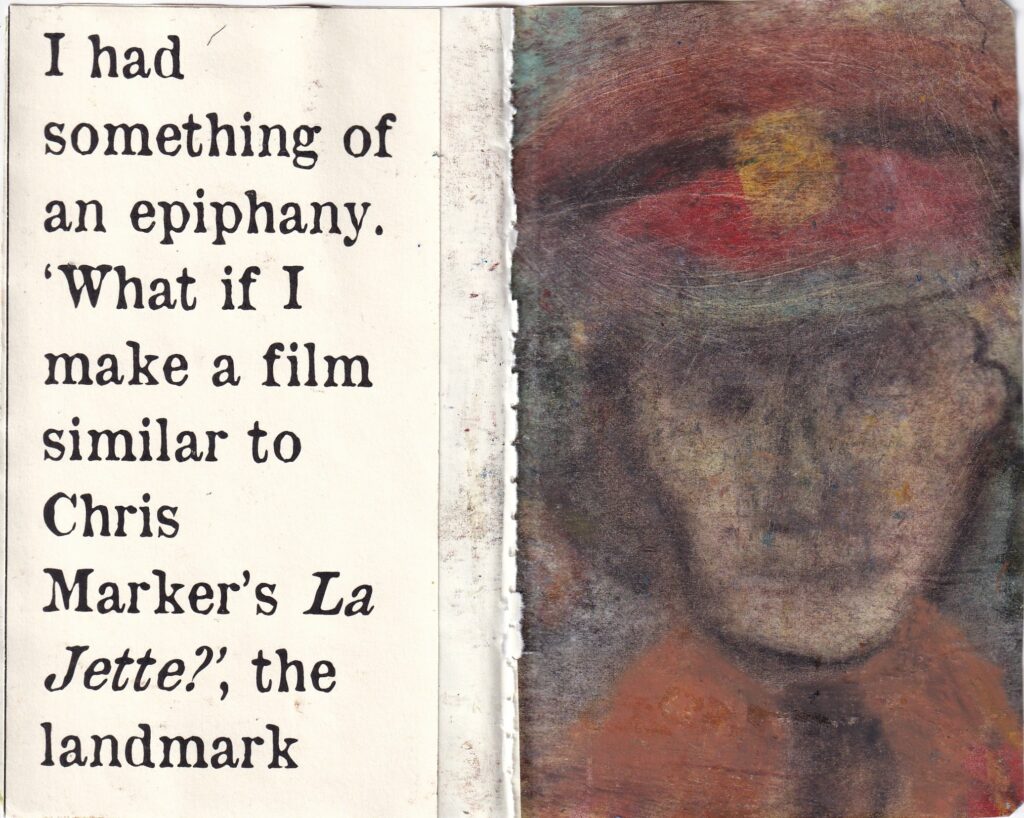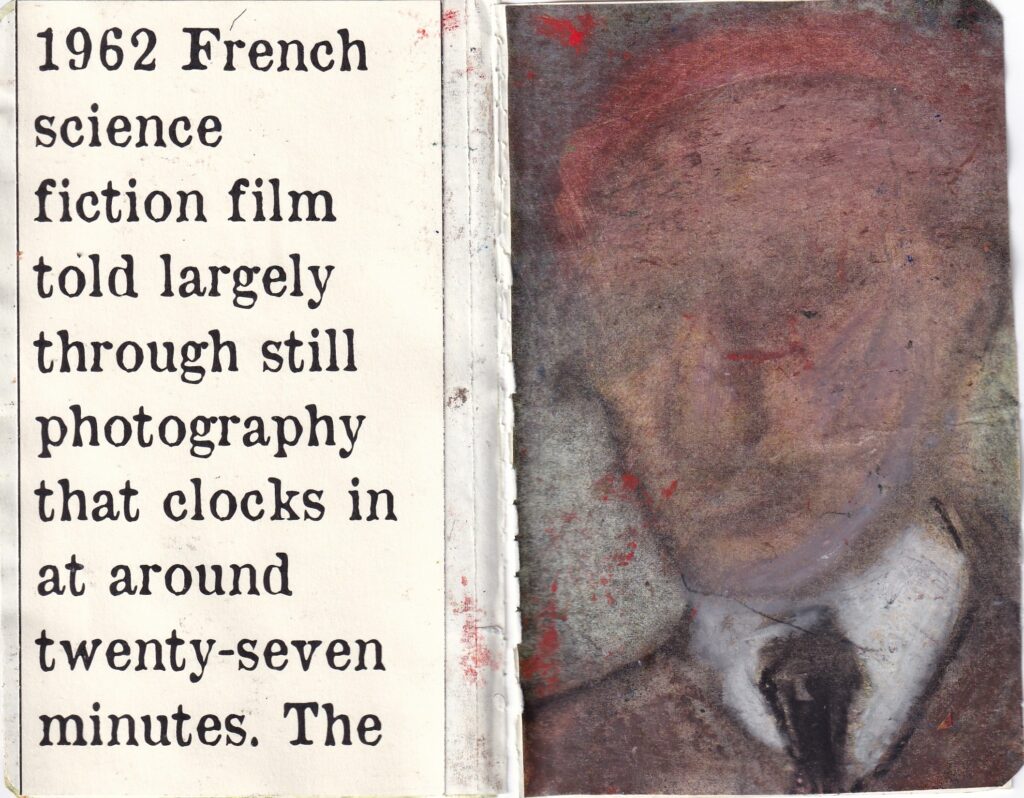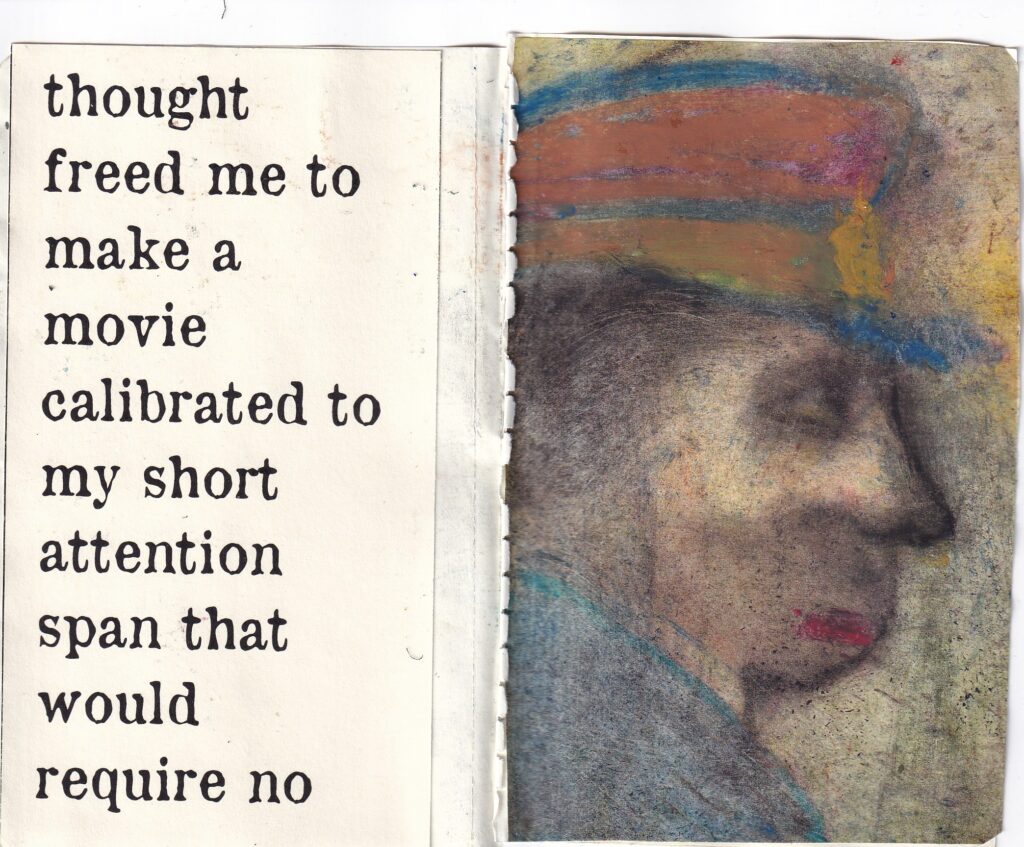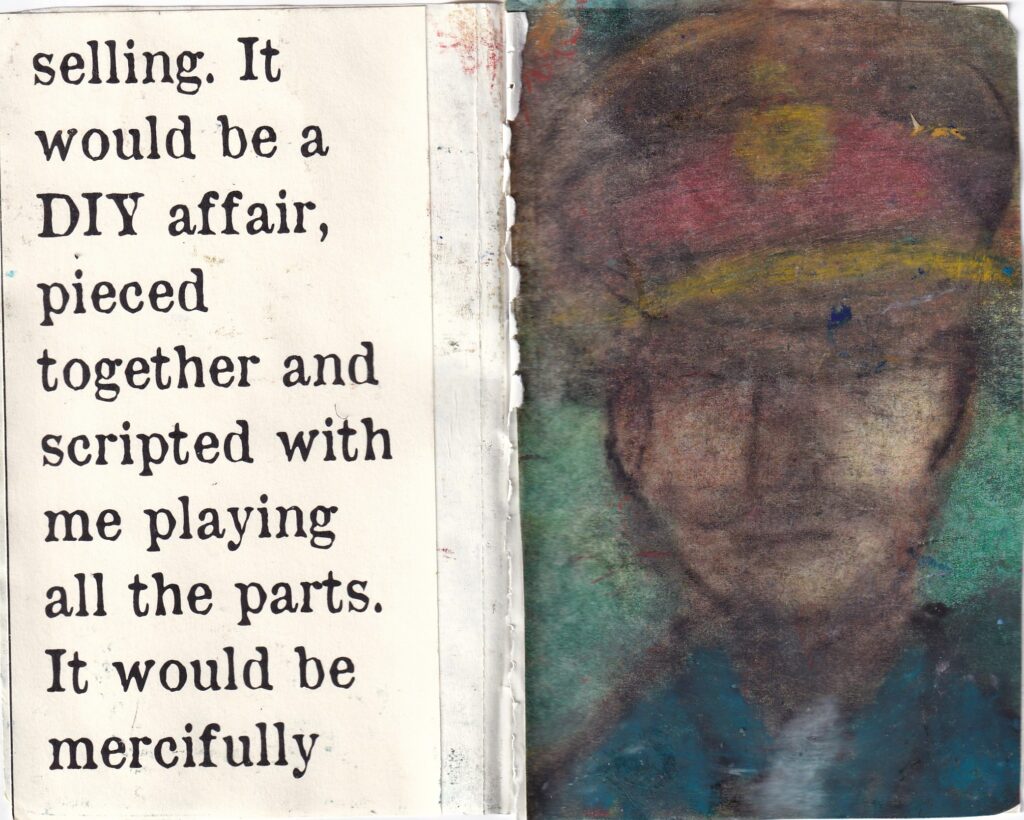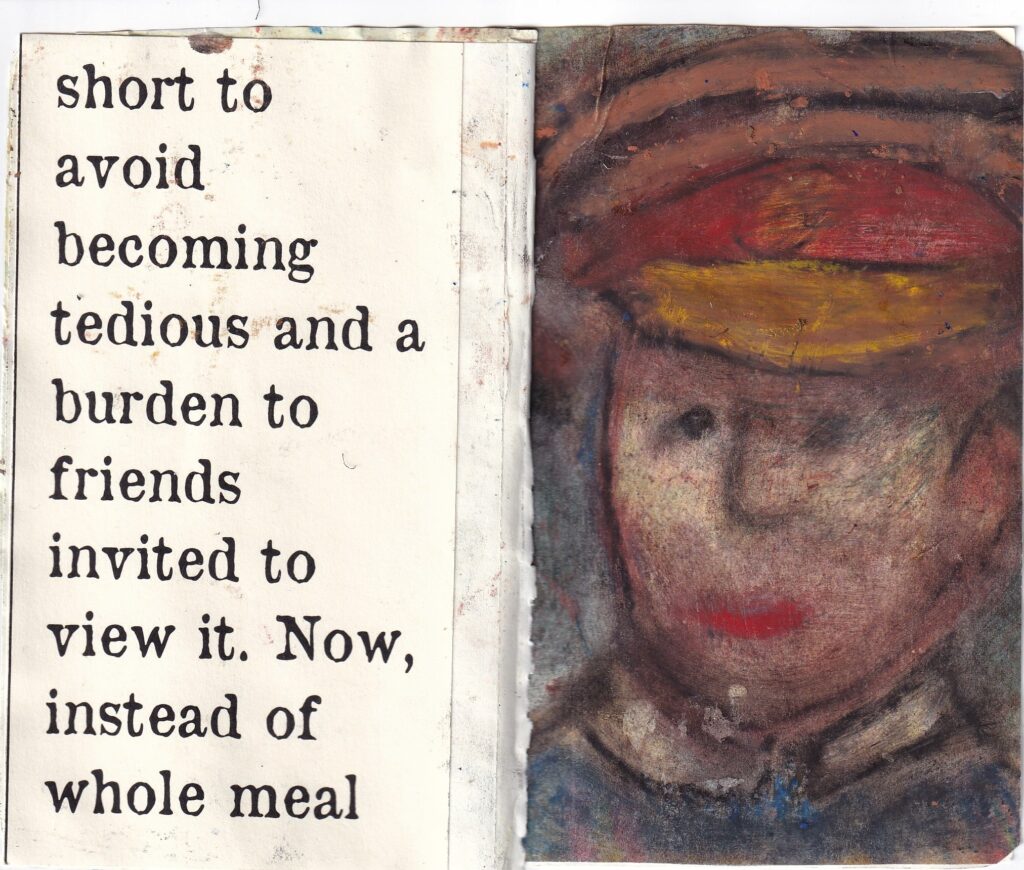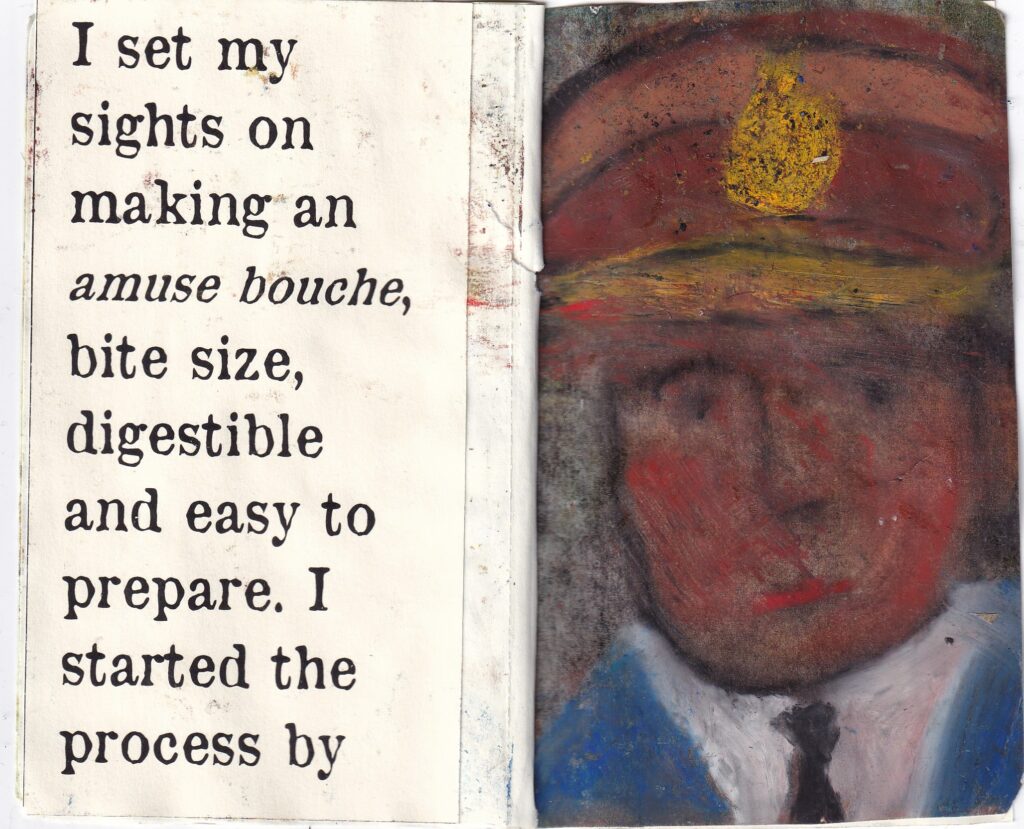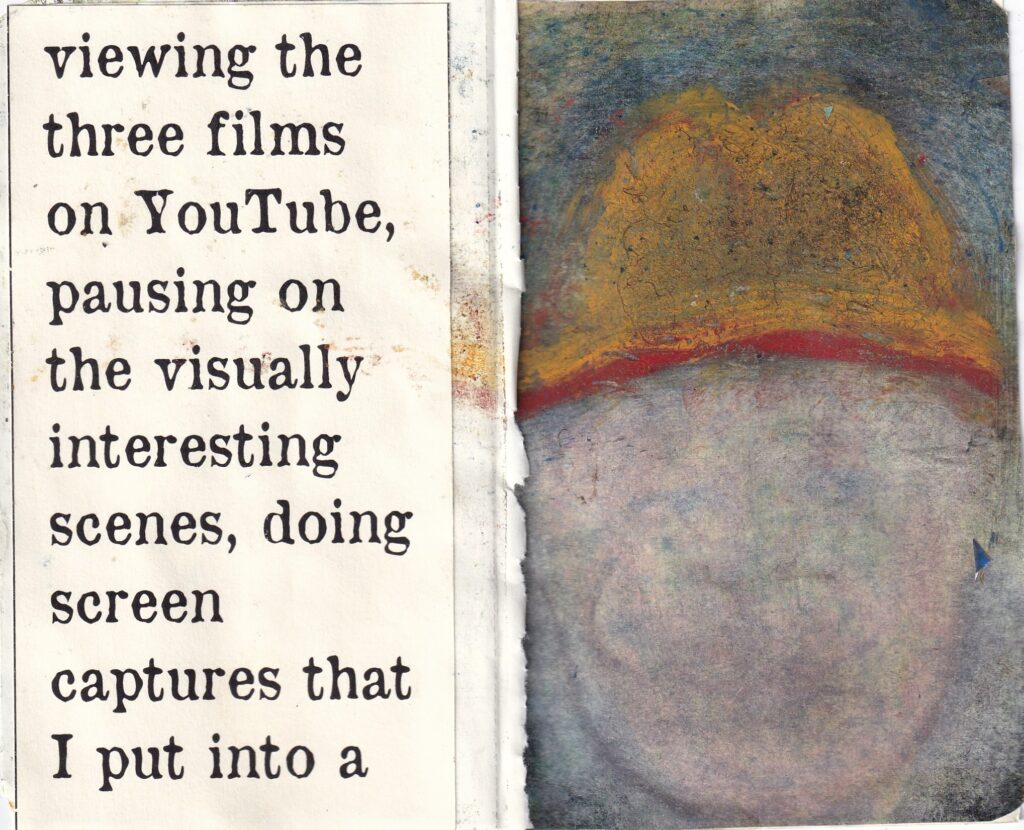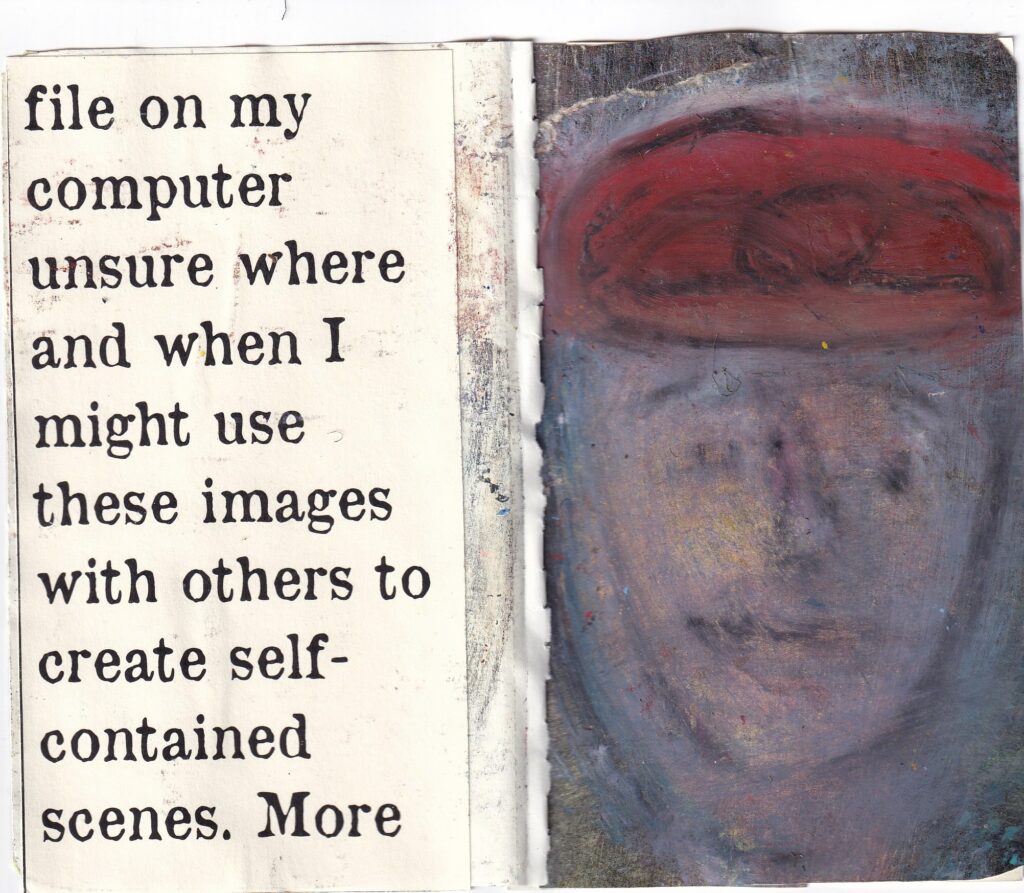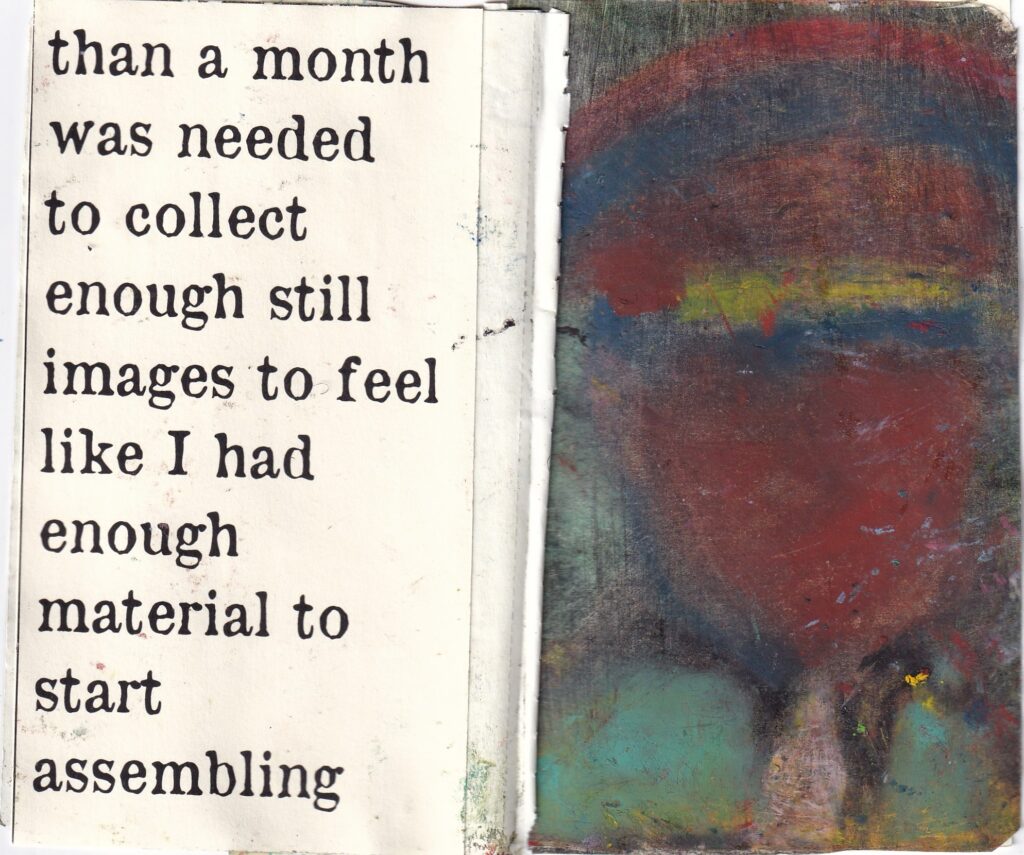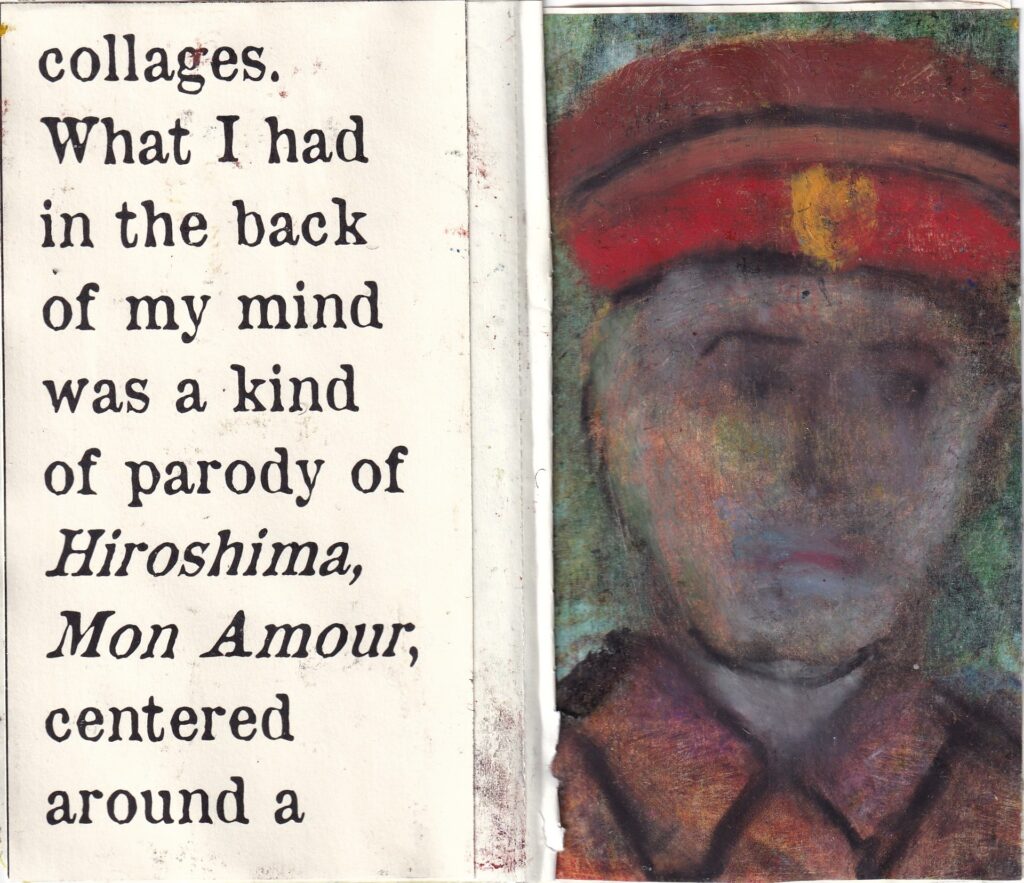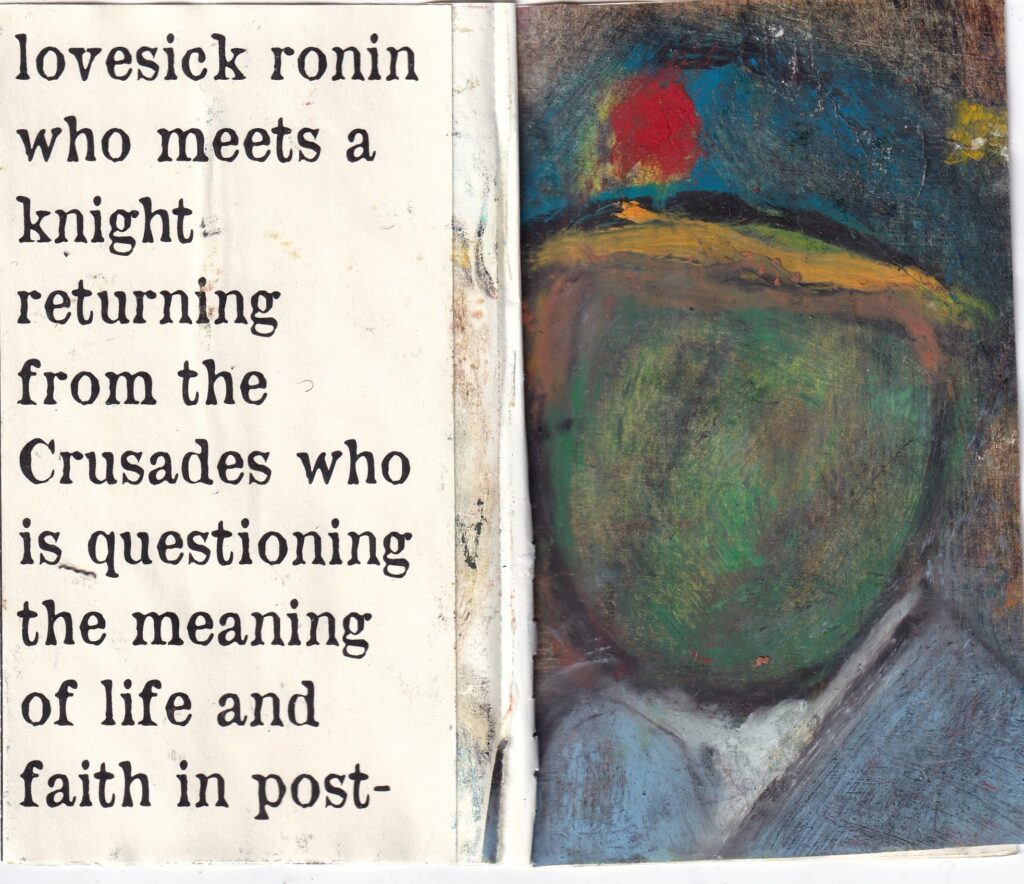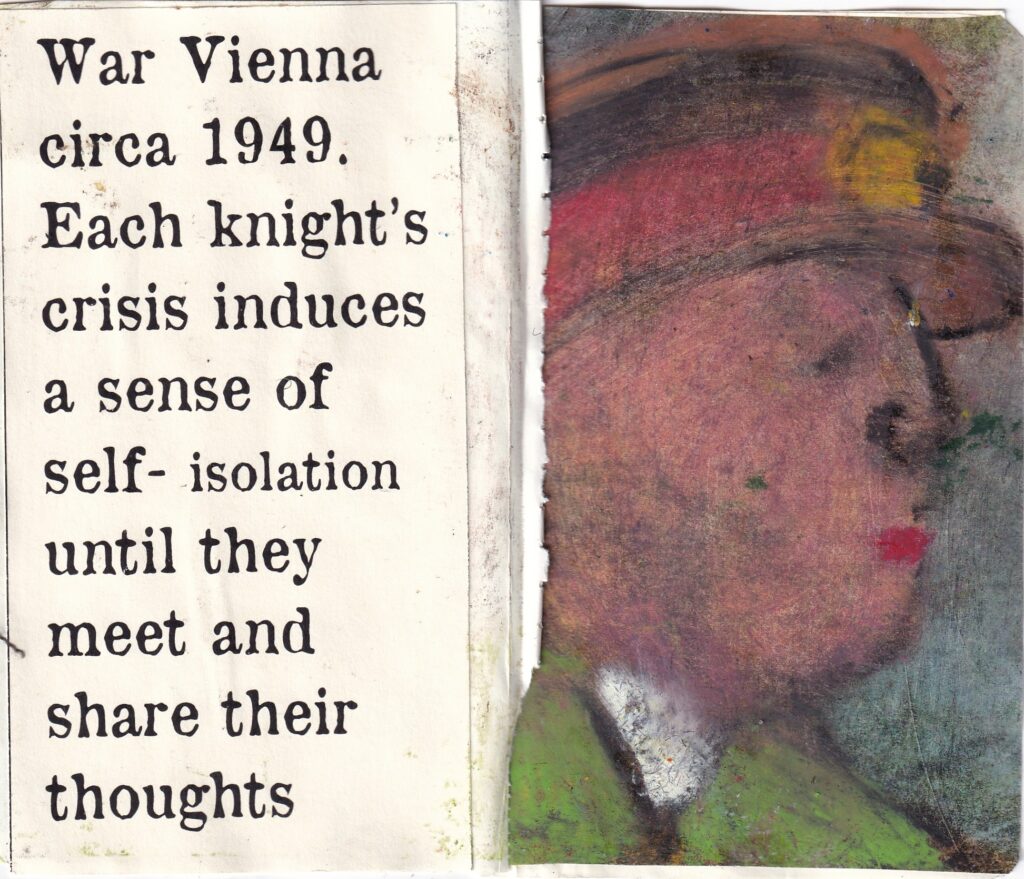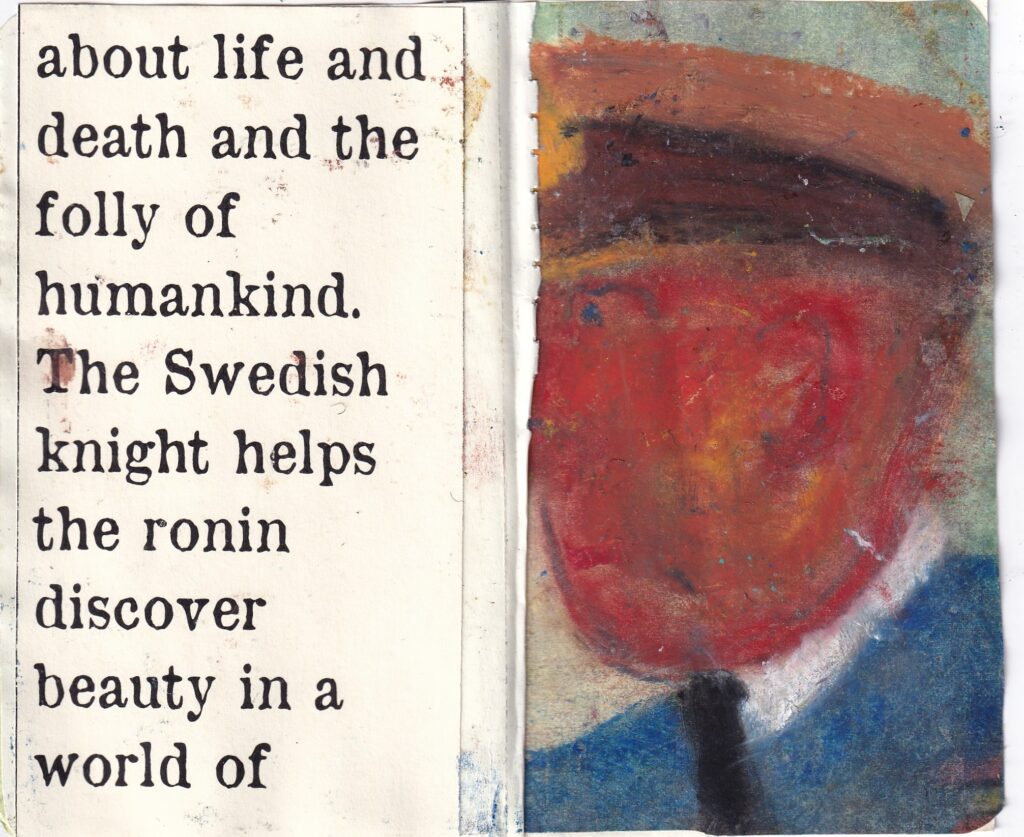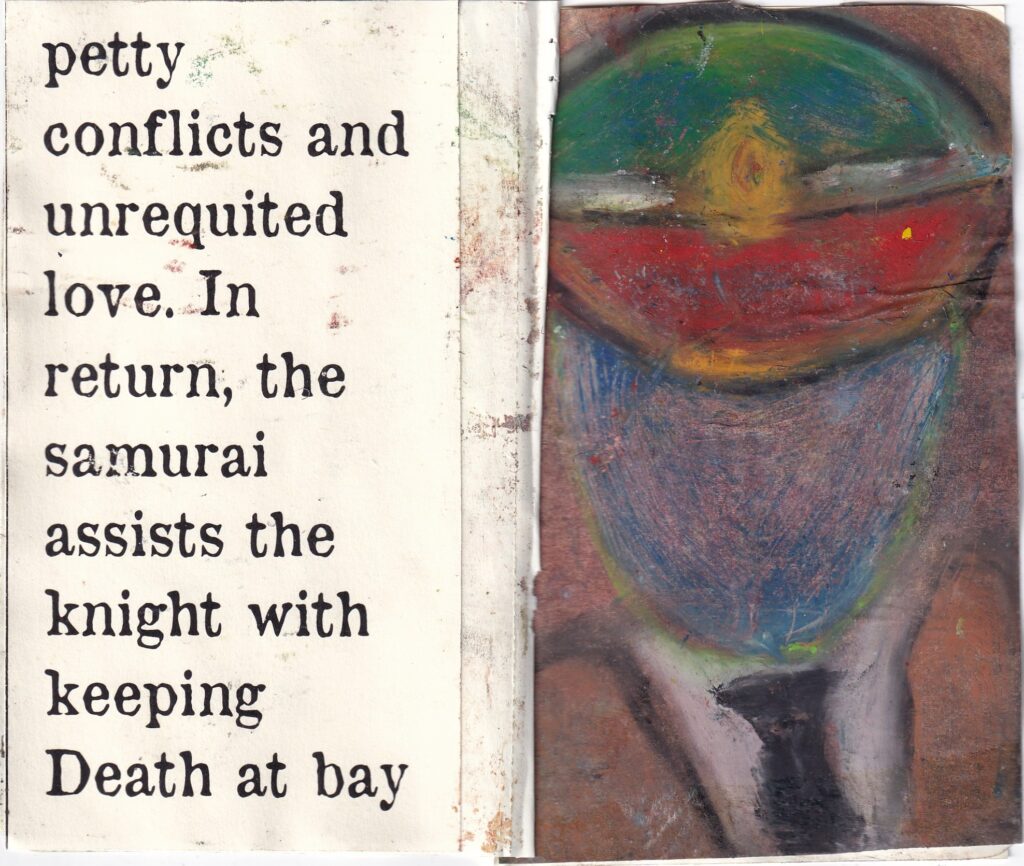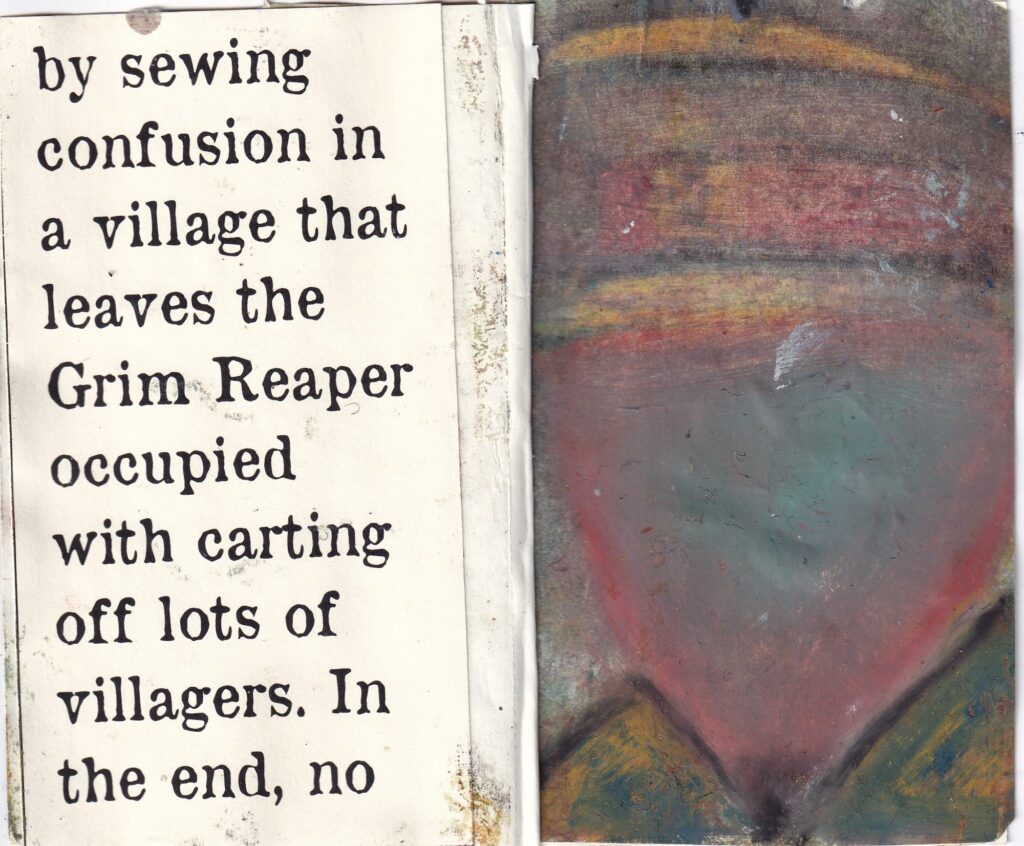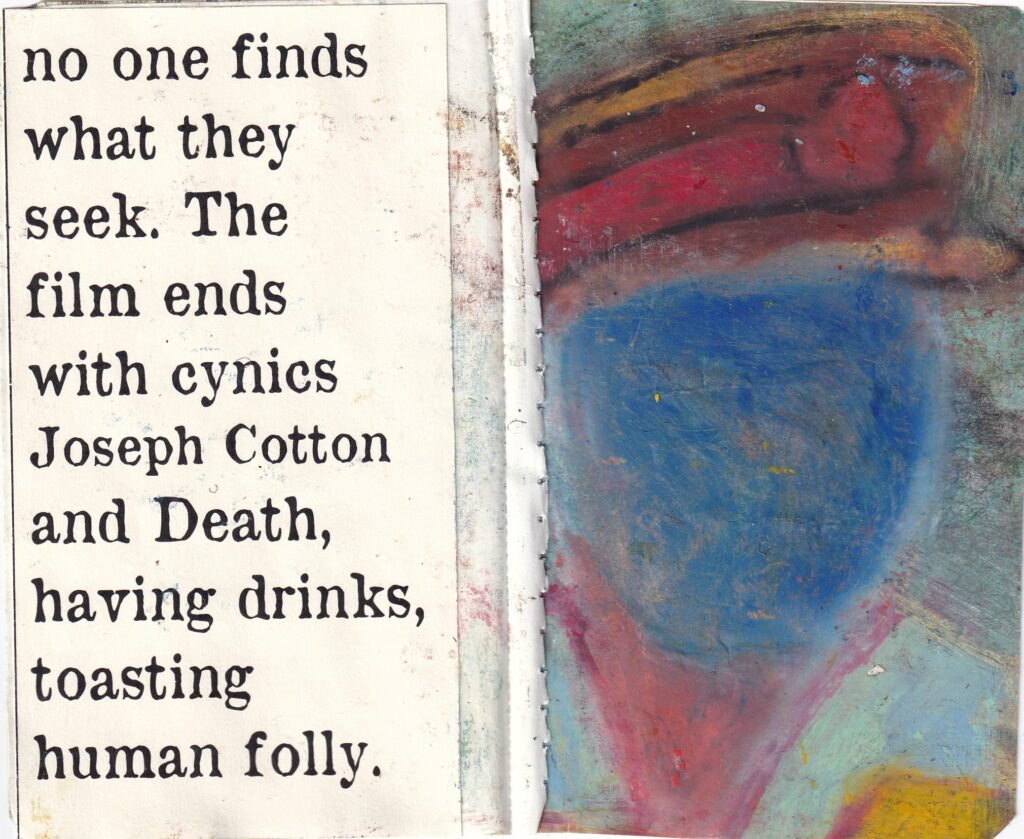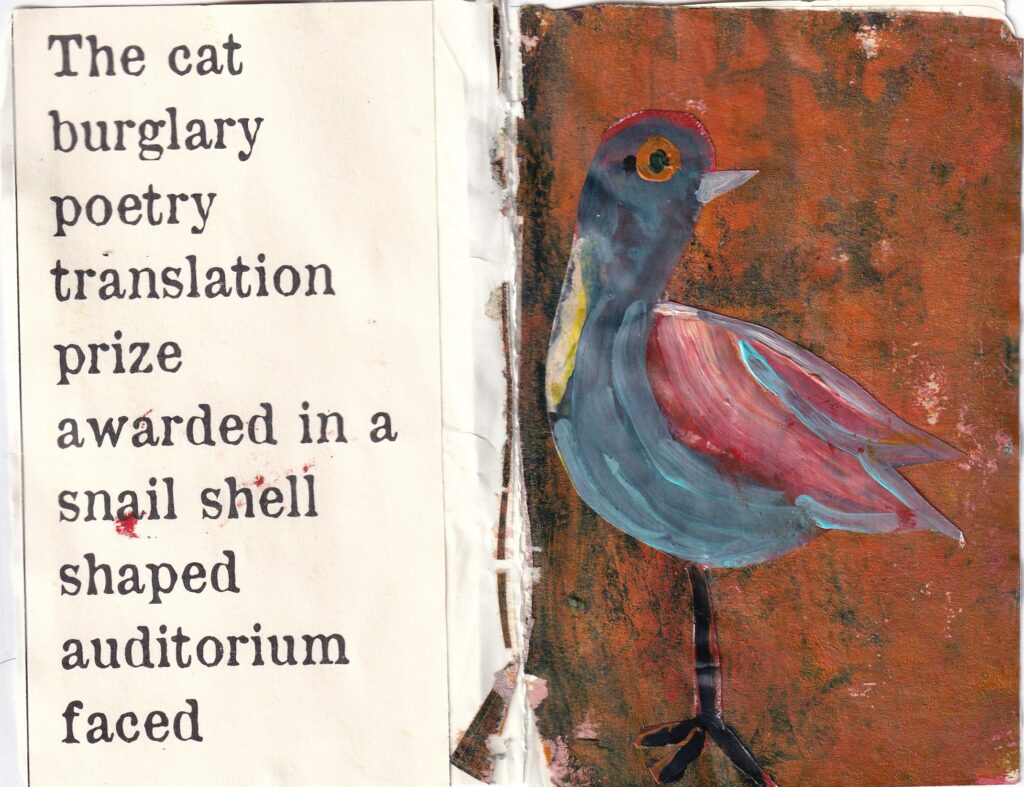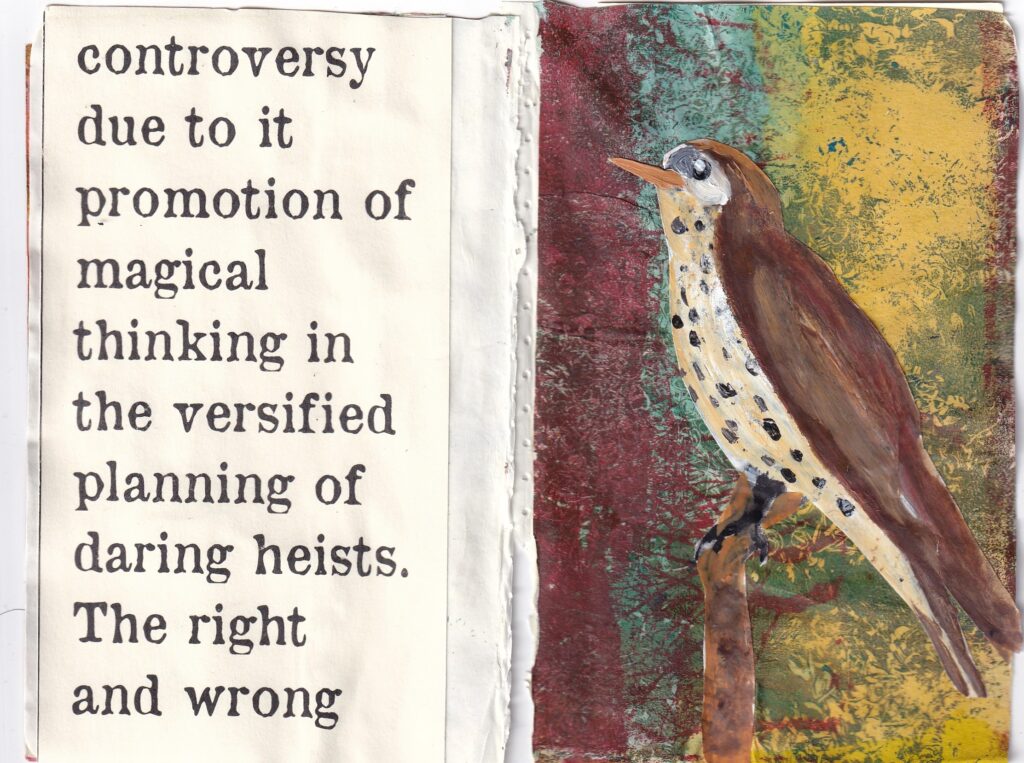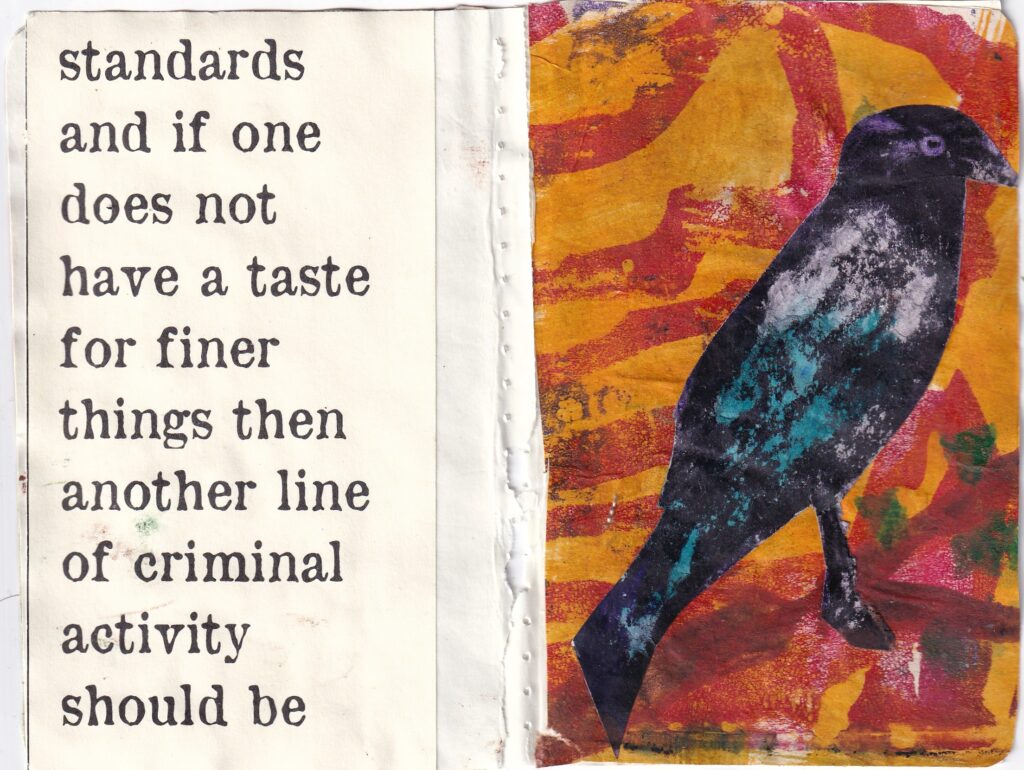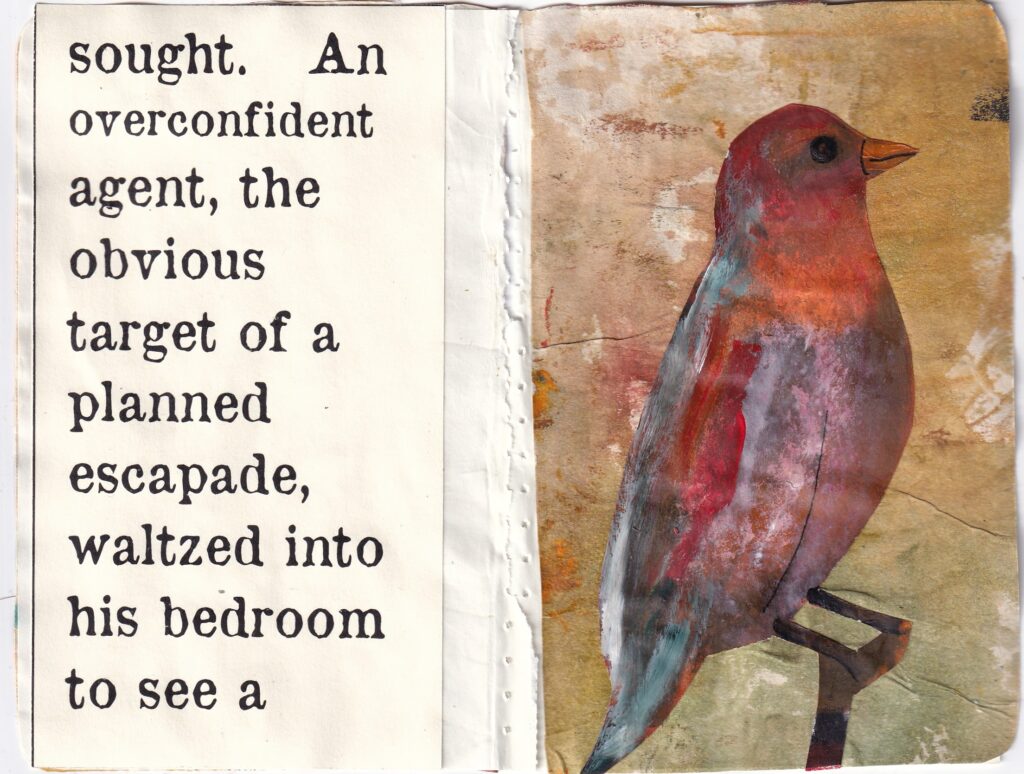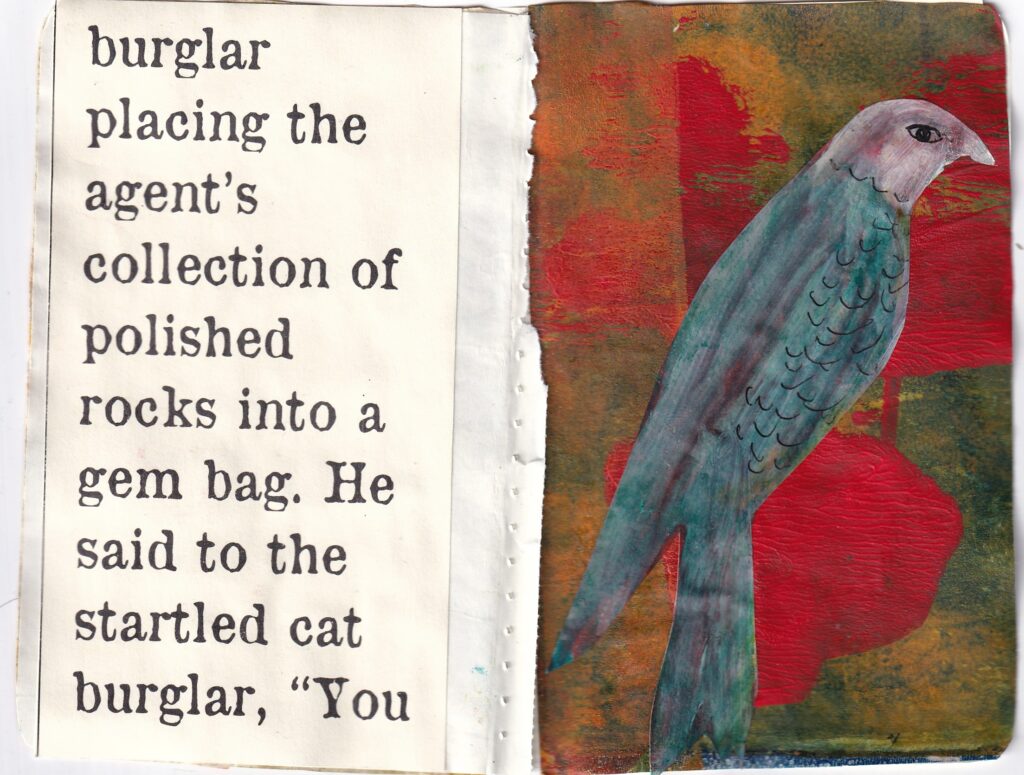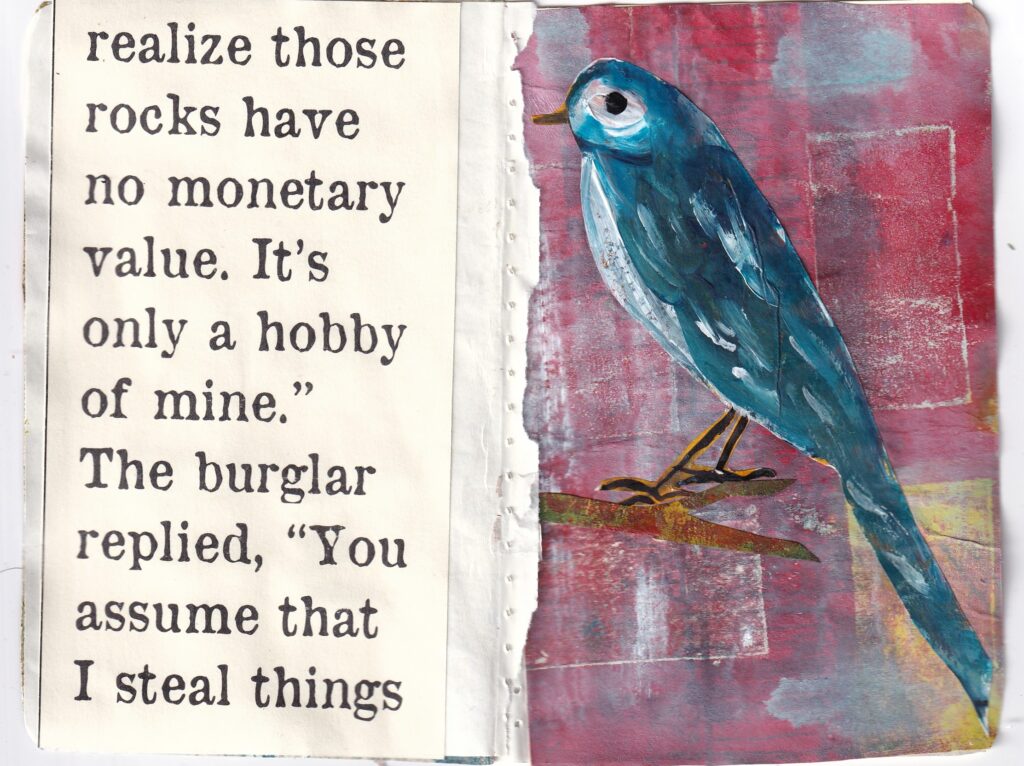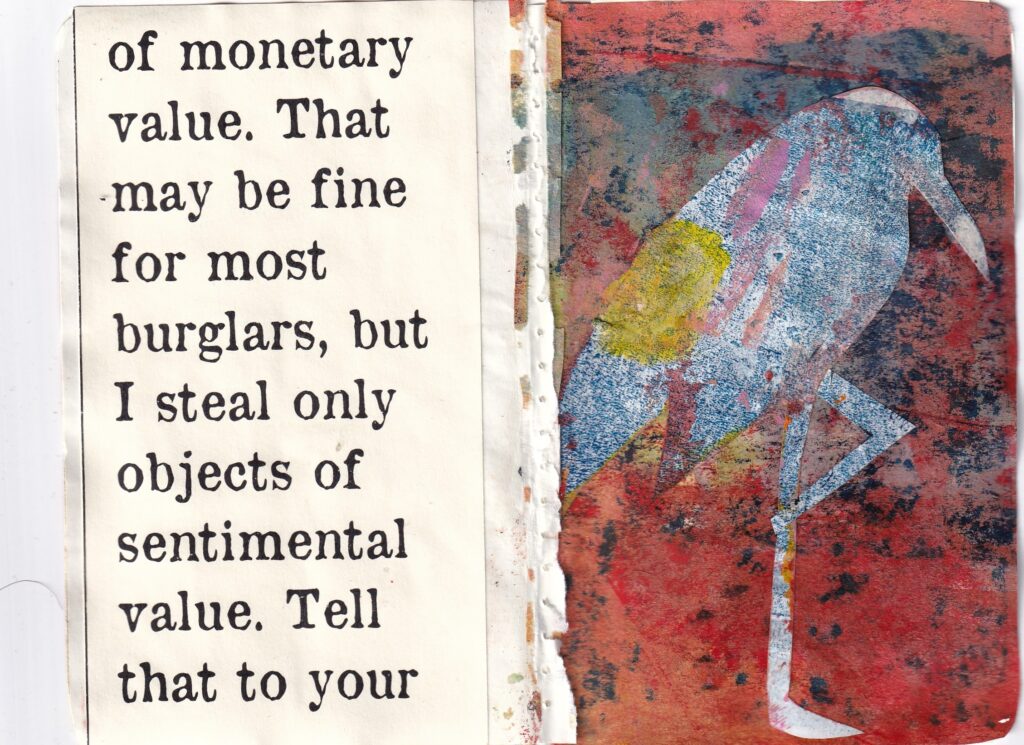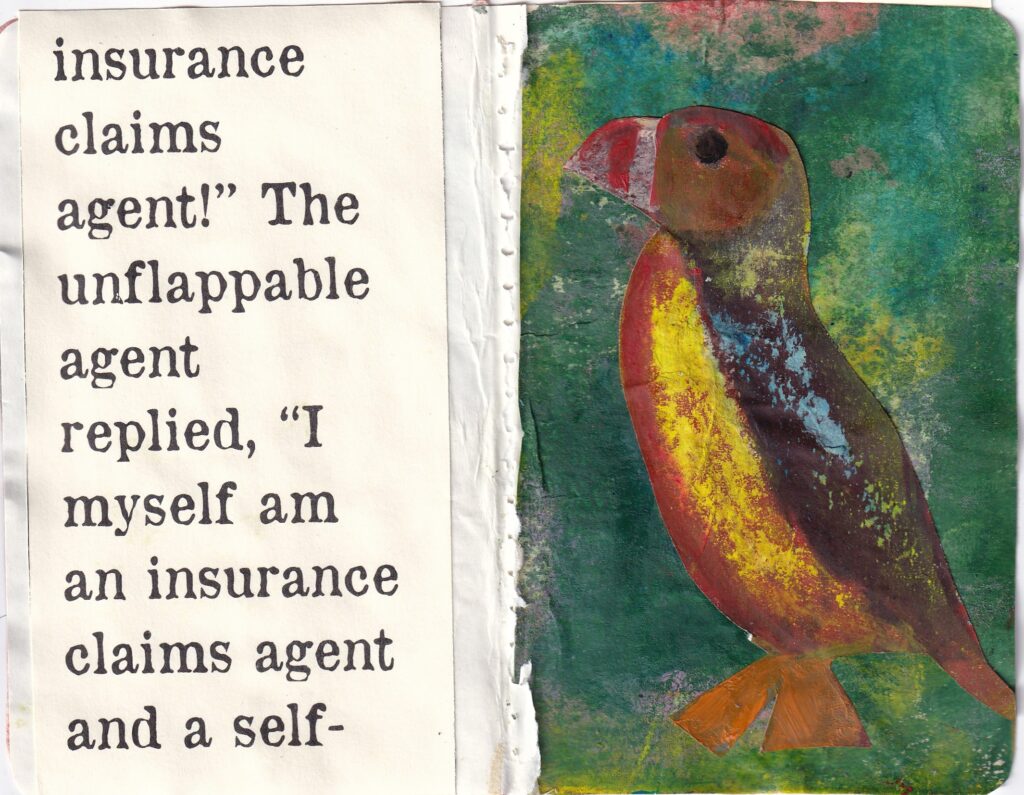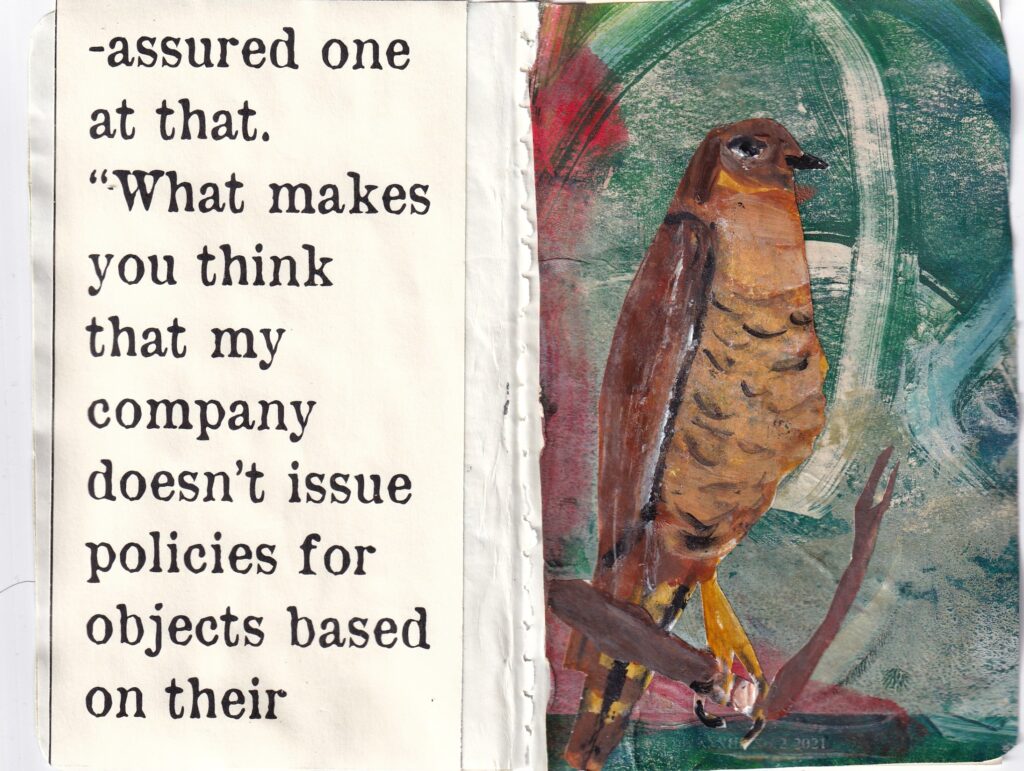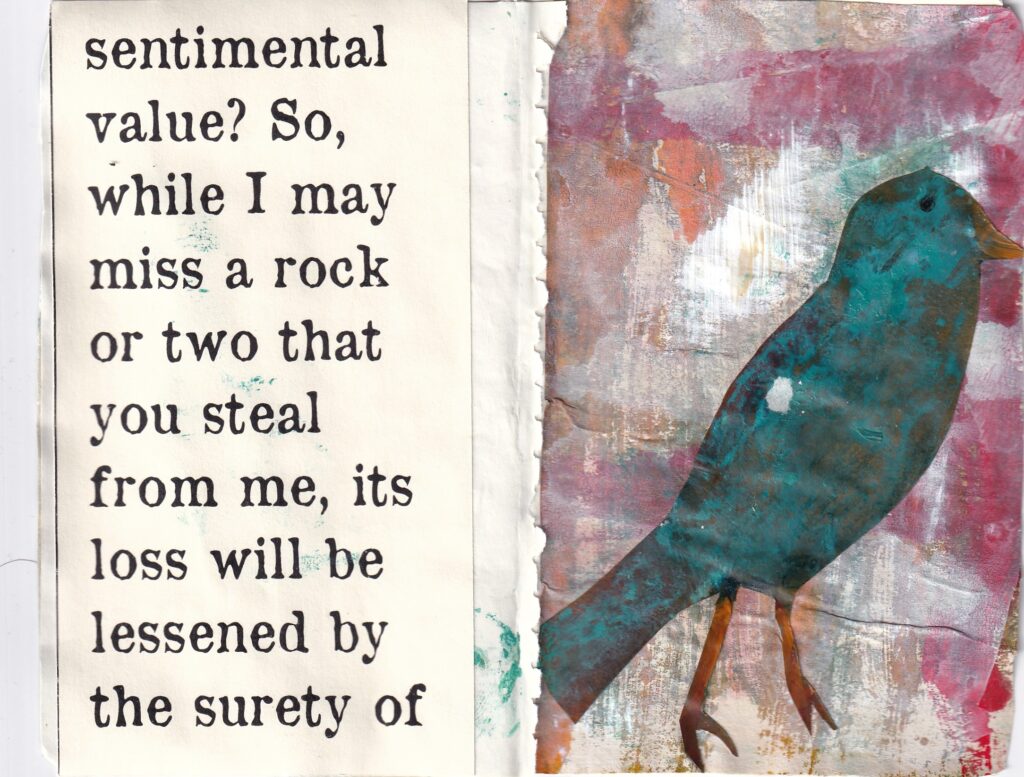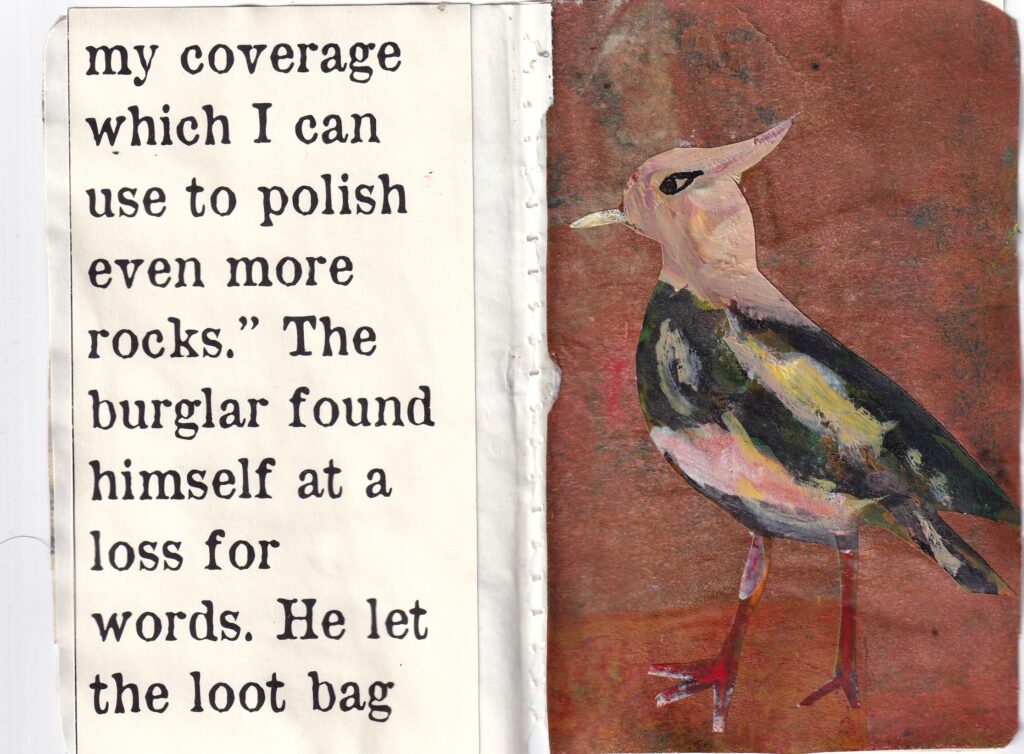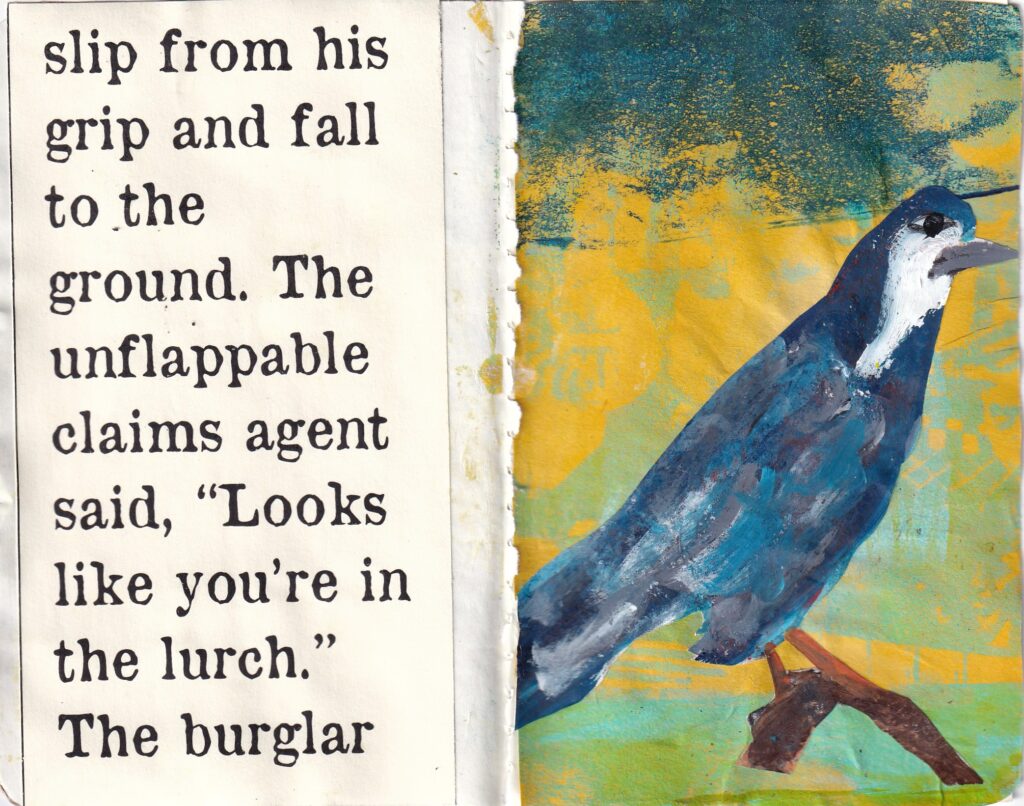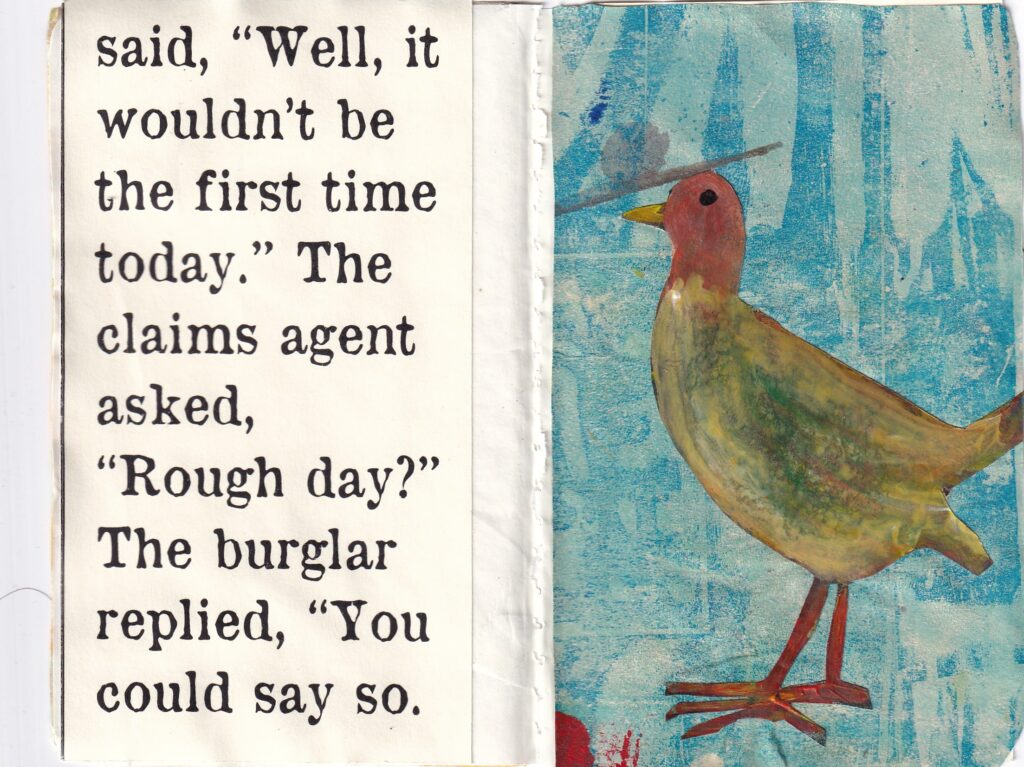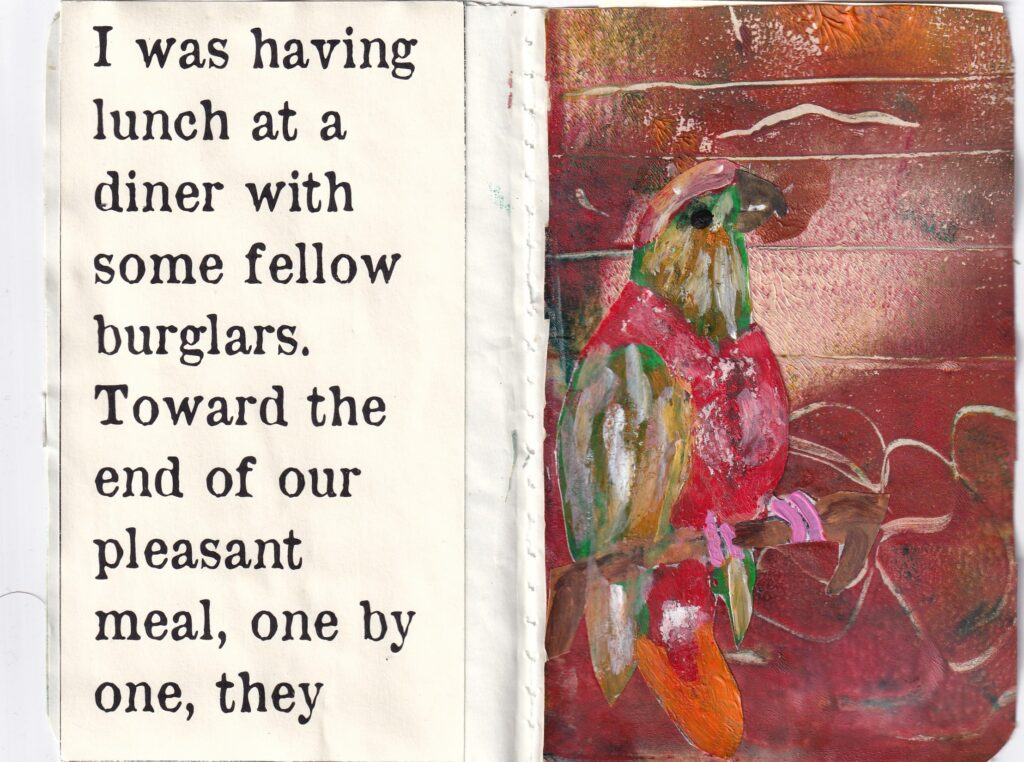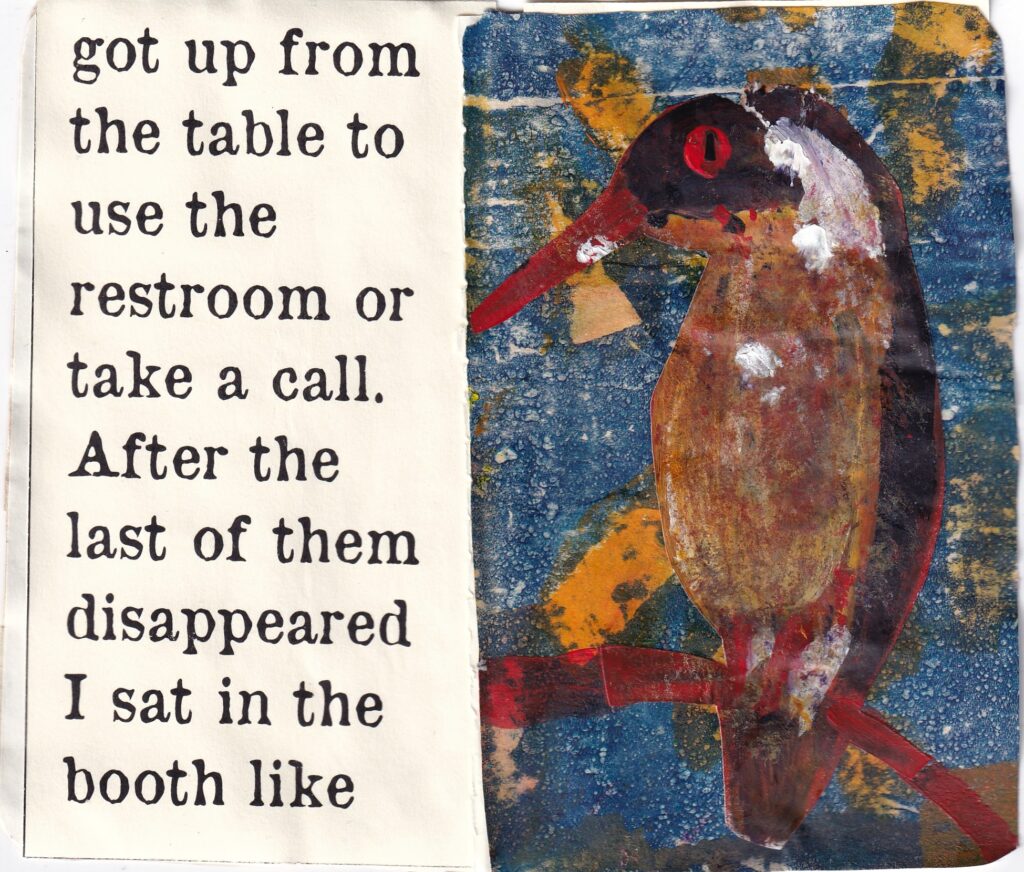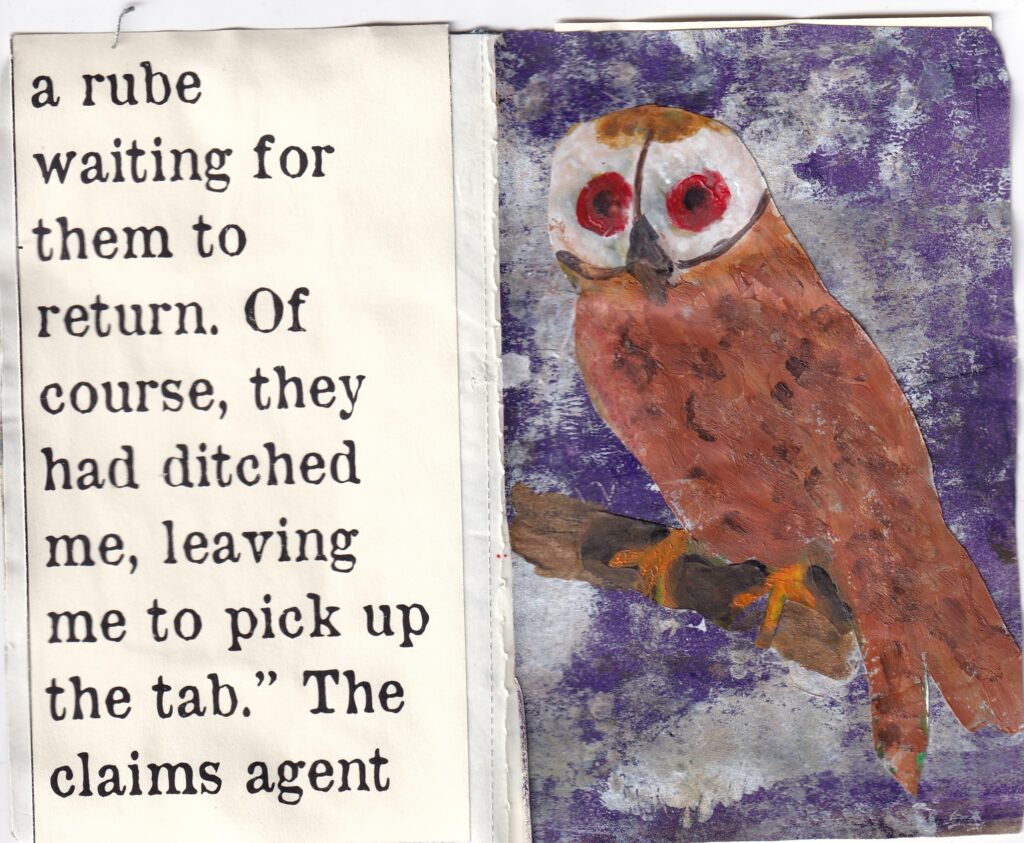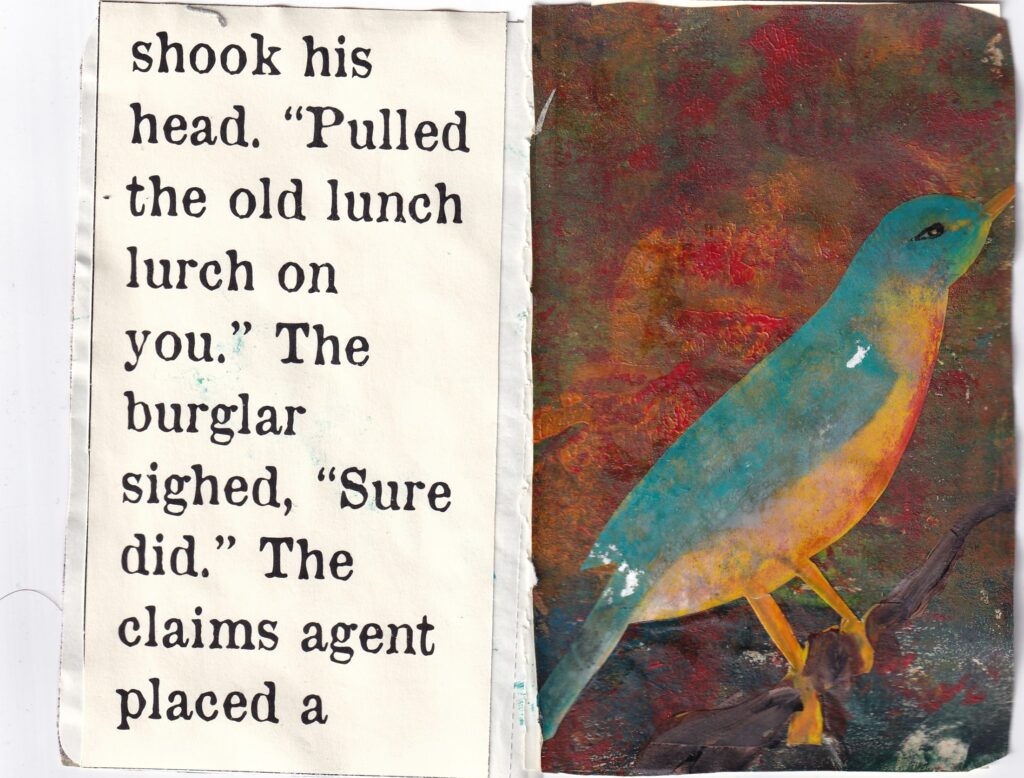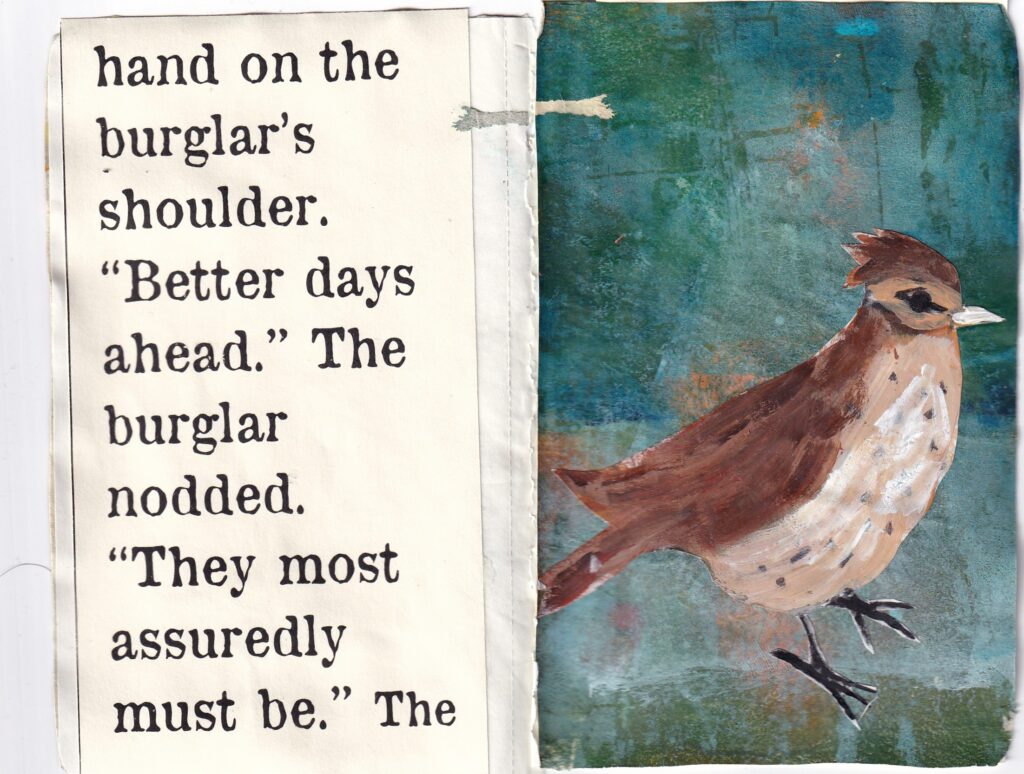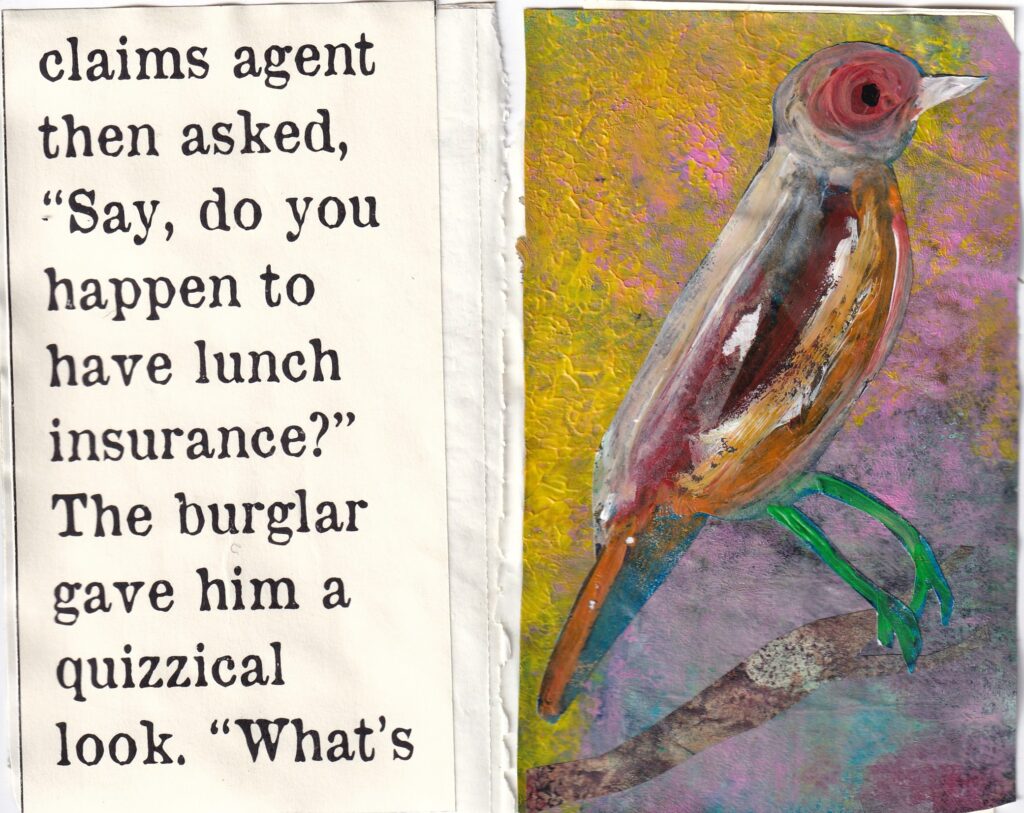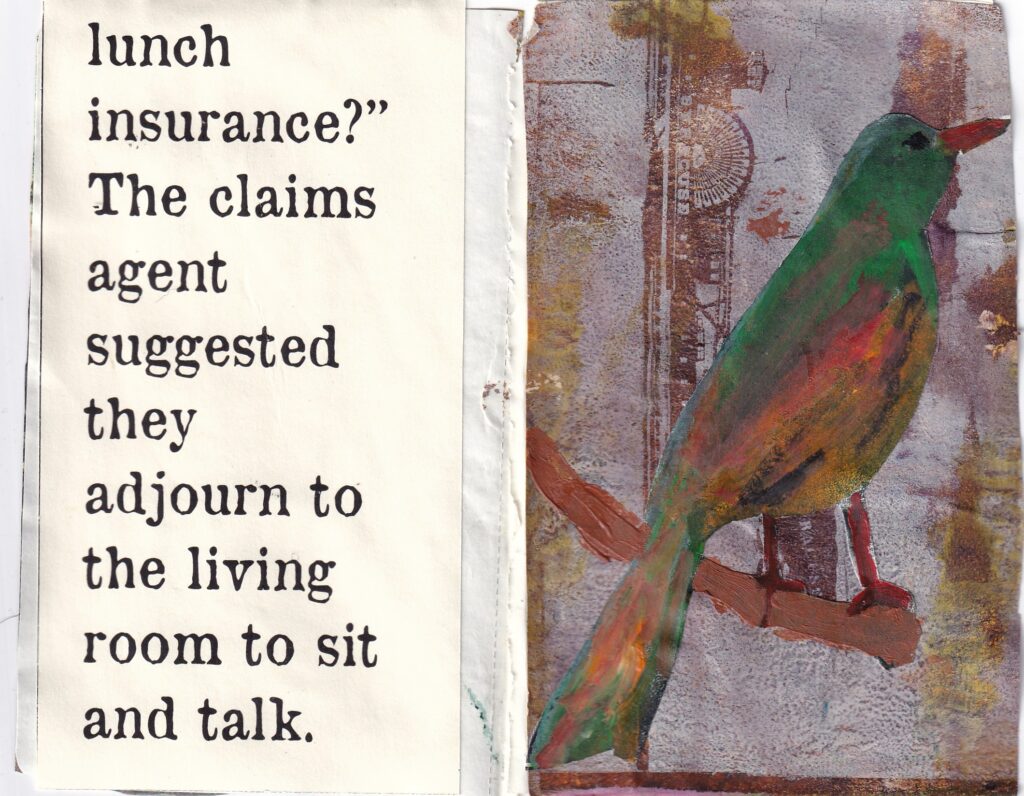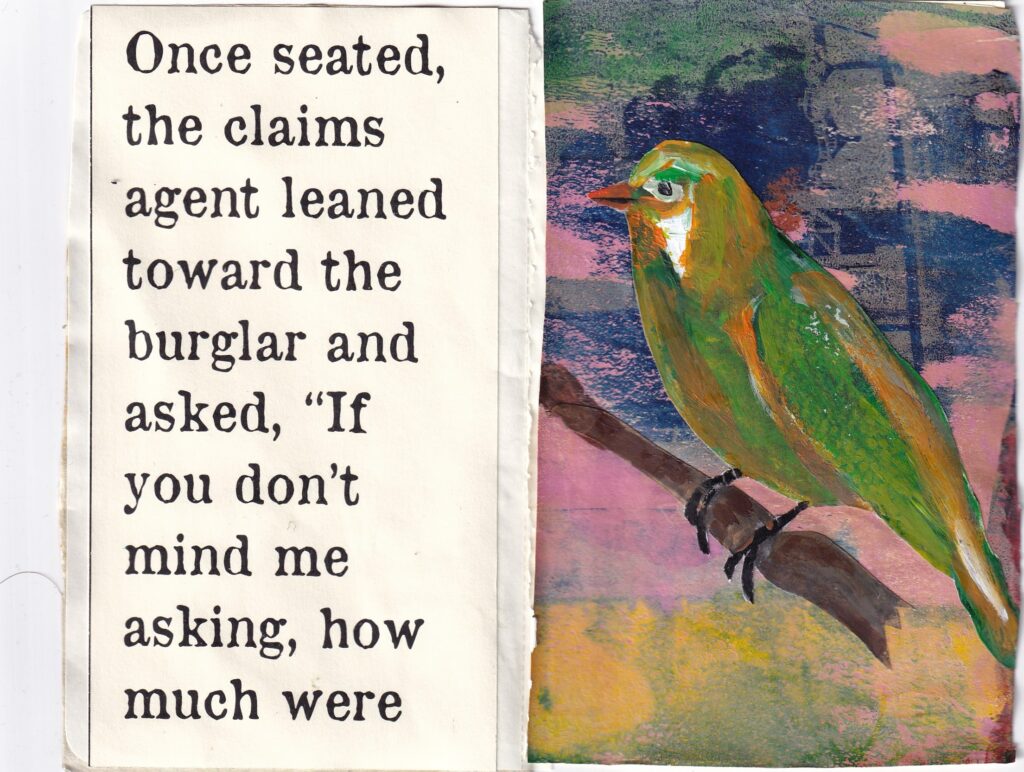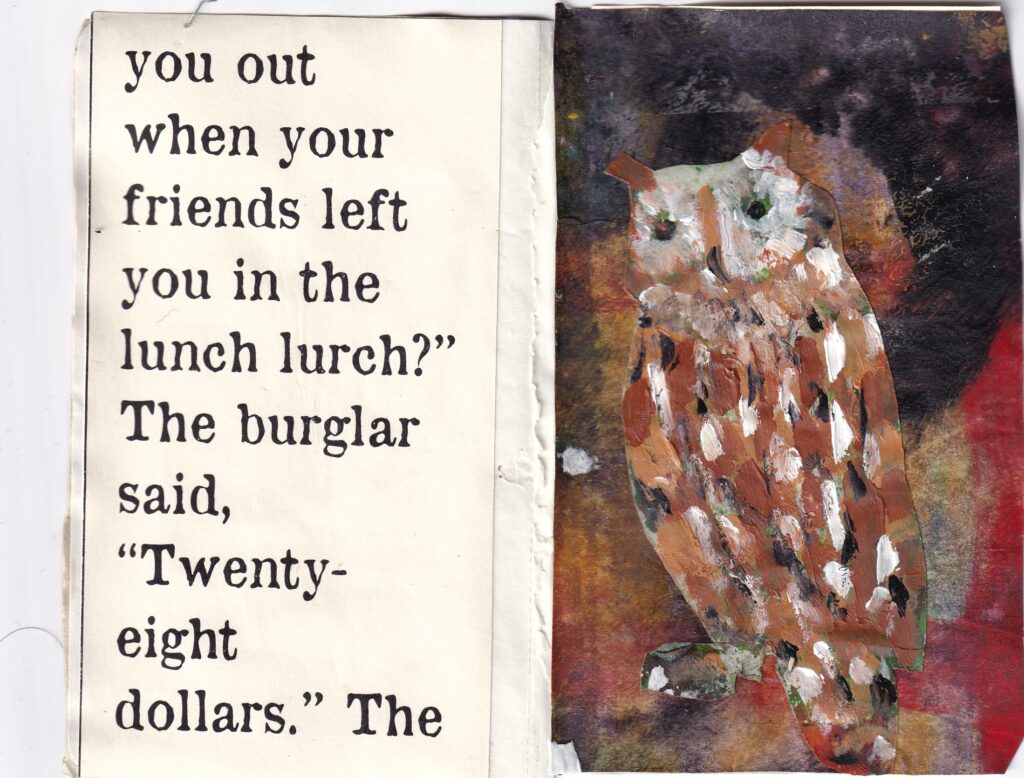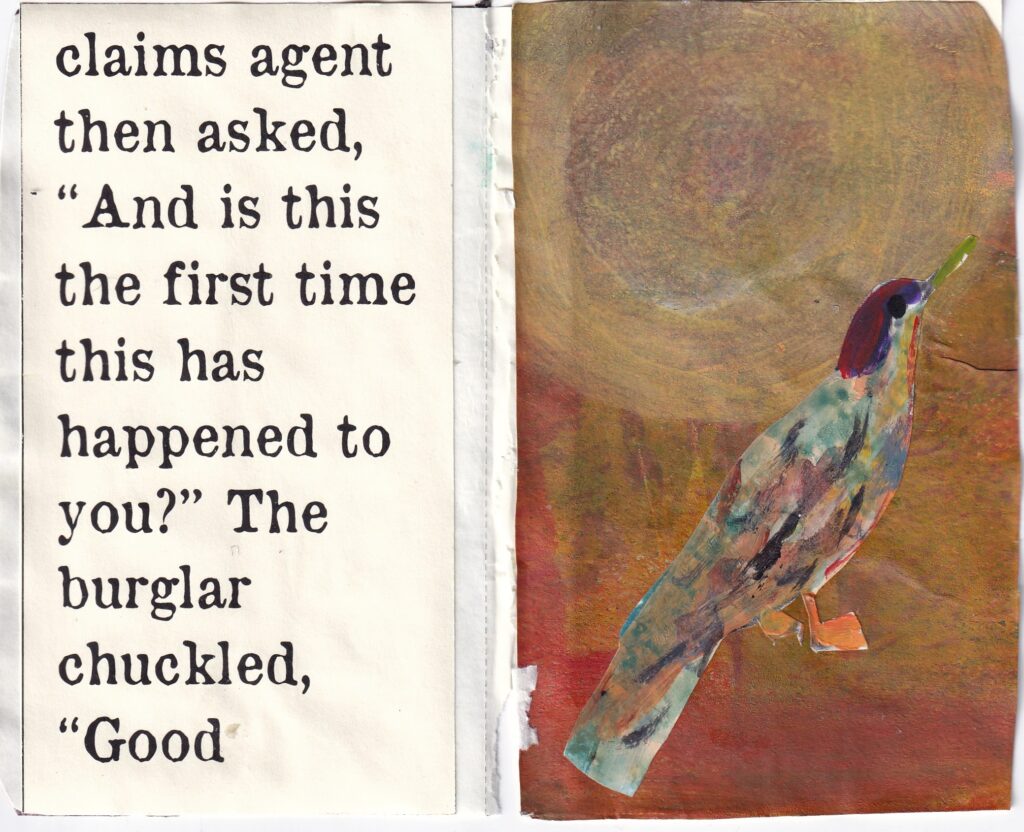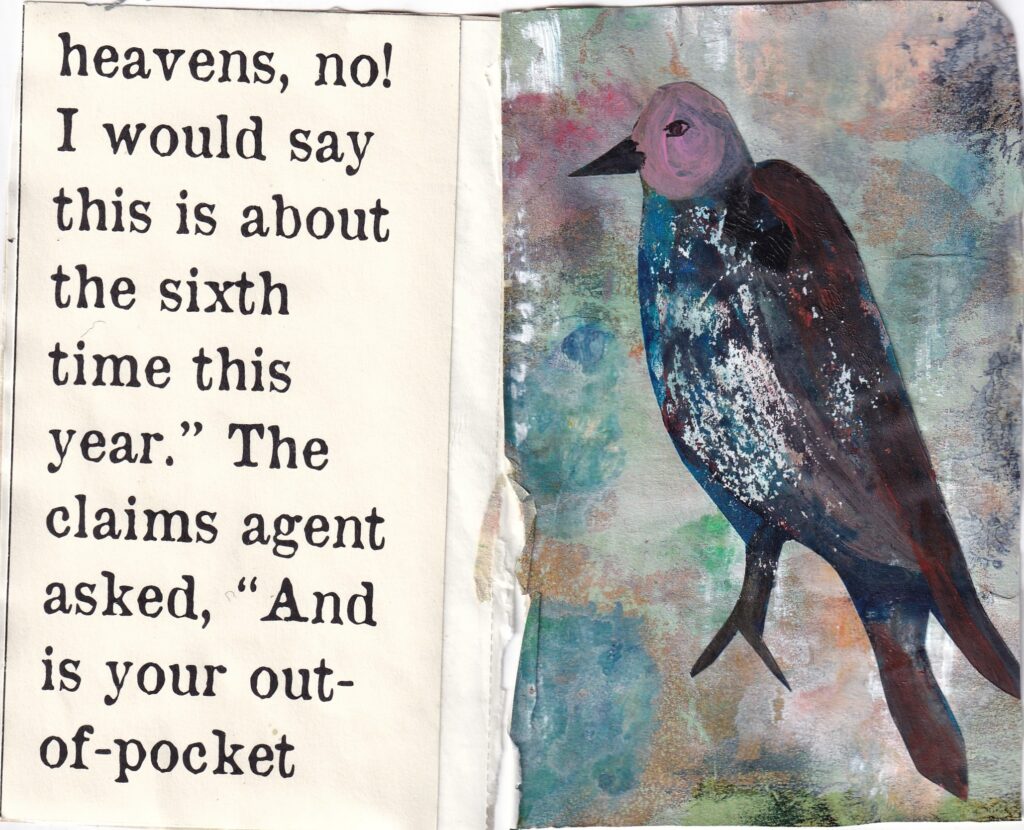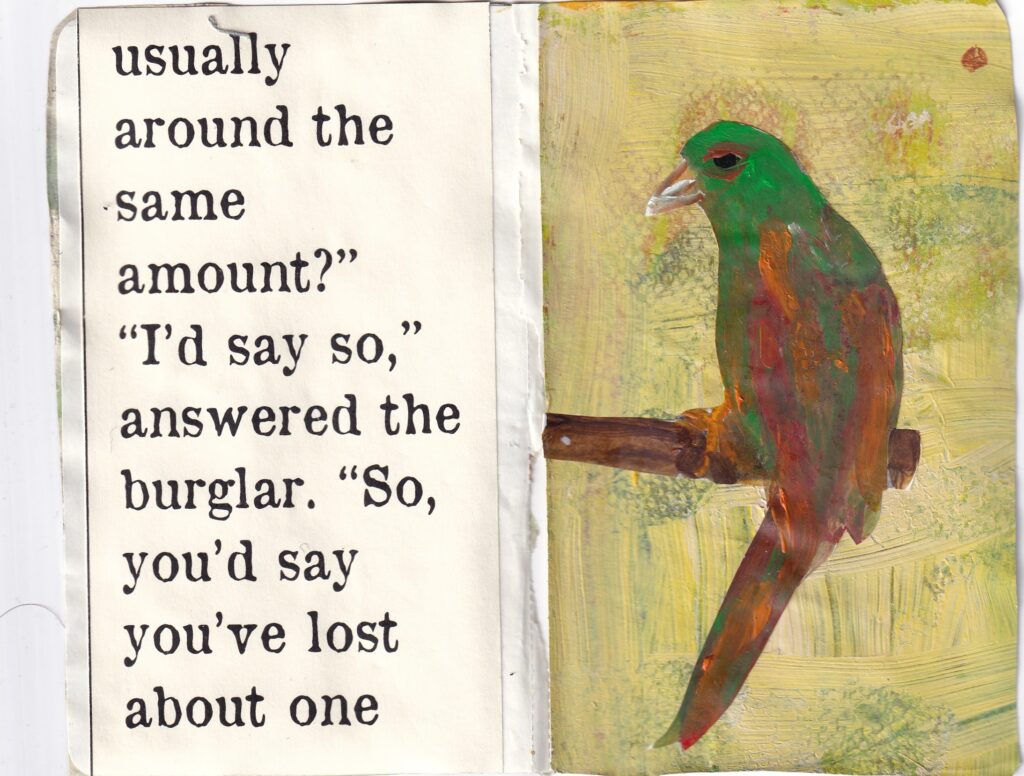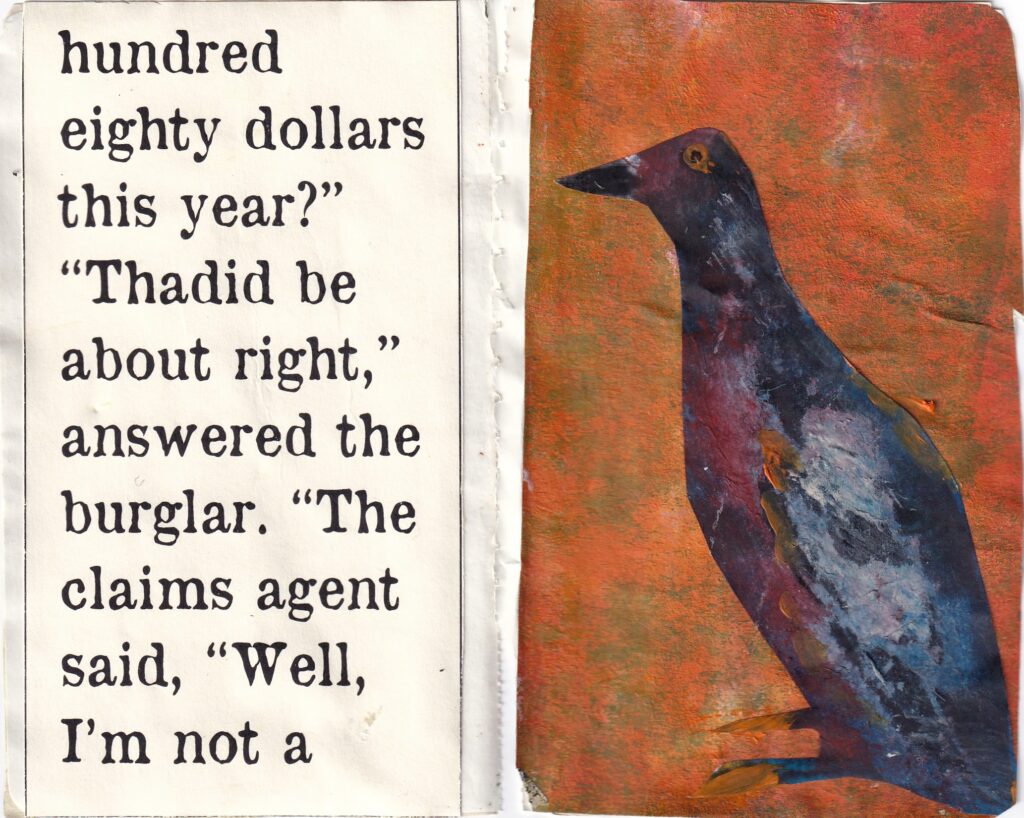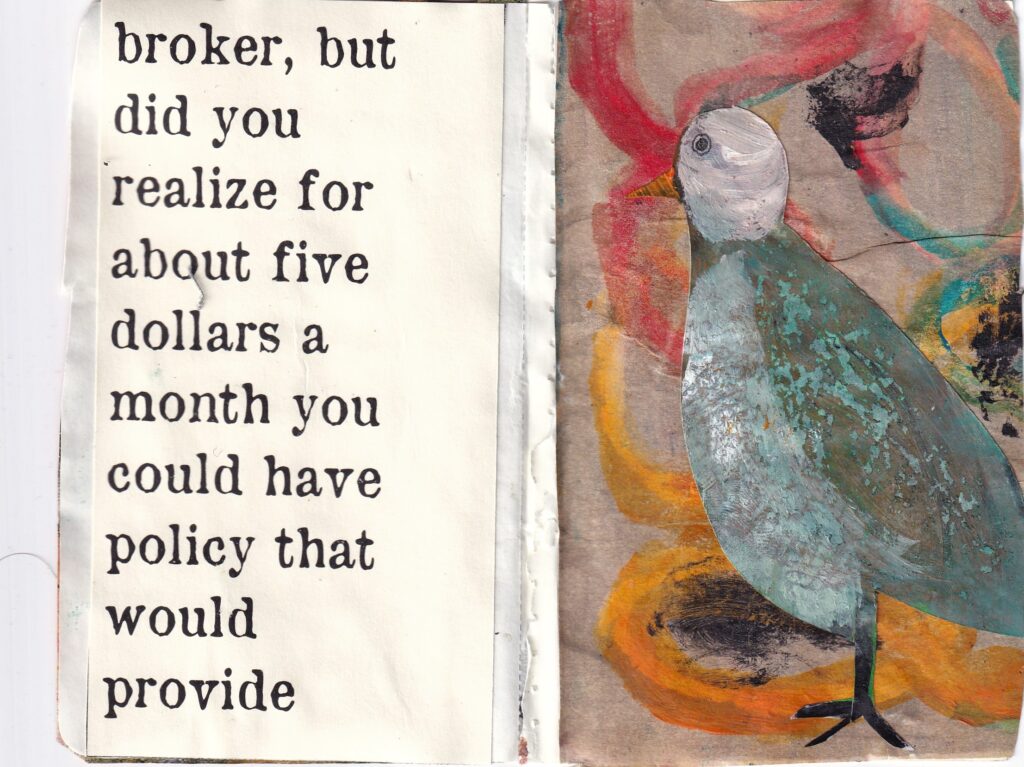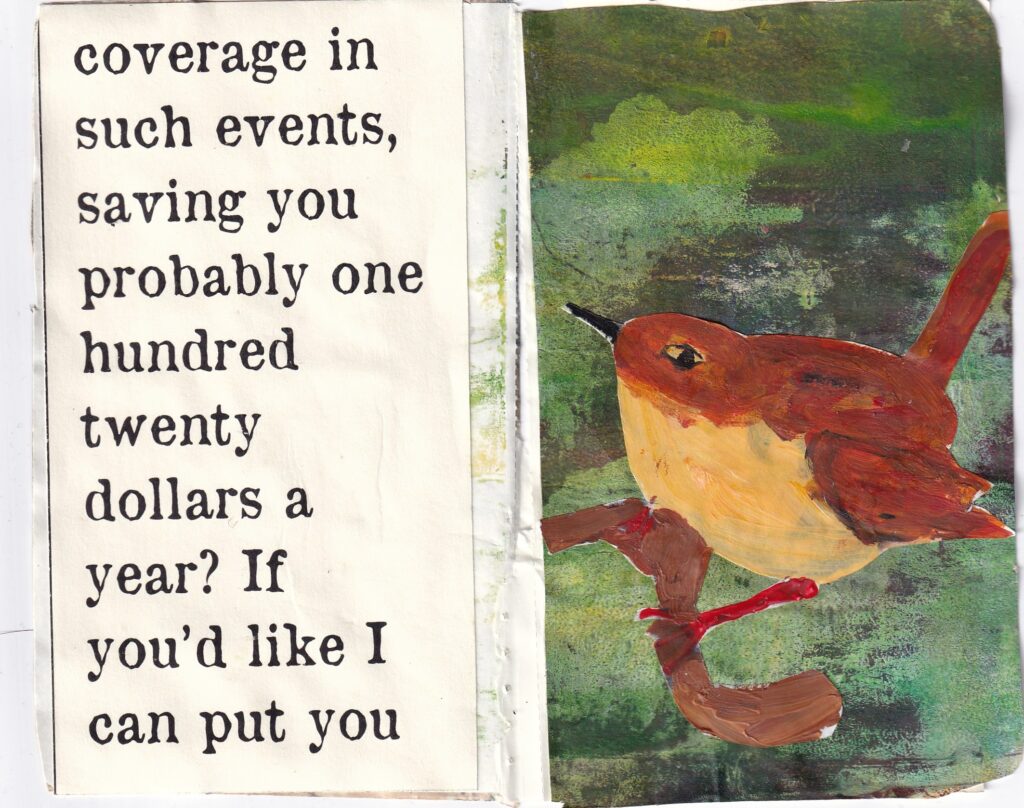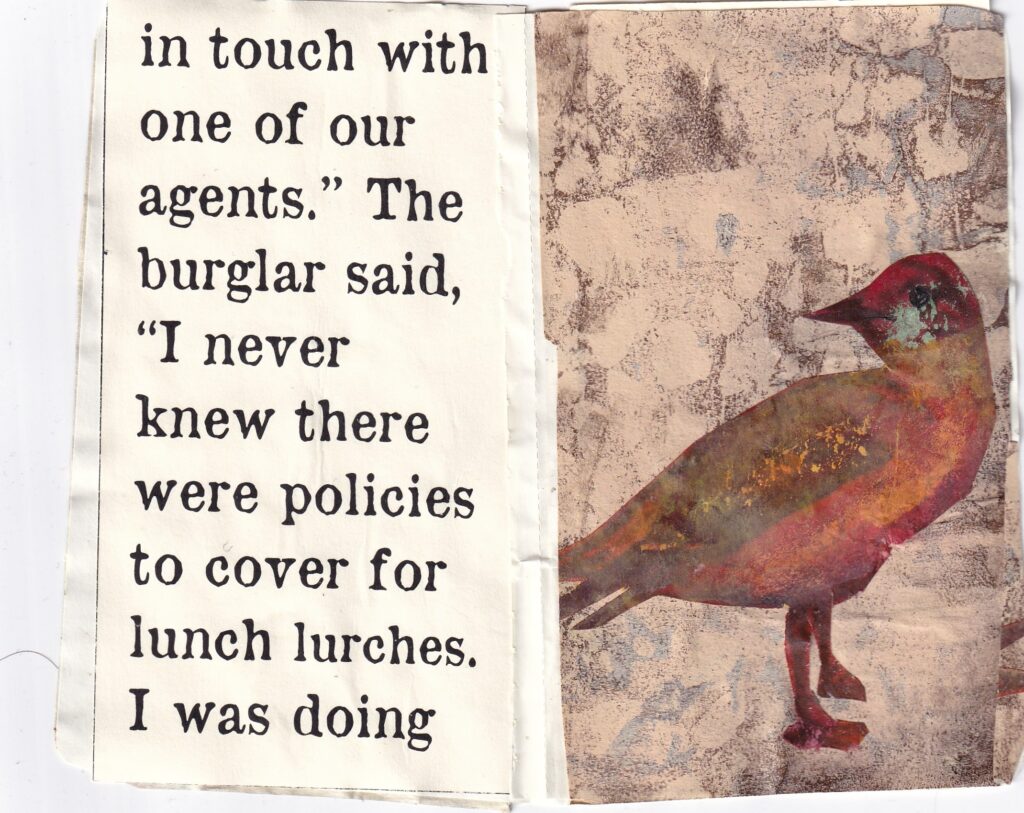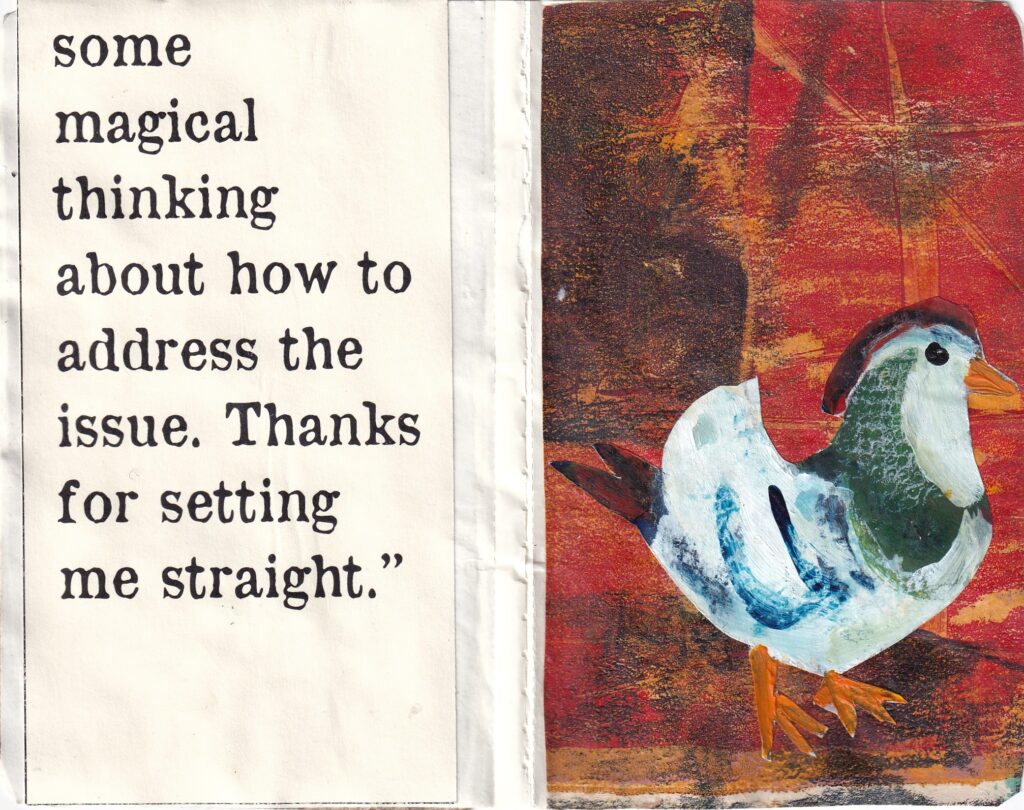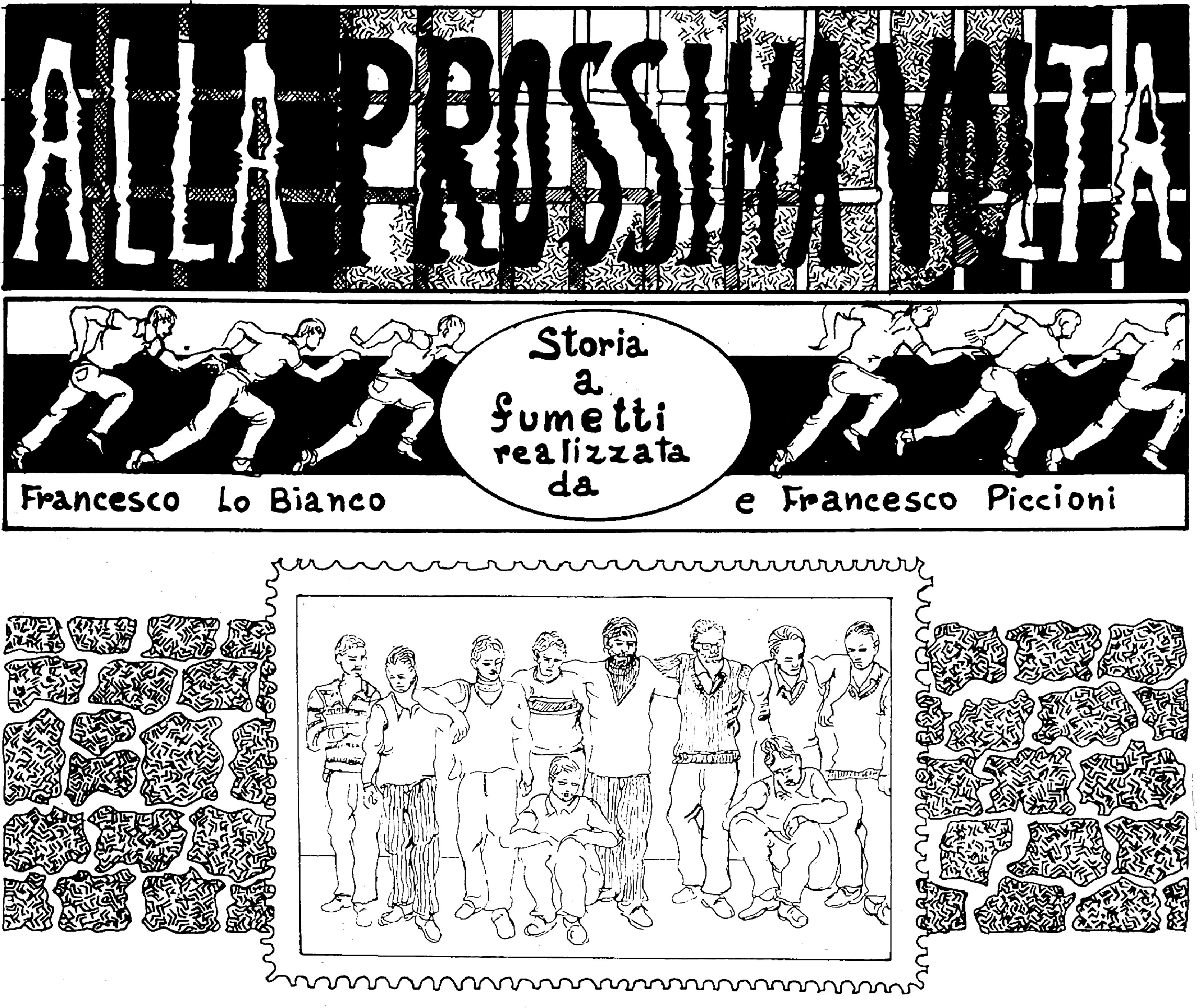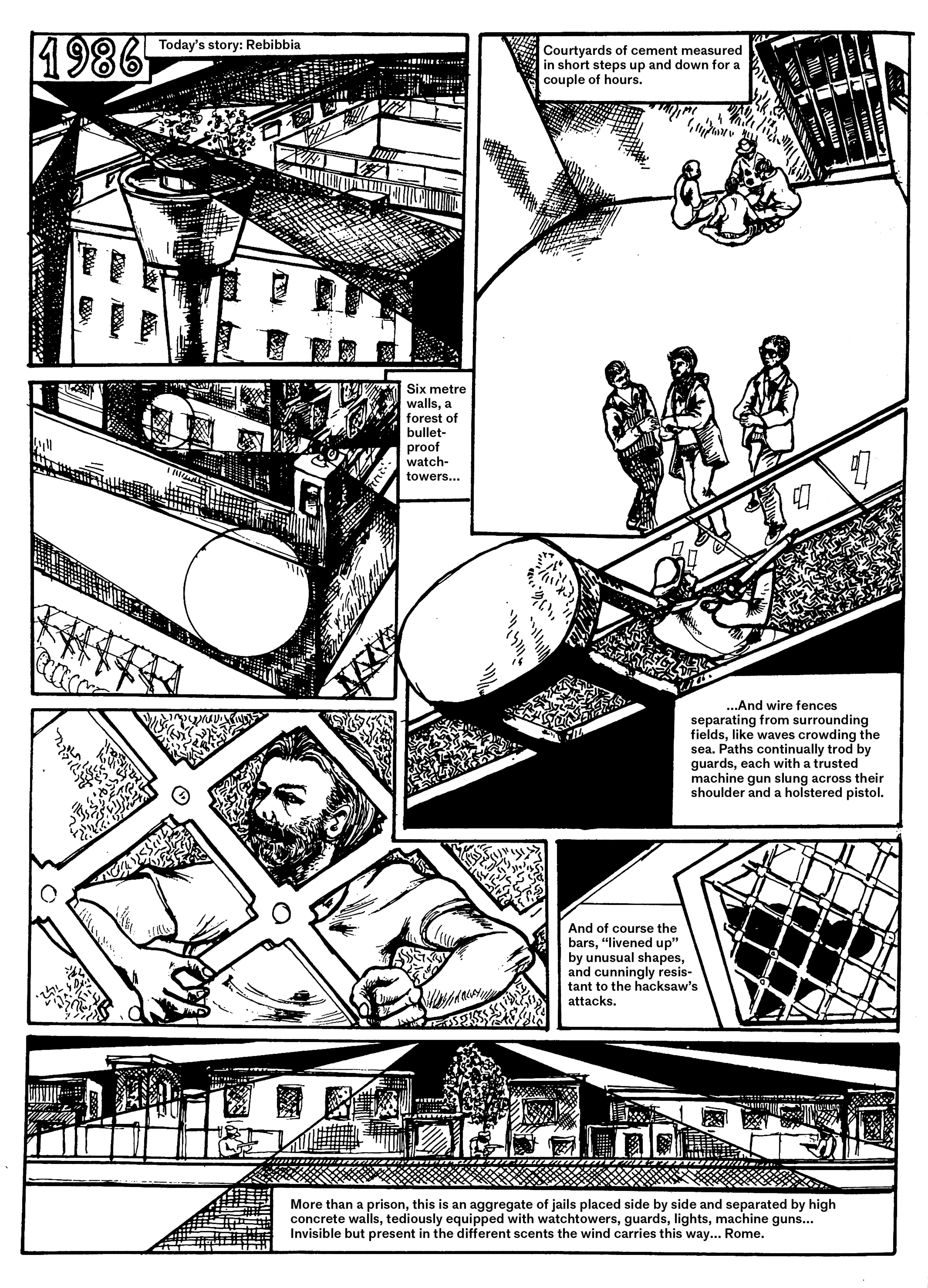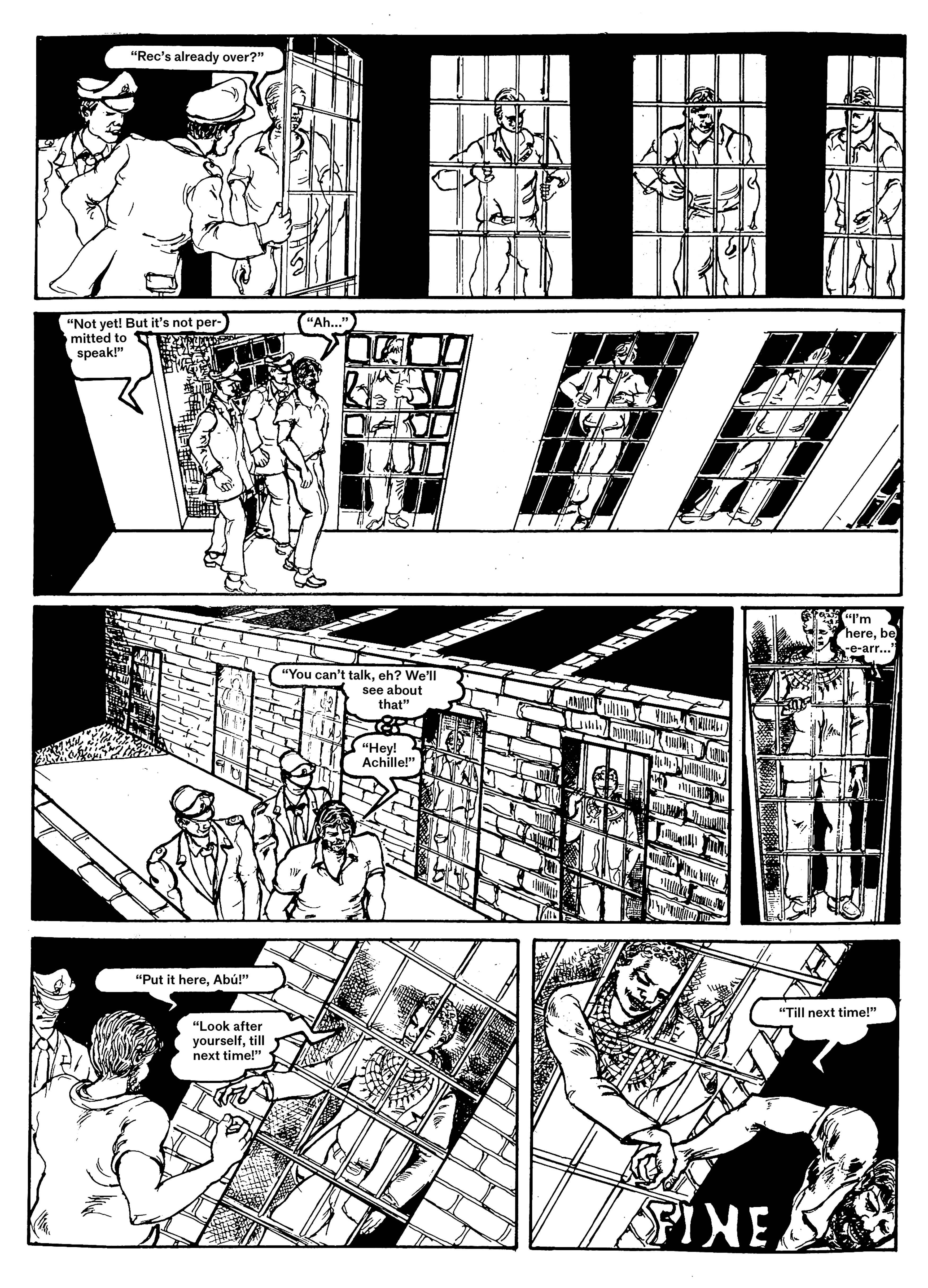More than a thousand people lived in tents at Softex, an abandoned paper-towel factory on the outskirts of Thessaloniki. Surrounding it was a vast industrial landscape of warehouses, truck stops, and junkyards. The narrow road adjoining the camp had no sidewalk, and enormous trucks drove by at speeds that made crossing perilous. But a boy aged fourteen or so named Amar rode a bicycle down this road in wide circles, grinning dementedly at a group of volunteers while refusing to get out of the trucks’ way, leaving our field of vision only to presently reappear from the other direction, each time astride a new bike.
The volunteers from InterVolve had been operating out of a shipping container stocked with supplies to distribute to the migrants in Softex. InterVolve had only been in Softex for a couple of months, since the Greek government evicted the gigantic Idomeni camp at the Macedonian border, and sent its occupants to twenty-two camps scattered across northern Greece. The people currently residing at Softex were mostly Syrian, but there was a group of Algerians at the far end, by the railroad tracks, who were generally feared and referred to as “the Mafia.” InterVolve’s ostensible mandate was to distribute “non-food items,” which is human-rights jargon here signifying diapers, shampoo, soap, razors, and laundry detergent, and very occasionally clothes. They were in some kind of turf war with Save the Children over baby formula.
One Friday the volunteers from InterVolve bought tubes of red, green, yellow and blue acrylic paint and gave it to the kids to paint one of the long outer walls of the container. They’d gotten some men from the camp to paint it white beforehand, which had taken all morning. They didn’t have brushes, so they instructed the kids to put on latex gloves and paint with their hands. They were hoping for a huge mural of child-sized handprints but worried that the kids would just throw the paint at each other rather than beautify the container. This didn’t happen. At first the kids dutifully made handprints, but soon they began to really paint, swirling and smearing the colors around until they blended into a thick, earthy, layered greenish red. Finally, after the kids finished painting and got bored of blowing up the latex gloves into balloons, and after some of their parents expressed their annoyance at the volunteers because the kids’ clothes had paint all over them, and most of them didn’t have a second outfit, everyone left and the container wall looked like a gigantic Gerhard Richter abstract, standing low and incongruous against the desolate landscape of the refugee camp, which was miserably hot in late June of 2016 (and, it being Ramadan, a substantial portion of the camp was fasting until sundown, abstaining even from water).
Military police sat idly near the gate all day. Near the container there was now paint scattered here and there on the layer of hard gravel stones which covered the campgrounds. The gravel was a major source of complaint from the refugees, particularly the older ones, because when they slept all that separated them from the sharp rocks was the floor of their tents and some wooly gray blankets of which MSF had given InterVolve a gigantic quantity. But it was InterVolve that had paid to have the gravel trucked in and laid down in the first place (or perhaps InterVolve hadn’t actually had to pay for this, or for the container, or even its transport, since Nick, the surly, bearded Greek-Irishman who co-founded the organization the previous year with Chloe—a Greek-American woman with whom he continued to jointly run InterVolve despite their recent divorce—owned a shipping company) because even the gravel was better than sleeping on earth that turned into mud when it rained. This lesson had been learned in Idomeni, where most of Softex’s residents had spent the rainy season. One young Syrian man told me that when it rained in Idomeni, “my tent is like a ship.”
***
Sarah, a Palestinian-American volunteer, befriended a little girl named Sham who was two or three years old and almost never spoke. Every day she came to the container of her own accord to sit in Sarah’s lap in the container for hours, mostly expressionless, while Sarah held her and spoke gently in Arabic. Once Sarah took her to the outside of the container and asked what she thought the painting depicted. Sham identified a section of the mural, which had no apparently representational features, as “Daesh” (the Arabic acronym for the Islamic State).
When she finally began talking to Sarah of her own accord one day, it was about her new shoes, which were red and glittery. Sarah was delighted and began asking her, in Arabic, what color various objects were. Sham played along, shyly, but kept confusing the words for red and blue. Mohammed, a twenty-four-year-old Syrian refugee and core member of the InterVolve volunteer team, began playfully scolding her for getting the colors wrong, and another Syrian man joined in, and Sham became silent again. Sarah was furious and told Mohammed he was a bully. He didn’t take her seriously but stopped making fun of Sham.
Another volunteer got Sham engaged in a game where they alternated stacking their hands on top of each other, with the hand at the bottom of the pile going to the top as fast as possible. Sham’s older sister joined in and Sham started smiling and laughing—a rare event. Then Mohammed dropped a stool and it made a loud noise and Sham got scared and distracted and stopped playing.
Two Norwegian volunteers were giving out blankets from the container and a man with tattoos and long hair shaved at the sides showed up and demanded one of the plastic stools the volunteers were sitting on. The volunteers, both women, said they weren’t giving out stools at this time. He got angry and began to shout and threaten them in Arabic, which they didn’t speak. Mohammed, who was translating, finally ended the argument by handing the man one of the stools over the Norwegians’ heads. The volunteers were outraged because they had been denying stools to old ladies who clearly needed them more than this man, who was young, and this set a terrible precedent. They said they’d seen this happen already in Idomeni, where people (particularly men) had learned that they could get stuff by threatening to kill the volunteers.
Mohammed, who had joined InterVolve when he was living as a refugee in Idomeni, said he understood all these reasons, but a chair wasn’t worth getting stabbed over. “I was protecting you,” he said to the women. “He was fuckin’ high,” Mohammed kept repeating, and not in control of his actions. I asked what he was high on. “Could be weed or marijuana, I don’t know,” he said. Later that day I saw the man again in a heated argument with other refugees. As he walked away a switchblade dropped out of his pocket.
***
A major part of the InterVolve volunteers’ task was to wander around the camp and talk to people. The residents of the camp had nothing to do and gladly invited them into their tents for coffee or chai. Some volunteers spoke Arabic and some refugees spoke English, but when neither was the case, the conversation was limited to a few simple and invariable complaints. “Shob, shob,” they would say, making an exaggerated fanning gesture while repeating the word for hot. At this time the sun was unceasingly brutal and shade was scarce. On my second day at InterVolve, I was playing cards with an eleven-year-old boy on a piece of cardboard in the three feet of shadow cast by the Hellenic Red Cross’s shipping container when an old man arrived, demanded we move, and lay down on the cardboard to take a nap. It would be more than a month before InterVolve managed to distribute a fan to each tent and erect five giant wooden pavilions around the camp for shade.
Or the refugees said “namus” and made a buzzing sound, miming a mosquito flying around and then biting them. The mosquitoes were especially bad at night, when the volunteers weren’t there. People had thrown so much trash into the little river running through the camp that it was stagnant, as though dammed. Finally the military “sprayed” it, which made it a little better. Now InterVolve was distributing mosquito repellent cream and afterbite sticks. Because the mosquito repellent ran out faster, sometimes they could only give out afterbite. Later in the summer they supplied every tent with mosquito nets.
***
Eid al-Fitr began on July 6, a Wednesday. InterVolve’s plan was to distribute one set of clothes to each child in the camp under the age of thirteen by Tuesday as a holiday present. The Arabic-speaking volunteers had undertaken a survey of the whole camp to ascertain the number of kids in each tent, and their genders and clothing sizes. Such a survey had to be conducted anew before any large-scale distribution of things the refugees desperately wanted, because people constantly moved from one tent to another, or brought family members from other camps, or left Softex for another camp or to attempt to be smuggled to Macedonia (usually to return soon afterward, sometimes having been beaten by border police).
The volunteers spent Tuesday morning in InterVolve’s warehouse, ten minutes’ walk from Softex, sorting the children’s clothes into sizes and genders and then bagging them for each individual tent. As we drove back into camp to distribute the first load of clothes, a huge column of black smoke became visible from behind the old factory building. We drove around back and discovered a tent was on fire. A soldier advised the volunteers to leave the area, and we did. When we got back to the warehouse, the volunteer coordinator answered a phone call and learned a woman had been stabbed. When we went back to the camp, large groups of men were walking around brandishing sticks. The eleven-year-old I played cards with (and at whose request I’d also bought a chess set for the kids to play with) told me there had been a fight between Arabs and Kurds. I made him promise to stay safe and away from the fight but I later saw him walking with a group of solemn, angry Arab men in the direction of what seemed to be its center. Other volunteers saw groups of men holding their hands behind their backs as they walked, indicating that they were holding knives. A few Kurdish women got into taxis and left the camp. Someone said the fight had initially been over a stolen cell phone. Someone said a second person had been stabbed. For the most part the camp’s inhabitants didn’t say much about what was going on; when asked, they just repeated the word “problem” in English. Police arrived but stood by and did nothing, which by all accounts was their usual practice. Two reporters from a local news station pulled up in a car and walked in the direction of the camp with camera equipment as I was leaving. InterVolve had pulled all its volunteers out of the camp. The distribution of the kids’ clothes was postponed till the next day.
A week later, Bushra, a Palestinian-American InterVolve volunteer, was asked by someone from the military if she’d mind translating for some soldiers who were interviewing the camp’s residents for a photography exhibit the military was organizing. There were two of them: Chris, a twenty-six-year-old Thessaloniki native who was finishing his nine months of mandatory military service, and Alexander, the photographer, who’d been in the army for fifteen years. Bushra led the two of them around the camp, sometimes introducing them to people. Both soldiers were very friendly, smiling at everyone they spoke to. They had a very inefficient interviewing process: Chris would ask Bushra a question in English, then she’d ask it again in Arabic, then give him the answer, at which point he would translate it to Greek for Alexander, who didn’t speak English, before spending a long time slowly writing it down in his notebook in silence. Chris’ questions inevitably yielded uninteresting answers: he asked for people’s names, whether they had studied anything at home, where they were hoping to go from Greece.
They interviewed Samir, the seventeen-year-old manning the stand where falafels were sold for a euro,while he first rolled a stack of pita breads, then artfully tossed them from hand to hand and cooked them on an upside-down pan over a flame. His family was in Sweden, he said, so he wanted to go there if he could. He eventually hoped to open a bakery.
Chris didn’t know what falafel was; Bushra explained.
They talked to a thirty-four-year-old former swim teacher who used to work for the Syrian government. Bushra translated: “He wants to go anywhere where his kids will be happy because it’s too late for him to be happy now.” The lines sounded canned. He took them to his tent for a photo with his family. The adult women either didn’t want or weren’t allowed to be in the photo, so only he and the kids were photographed.
Chris told Bushra he had graduated architecture school and hoped to soon emigrate to Sweden, or Scotland, where his brother was a dentist. His mother died when he was sixteen. His father had cancer; Chris was now caring for him and planned to take him with him when he left Greece. Chris seemed very interested in Bushra, and discussed “the American dream” with her. Bushra had just completed her sophomore year at UC Davis, where she was a member of Students for Justice in Palestine. When she told him she was interested in studying sustainable development, he exclaimed, “Come here, help us, please!” with his arms open wide above his head. He interviewed her, and Alexander photographed her in an open field, a sea of tents behind her across the stagnant creek.
Mohammed, a former schoolteacher, asked to be interviewed. He was here with his wife who was six months pregnant. On the inside wall of the old factory building, where he slept, he’d written a poem in huge letters, in imperfect English, about the hardships of refugee life. The soldiers decided to stage a photo of him writing in his notebook. Everything around him was dark; he was framed in sunlight writing at a table under a window. But Alexander used a flash, which I thought would ruin the photo. My friend Morley, who was standing behind Alexander and could see the digital viewfinder, later said the flash revealed how dirty everything was.
They asked a man if he knew what was on his T-shirt. He said no; like most of the clothes people wore in Softex, it was donated. Chris thought this was funny and explained to the man that he was wearing the insignia of an elite special forces unit of the Greek military.
More and more refugees desperate to tell their stories demanded to be interviewed. Besim, who sometimes helped out InterVolve volunteers (and once jokingly proposed to me in exchange for a green card), squatted by the outer wall of the factory building and insisted that the soldiers join him, saying he wanted to tell them everything. When Chris seemed hesitant, Besim, who was always laughing, told Bushra to tell the soldiers he didn’t want them to think he was laughing at them. He used to work in a flour business. He was here alone, hoping to reach Holland. He complained about NGOs who he said exploited refugees by having them tell their stories: the NGOs used these stories to get donations, but the refugees who had told them never saw the money. Besim’s brother was fighting in Syria and his father was sick and old and in Turkey. He told Chris that many refugees suffered from depression and PTSD. Sometimes he saw something on the floor and couldn’t pick it up for fear it was a bomb.
***
Chris interviewed me, too. I said I was a student at an American college which had awarded me and Morley a grant to spend the summer in Greece volunteering in camps and writing about the refugees. I wanted to interview Chris and he agreed to meet me in Thessaloniki. But I couldn’t get a hold of him until two months later, once he was already out of the army. He explained why he had been unreachable: After a coup attempt in Turkey in July, he was stationed on an island in the Aegean and forbidden from revealing his location to even his family.
It turned out that for much of his service he’d been the driver for a colonel whose job had been to inspect and coordinate between the twenty-two camps in Northern Greece. It was the colonel who had suggested that Chris do the interviews in Softex; now Chris was not sure if the photo exhibit would actually happen (it was awaiting government approval). The colonel, he said, was committed to helping the refugees. “‘We have to help them’—that was his phrase,” Chris said. It had been an honor to work for the colonel. He was the greatest person Chris had met in the army.
Chris and the colonel would visit refugee camps and survey the residents to learn about their needs: lights, clothes, food, water, toilets. Chris would write this down and the colonel took the information to his chief. In the course of conducting these surveys Chris saw people “totally destroyed from the war.” He was particularly affected by meeting a man who’d lost all his brothers and sisters. This made Chris imagine life without his older brother, the twenty-nine-year-old dentist in Scotland.
Chris said everyone in the army believed in freedom and rights. Soldiers eagerly volunteered to join any assignment that involved helping children. They thought the kids should go to school, that they deserved the chance to make their families happy. But “without money you can’t help enough,” Chris explained. “If they have money, they should not have them in all these camps.” They should be in buildings, in houses, but the army couldn’t be doing any better given the amount of money they had. For one thing, “there aren’t enough soldiers for the camps.” There were six refugee camps around Thessaloniki and only three army camps.
***
The reason Osama Arowani’s mouth looked how it did was that he was once arrested in Syria—he didn’t say why—and spent forty-eight hours in jail. Back then his beard had looked different, he explained, and on account of his resemblance to Saad Hariri, the former Lebanese prime minister, his jailers hit him in the face with the butt of a rifle. This was why most of his front teeth were false, pointing strangely inward. Otherwise he was lanky and handsome, sitting on the ground of his tent smoking a cigarette while I interviewed him and his family through a translator.
Osama left the Syrian city of Hama with his wife and two daughters because he’d been conscripted by the government, and didn’t want to join the army because three of his friends had been killed on the frontlines. In July, having spent six months in Greece and $2,300 on getting smuggled here, he decided he wanted to return to Syria, despite lacking a plan for how to do so. He said the Greeks treated their dogs better than the refugees. The refugees were like cowshit. He pointed at his daughters and asked what mistake they had made.
Earlier that day his wife Fatima had gone to Softex’s UNHCR representative and threatened to kill herself if they weren’t moved to an apartment (as was sometimes done for “vulnerable cases”). She was twenty-four years old, pregnant, and diabetic. They showed me her medical records, tattered but carefully preserved forms filled out in Greek and English, with MSF letterheads. She almost never left her tent because she got fevers and had terrible vision, symptoms of diabetes which were only made worse by the hot sun. They’d been trying for a long time to find somewhere better to live. The Greek government had offered to move the family to a different camp, two hundred kilometers away; they refused. Fatima said they didn’t survive the sea to be in tents; they came because they heard these were humane countries. Another time, some Spanish volunteers had found a house for them to live in for a month, thirty kilometers outside Thessaloniki, but the owner’s vacation ended sooner than planned and they only spent a week there. Still, these volunteers were the only people Osama said had ever helped them. The NGOs in Softex and the UN were both “useless,” he said: “We are dying slowly and nobody cares about us.”
Their seven-year-old daughter Lara, who wanted to be a doctor, had five friends. She pointed to the neighboring tent and named the ones who lived there. She didn’t regularly attend the school that InterVolve had helped establish because her parents said that rude people lived in that part of the camp, but she had been to class a few times. I asked what she had learned there. Before she could answer, her five-year-old sister Houda interrupted by shouting the ABCs at me. Then she started counting in Greek.
As our interview ended, the power cut out and the fan that InterVolve had given them switched off.
***
The tents in Softex were grouped into three clusters which InterVolve volunteers had named after Sesame Street characters. Bert, the only indoor section, was the former factory building, and more or less unbearable until InterVolve installed industrial fans and mosquito zappers in the ceiling in midsummer. Bert and either Kermit or Ernie—I don’t remember which one was which—were separated from the road by a fence whose gated entrance was guarded by the military. The third section was behind Bert, accessible from the front entrance only by a bridge crossing the ditch that ran through the entire camp. Beyond it were railroad tracks and then in the distance the protruding flare stack of an oil refinery. The tracks were in active use and on one occasion some refugees robbed a freight train that passed through. For days afterward InterVolve confiscated bottles of hair spray, which had apparently been among the loot. The only arrests I know of that were made in Softex during the three months I spent in Thessaloniki were in connection with this heist.
Journalists were not officially allowed into military-run camps; anyone except a resident of the camp was required to produce identification and a permit from the military (given mainly to volunteers) in order to pass through the front gate. In practice those who could convincingly pass for a refugee could walk right past the guards, and anyone else could come in through an unguarded hole at one end of the fence, or enter the camp from the back, which had no fence at all, and was only separated from the nearest road by a field. From there it was a twenty-minute walk to the main highway into Thessaloniki.
Not far from the camp was a prison. In August, Morley and I walked by the prison due to an accident: we’d missed the bus stop for Softex, and decided to get off and walk back rather than wait for a bus returning to the city. We were going to the camp because we’d just heard about an ongoing hunger strike at Softex. Someone had discovered that the croissants the military had been feeding the refugees (the vast majority of whom were Muslim) for breakfast were cooked with lard.
We reached the prison without knowing where we were going; we’d been walking down the road for a while in what we hoped was roughly the direction of Softex. The prison’s proximity to the camp and its presence in a landscape of interminable vacant fields and scattered construction equipment struck me as surreal, so I pulled out my cell phone and took a photo of the prison. Within a minute or two a car pulled up out of nowhere and three prison security officers emerged to inform us we weren’t allowed to take photos here. I offered to delete the photo but they confiscated my phone and ordered us to wait by the side of the road while they requested backup. They took our bags and the contents of our pockets; three police officers showed up to question us, then two more to take us to the precinct, where we were again searched and questioned.
Then we were told to wait in a different room, apparently someone’s office. In order to go to the bathroom we had to all go together. After a long silence, I asked our guard’s name. He looked startled and almost embarrassed by the question and immediately said he had nothing to do with our being detained. But we talked to him for the next hour. His name was Dimitris. He was in his early forties, had been a cop since he was nineteen, and seemed profoundly beleaguered. He complained that crime was up, and also that, due to the police force’s incomplete digitization, he now had to fill out all his records twice, on paper and online.
Dimitris believed the reason people stole and killed was simply that they had to eat, and he was sympathetic to Albanian and Georgian immigrants who committed crimes for this reason. He also sympathized with the Syrian refugees because they were fleeing war. Although he thought prime minister Alexis Tsipras was “in his own world” and making promises he couldn’t keep, he considered all Greek political parties to be the same, and ultimately equally powerless. His ire was trained most directly at former police officers who had been able to retire in their forties—a cutoff he’d just missed before recent reforms forced him to work another fifteen years—and were living off the present workforce.
After being detained for six hours, Morley and I were let go without a fine. When they gave me back my phone I found that the photo of the prison hadn’t been deleted.
***
It took almost an hour to get to downtown Thessaloniki from Softex by bus. For those who couldn’t afford the one-euro fare, it was two hours’ walk. Women and children from refugee camps almost never went to the city. One of the few occasions I saw on which they did so in large numbers was when an NGO called the Social Solidarity Clinic organized a concert by the city’s port featuring Syrian musicians, and sent buses to the many camps surrounding Thessaloniki. It was a Sunday night, in a park at one end of the long promenade by the sea, where at all times of day and night one could find buskers, strolling couples, groups of students smoking joints and hand-rolled cigarettes, tourists (mostly from other parts of Greece) taking photographs, and North African immigrants hawking electronics. At the other end of the promenade was the White Tower, which was a Byzantine fortification and then an Ottoman prison and now the city’s most recognizable monument.
The air was cool and the mood joyous as the sun set and the buses arrived from camps all over the city. A crowd formed by the water because someone was in it. Hands reached out toward the swimming body and he climbed onto the dock only to jump straight back in as a joke. When the music started, groups of young men danced dabke, holding hands in long lines and performing complicated footwork in step. Mohammed, the InterVolve volunteer, was sweaty and exhilarated. He knew all the songs but hadn’t heard music like this played live for four years, since he left Syria for Turkey, where most of his family was now. “It’s our music; we know how to dance to it,” he told me before being pulled back into the dance.
Hasan, an eighteen-year-old from the Frakapor camp, which primarily housed Syrian Kurds, wasn’t as enthusiastic about the music, but still seemed happy to be there. “Kurdish music, best music,” he explained; the performers were playing Arab songs. He was in a group of five boys whose ages ranged from sixteen to twenty, all of whom were on a soccer team together at their camp. Their arms were loosely draped over each other’s shoulders as they spoke to me, looking at each other for approval when they answered my questions. Hasan was the best English speaker in the group but didn’t know the names of the positions they played, so he drew them on a map of a soccer field in my notebook to explain. He was boyish and handsome and a little shy but liked the attention and the opportunity to demonstrate his English. The words “THA BOSS” were written in marker on his knuckles.
He said his girlfriend was still in Syria because her father wouldn’t leave. Hasan was worried about her and talked to her daily over WhatsApp. When I asked what her name was, he blushed and said his friends would make fun of him if he said it.
Many spectators had stumbled on the event while walking along the waterfront and didn’t know it had anything to do with refugees. When I told a pair of Greek college students I was writing about refugees, they said neither of them had ever seen one. I pointed to the crowd behind them and said everyone in it was a refugee. They smiled uncomfortably. One of them said to the other that he had told him so.
Fights broke out as the night wore on. Each time a commotion was heard, a crowd of men formed out of nowhere and swarmed rapidly toward its source. I didn’t see anyone get hurt. A middle-aged white woman, probably one of the volunteers, jumped into the fray, shouting in English to random men, “Stop them!” and clapping her hands to get people’s attention. Everyone ignored her.
At some point it became apparent that the buses hadn’t been sent to Softex as promised. The InterVolve volunteers who were present had come on their own, and were furious at the Social Solidarity Clinic. Parents in the camp had arranged for babysitters for their kids so they could go; the women had gotten dressed up.
Across the street from the park, after the concert ended, I met a group of seven or eight drunk middle-aged German men wearing straw Cuban hats with ribbons and matching T-shirts. They were drinking little airplane bottles of liquor. They hadn’t seen refugees, either. One said his little town in Germany seemed to have more refugees than all of Greece. They were here for a bachelor party; one of them was getting married soon. Another asked me if I could stand on my head.
***
One day in July Morley and I were at a restaurant, seated at a table on the sidewalk, when a seventeen-year-old from Softex we knew named Mohammed walked by with his friend. Mohammed spoke English with near fluency and volunteered in the camp for the Red Cross. He looked much younger than his actual age. His friend Deyar was eighteen and wore a backwards baseball cap. Deyar lived in the city with his family, in the apartment of a Greek woman who’d taken them in. Mohammed told us he often took the bus to the city to hang out with Deyar. I asked what they did for fun; Mohammed replied, “Look for bitches.” They told me Deyar once “got some” (but didn’t have sex) by telling a Greek girl he was American.
Morley asked them what they thought of the volunteers.
“Assholes,” Deyar said immediately.
Then, maybe remembering that we were volunteers, they hedged: only some were assholes. But some, Mohammed said, were only here to prove that they were humans. “We are humans! We are humans!” he mockingly chanted, waving his hands in the air.
Deyar said the only difference was that the volunteers wanted to be here but the refugees didn’t.
We struck up a friendship with the two of them, and began to see them around town; downtown Thessaloniki was dense but small enough that you saw the same people all the time, especially in summer, when the university students left. Within a couple of weeks, everyone in Deyar’s family except him was smuggled to Germany. It would take him another two months, and many attempts, to successfully join them. In the meantime he enjoyed his freedom by staying out late and wandering around the city with Mohammed, who lived with his mother and younger sister in Softex. The boys were obsessed with sex and spoke of women in vulgar terms (“big-booty bitches” etc.). Mohammed’s handle on WhatsApp was “the lost refugee.”
***
For ten days in mid-July, a group of several thousand activists, mostly anarchists, from around Europe staged “No Border Camp,” an occupation of the campus of Thessaloniki’s main university. They slept in tents and broke into the classrooms of the philosophy and law schools to host lectures, workshops and panels, as well as outdoor concerts, plays and performances. In protest of the existence of borders and nations, they invited refugees from the nearby camps to participate. Mohammed and Deyar naturally gravitated toward the event but retained their entertaining cynicism when asked about it. Deyar thought it was ridiculous that volunteers who he knew for a fact to have apartments were sleeping in tents, like refugees in a camp. He said they were “acting,” trying to be “humans.”
Deyar, who was Syrian Kurdish, had lived in both Damascus and a smaller city east of Aleppo. In Damascus he heard gunshots every night; in his hometown he often felt the whole ground shake after bomb blasts. Once he was traveling back there from Damascus and encountered fighting between ISIS and government forces. He was terrified and ran away.
One night there was a performance of Coriolanus at No Border Camp, in Greek. Deyar and I watched it together. He mock-translated the dialogue for me from a language neither of us knew, scripting extempore an elaborate drama about a cheating wife. A confrontation between two men onstage became a fight between two friends over a woman who was standing off to the side with another man, who Deyar said was her brother, protecting her, insisting that neither of the other two could touch her.
On the same day, I asked Mohammed if I could interview him. He refused and gave three reasons why: first, he didn’t like cameras (though I didn’t have one); second, “I like to be mysterious;” and third, no one would listen if he told his story. I said no one listens if you don’t say anything. Immediately he asked: Who was listening to the Kurds who want their own country? And who was listening to Mohammed’s people, the Palestinians, who’d been fighting for seventy-five years? Mohammed’s family was expelled from Palestine in 1948, and his grandfather had lived in a refugee camp.
***
Mohammed volunteered for the Red Cross as a member of their “hygiene promotion” team alongside Noor, a friendly, easygoing young man who lived in Softex. Noor explained to me that their duties consisted of monitoring the toilets and sinks with a clipboard and checking boxes next to the names of people who washed their hands, as well as cleaning up when people shit on the floor. Recently he’d caught a kid in the act of doing this, presumably just to piss Noor off. He grabbed the kid’s arm, but the kid’s father saw this and started beating Noor up. Noor tried to explain to him that his son had shit on the floor. The dad said next time he hoped he’d shit in Noor’s mouth.
Mohammed was first chosen by the Red Cross because of his fluent English, but he didn’t actually use English in his work with them. I asked him how being a volunteer for the Red Cross had changed his status among the other refugees. “They think we’re criminals, we’re thieves,” he said. “It’s shit, to be honest.” People were jealous. I asked if he was paid. He refused to answer, and became touchy, then insisted he’d do the work even if they didn’t pay him and that he might even do it better if not for the pay.
The Red Cross volunteers who lived in the camp were supervised by a soft-spoken Ismaili Muslim named Ali Ahmad. They spent much of their free time in the large white Red Cross tent, idly chatting or listening to music. They ate a meal together for Eid al-Adha, meat and rice from the military which they cooked on a portable stove in the Red Cross tent with their own chopped onions and spices.
Ali told me the only protest he attended in Syria was at a funeral at a cemetery at the bottom of a big hill (they called it a mountain but it’s not, he said). The mourners were shot at by police. He remembered bullets landing just feet from him. Someone died. Another man had a bullet pass clean through his neck, in one side and out the other—Ali mimed—but miraculously he was fine. It bypassed everything important. Then a couple months later, the guy died in a car crash.
At the time I was friendly with the Red Cross volunteers, they were all male. But in late August, when I taught English lessons at a community center in downtown Thessaloniki, I learned that one of my students, a forty-year-old woman named Haima, had until recently lived in Softex and been part of the Red Cross volunteer team. When I mentioned I was friends with Mohammed (the teenager), she said he’d scolded her for visiting No Border Camp. I tried to apologize for him, saying he was arrogant but young. She laughed it off and credited it to Arab views about women.
When I met her in a cafe to interview her, she was reading a book in English called Sex, Politics and Society by Jeffrey Weeks, which she’d picked up at the nonprofit where she received English lessons. Her English was good but, I would have imagined, hardly sufficient to read an academic study on the history of sexuality. She was only a few pages in but what she’d already read was carefully annotated. She’d been using Google Translate to understand it.
She was Alawite, from a village in the north of Syria where before the war she’d spent two years working for a newspaper, conducting interviews about “social subjects.” She started thinking women should be free when she was young and saw her mother being oppressed by what she called the “male mentality.” Her father was good to her mother, but “habit” made him conform to male mentality. So Haima started to read widely, particularly philosophy and psychology. Her brothers responded to her views about women with sarcasm, as did her sisters, who she said were “more closed than my brothers,” because “women in our culture have more male mentality than men.” They just wanted to make men satisfied; they saw their suffering as happiness. Around this time Haima also became an atheist.
Once the war started she couldn’t do anything she wanted, and spent all day reading. She had a job typing up books for a university library and made enough money to get to Turkey. There, she worked for three months sewing in a shop with fifteen other people to pay to be smuggled to Greece by boat. The boat trip was “the most terrible journey” but she enjoyed the view.
She came to Greece expecting “another life, freedom”; she wanted to learn to play the piano, study psychology, and someday write about her journey from Syria. But on arrival, she found less freedom than she’d had at home, where she’d had friends who didn’t wear the hijab. “It’s so dangerous” to be a woman in a refugee camp, she explained, because of the threat of rape. (A female InterVolve volunteer told me the women she’d spoken to didn’t leave their tents at night even to go to the bathroom for fear of being assaulted.) Haima said no one in the camp respected her, because she didn’t wear a hijab, and because she touched and hugged and laughed with her male friends, and because she didn’t pray (she explained that Alawites believed it was acceptable for women not to pray because they were the property of men who could pray for them and take them to paradise). Men would “try to touch” her and women wouldn’t let their husbands talk to her because she was an “easy woman.” A few of them eventually changed their behavior when they realized she spoke English and could help them.
I learned from Ali Ahmad, who was more than a decade Haima’s junior, that the two of them had met on their first day in Greece. Both lived first in Idomeni, then Softex, and both were from minority Shiite sects. Haima said they became as close as a brother and sister. But their friendship ended when she began working for him. She put this down to the fact that she was a woman; Ali said she wasn’t good at being part of a team.
***
Once, when I ran into Mohammed in Softex, he explained to me that I was an American spy whether I knew it or not, because I was investigating things and writing it all down in my notebook (he pointed).
Later he took to calling me and Morley “fuckin’ racist Americans.” If we asked why, he said simply, “Because all Americans are racist.”
One evening in late August Mohammed and Deyar called to ask me where I was, demanding that I send them a pin with my location. I was working at a cafe and they soon showed up and started talking about their lives. I learned Deyar had tried to leave Greece fourteen times in total. Some of these attempts were by air: a smuggler gave him a fake passport with the understanding that Deyar’s family would pay him back if he succeeded in making it to Germany. This is how his mother got there. Before that, they had tried several times to cross via Macedonia through the jungle. Some of these attempts were by car, if the smuggler had one; others were by foot. The last time they tried, they walked for sixteen days until his mother broke her foot near the Serbian border. They had to call the police for help, knowing they would be sent back.
By a wild coincidence, Deyar’s family and Mohammed’s father both happened to be living in the German city of Hanover. But Mohammed’s father was still awaiting asylum, while Deyar’s family had already received it. Mohammed’s father wouldn’t let him and his family get smuggled out, insisting that they rely upon the official relocation process. This was because they didn’t have enough money for fake passports (which cost thousands of euros); if they left, it would have to be through the jungle. But Mohammed said if it were up to him he’d try.
At some point in the conversation, Mohammed abruptly began speaking in a pantomime of broken refugee English, and started to tell me a story about something that had happened at the camp. “Big problem yesterday in Softex. Big problem,” he said, mixing Arabic and English, exaggerating his accent, as though frustrated by his inability to adequately convey what had happened. In faux exasperation, he switched completely to Arabic and made Deyar translate while he recounted in bits and pieces a fight he said took place the day before. When Deyar’s translation was inadequate Mohammed would scold him and insist that he relay exactly what Mohammed was telling him.
Mohammed said one of the guys who sold cigarettes and other small merchandise from a table in the factory building had a sister who hung out with another group of guys. Angry about this, he insulted one of their sisters: “Fuck her.” They came by and grabbed him. The man whose sister was insulted slapped him across the face even though a friend was telling him not to. Mohammed, meanwhile, was just eating peanuts in a corner watching the ensuing fight. The man’s table of wares was destroyed. He got vibrations in his brain and wound up in the hospital.
Ten minutes into the story Deyar got fed up and said he was done translating. Still in character, Mohammed shouted at him in Arabic that they were paying him to be a translator.
I didn’t know if the story was true but I gradually came to realize Mohammed was performing a satire of an interaction he understood well, one between refugee and journalist mediated by Arabic-speaking translator. The refugee tailors his story to appeal to the journalistic obsession with violence, and plays up the childlike innocence of the peanut-eating observer.
Finally Mohammed dropped the act, lost the accent, and said everyone in the camp thought of her as a whore.
A few weeks later, Deyar was successfully smuggled to Germany and reunited with his family. Around the same time, some journalists from the New York Times stopped by the Red Cross clinic at Softex and Mohammed called them “fuckin’ racist Americans,” and they hired him as a translator.









